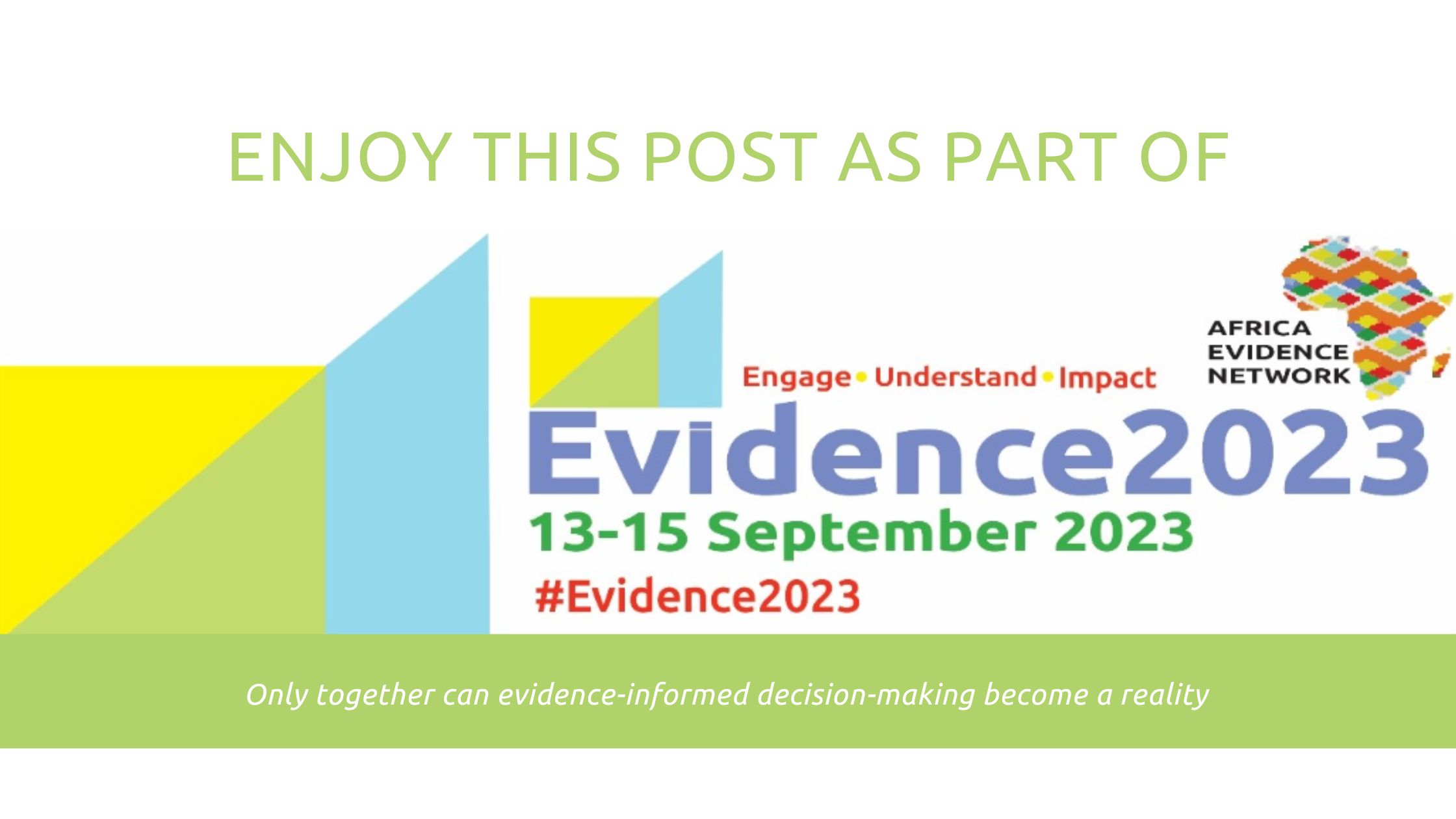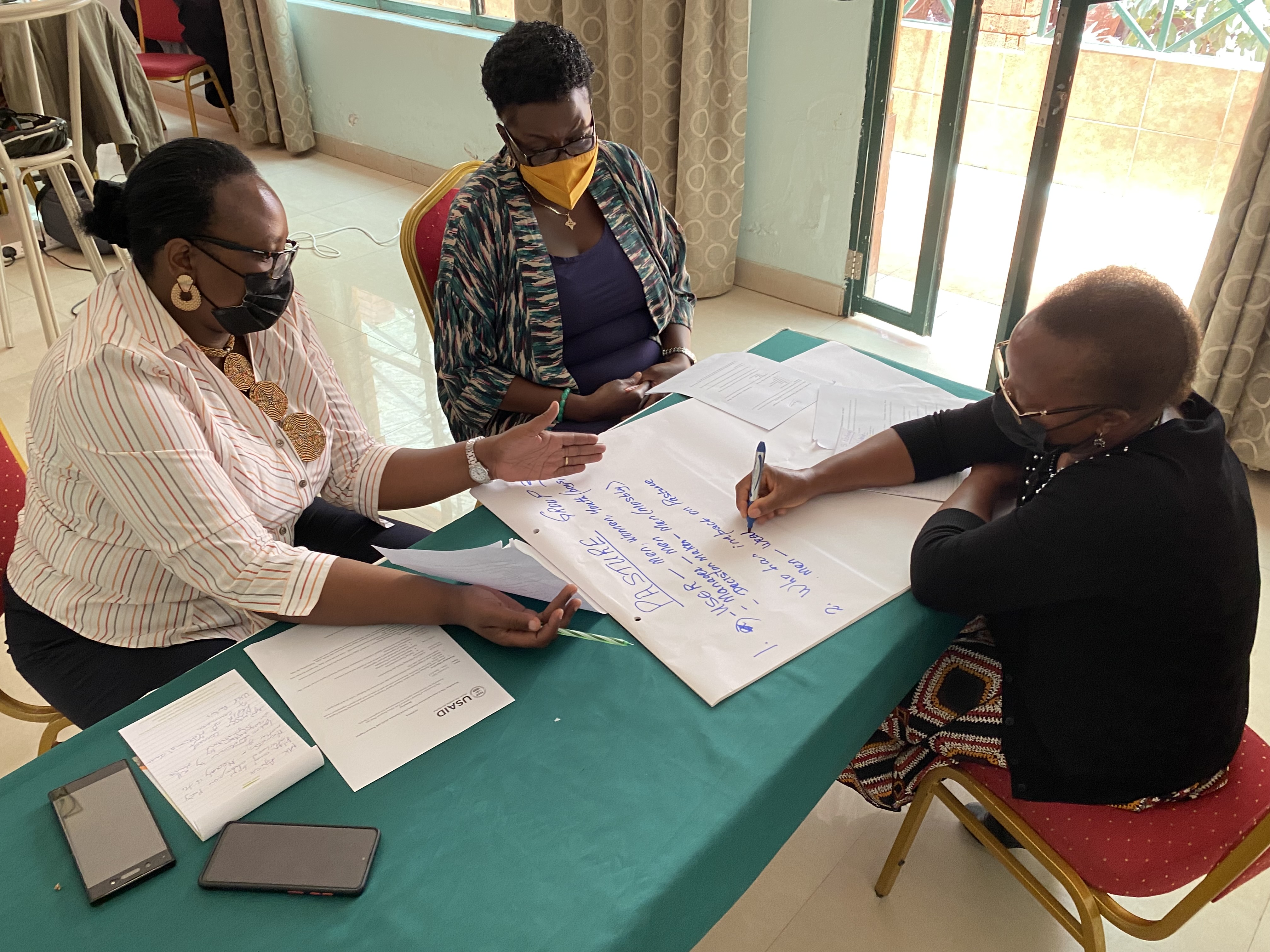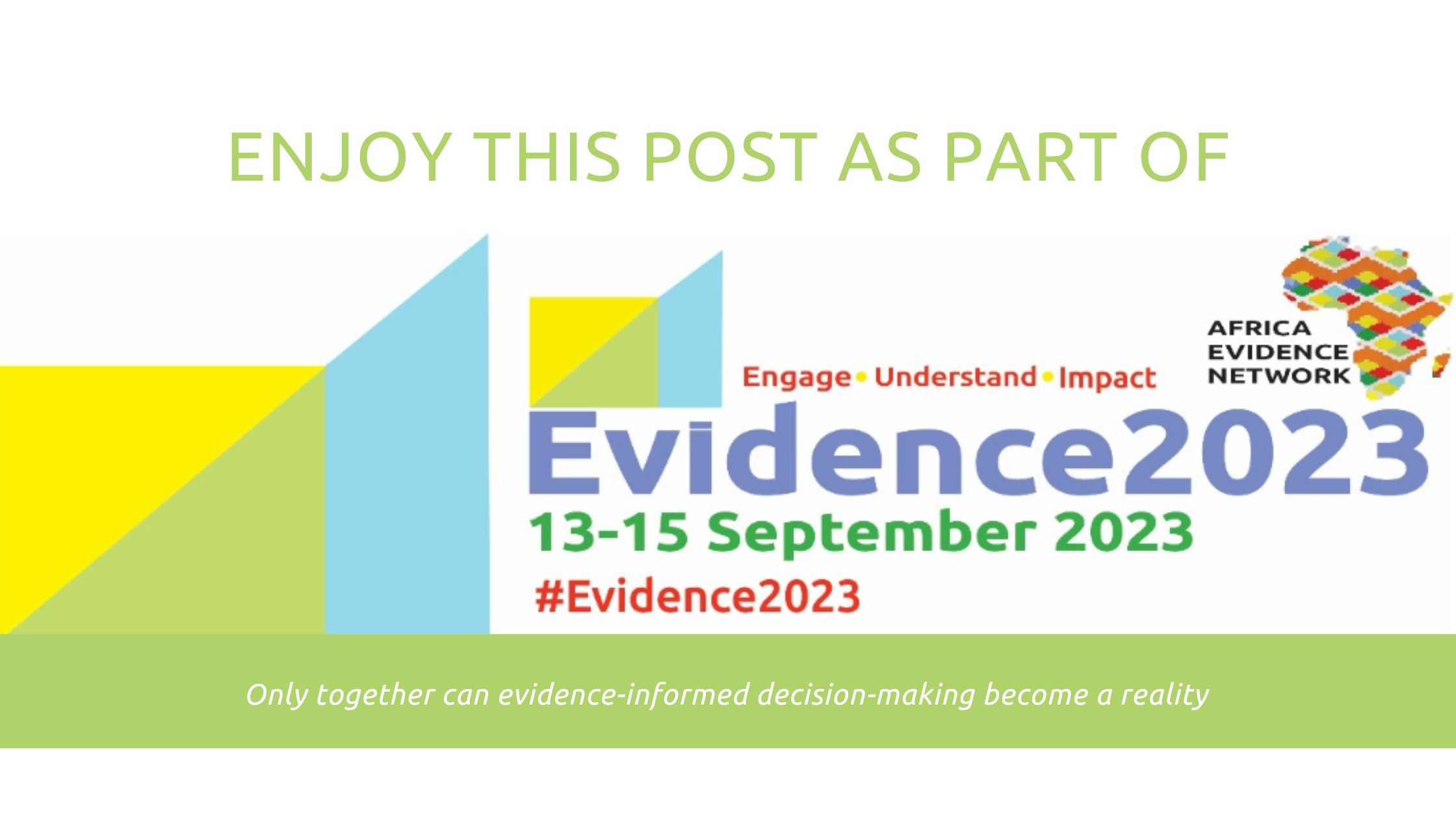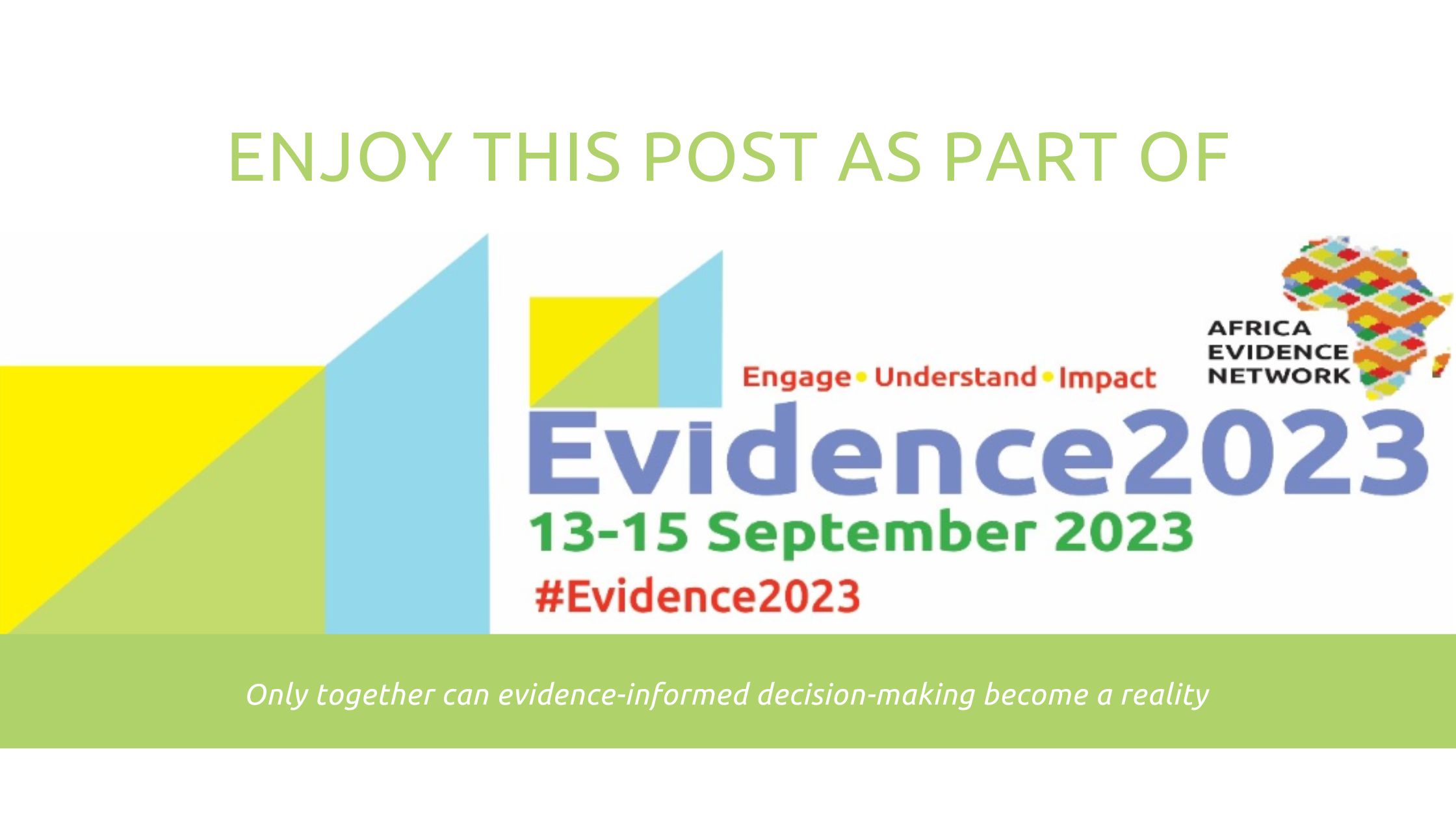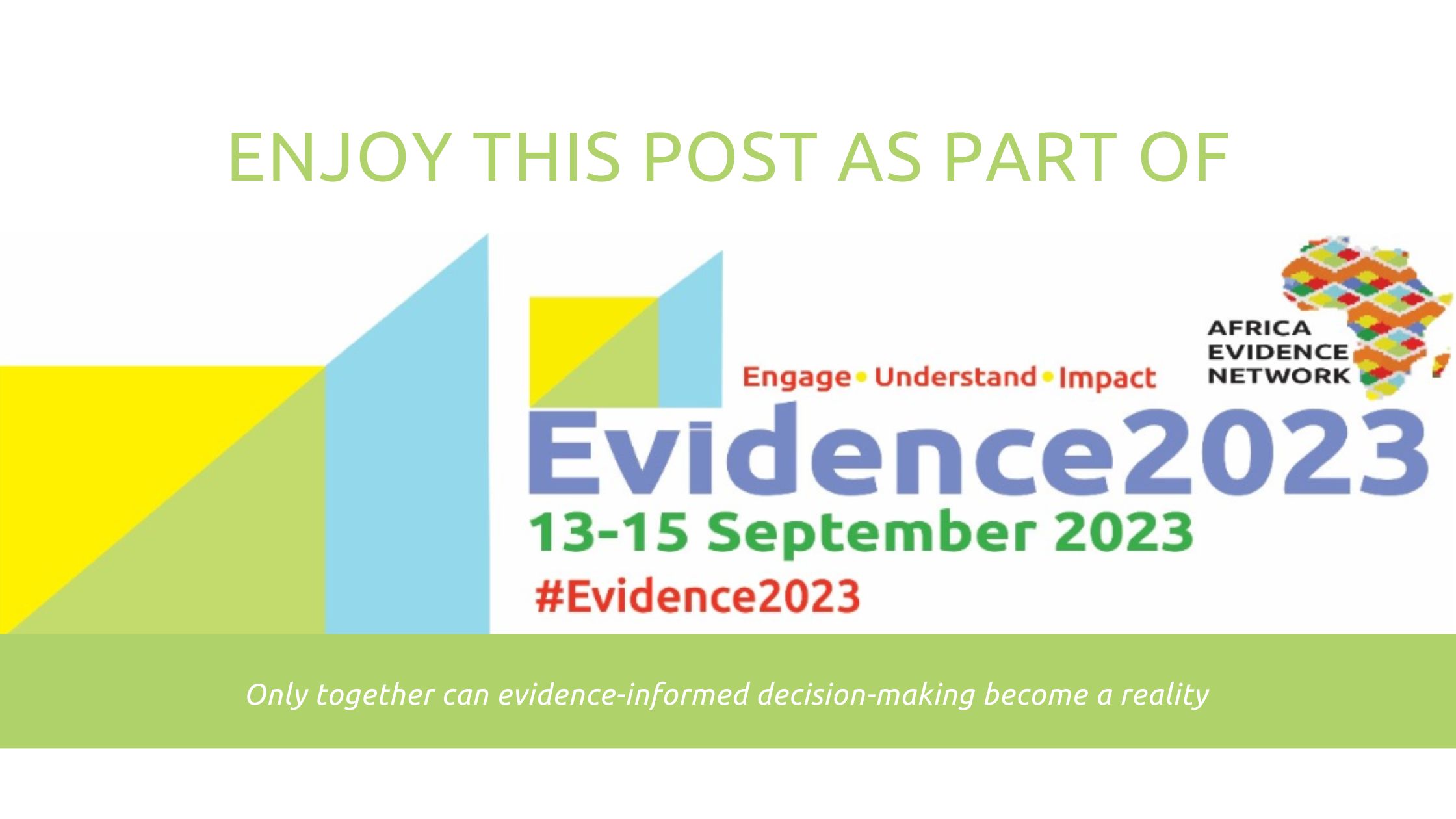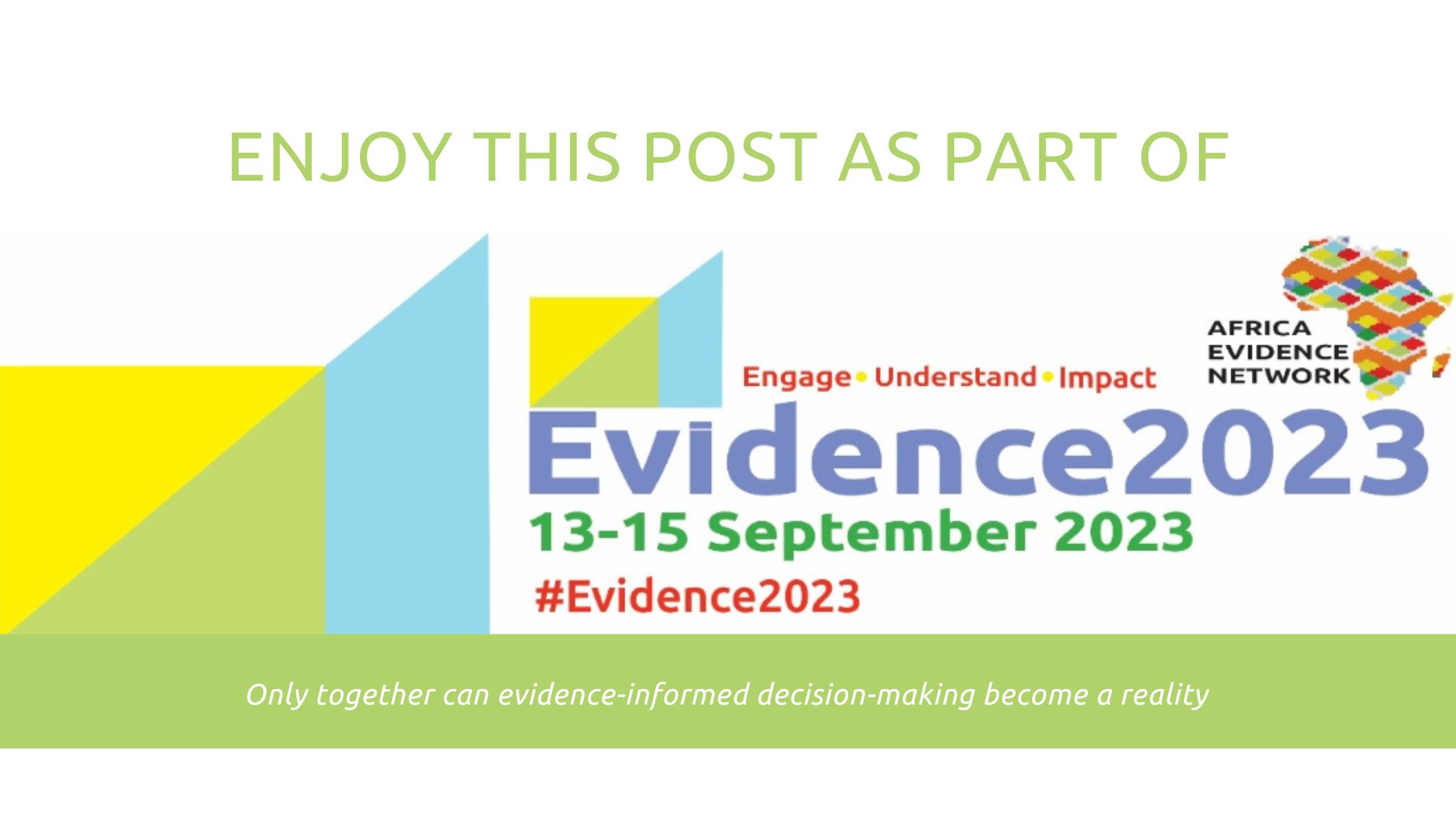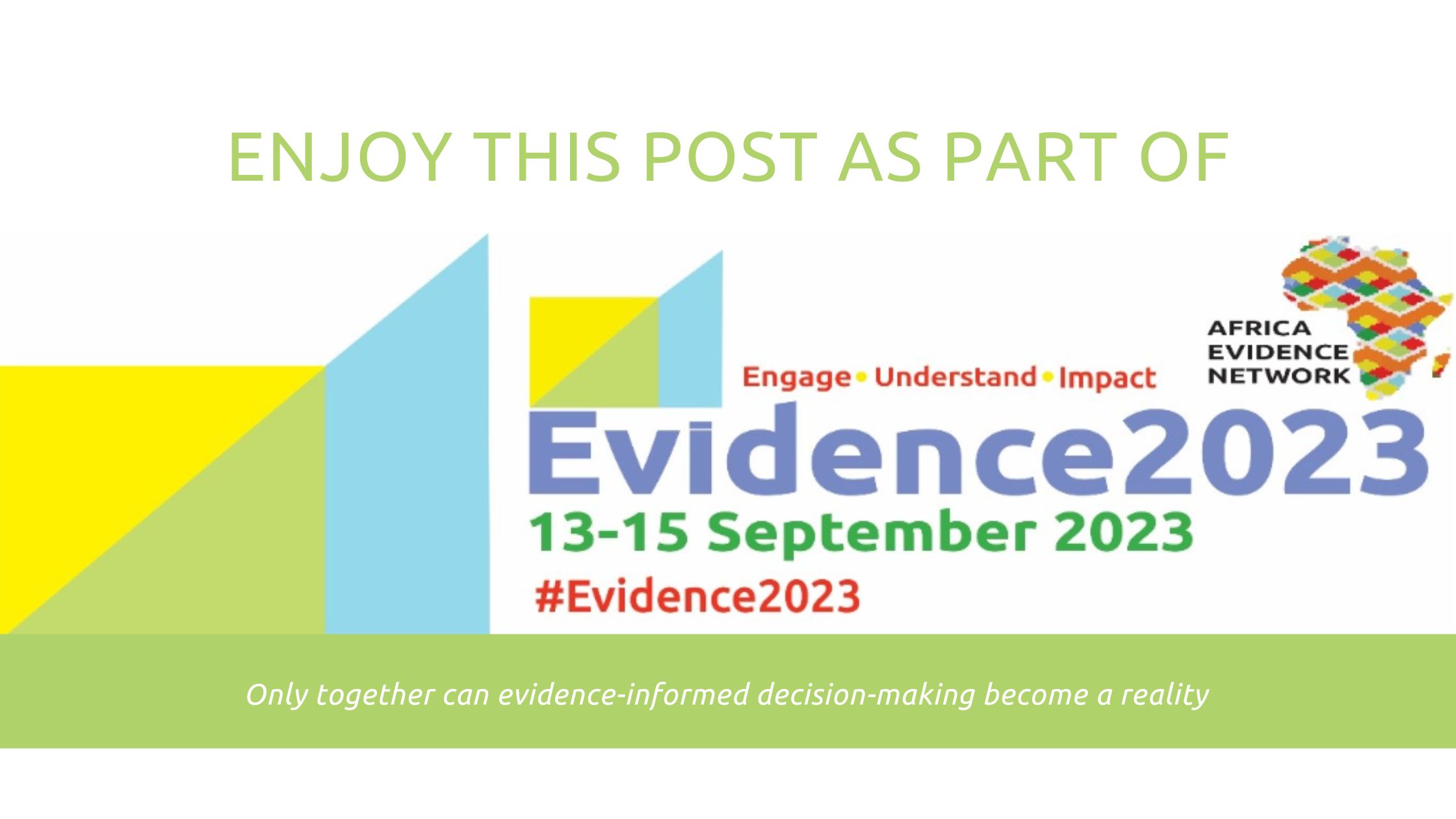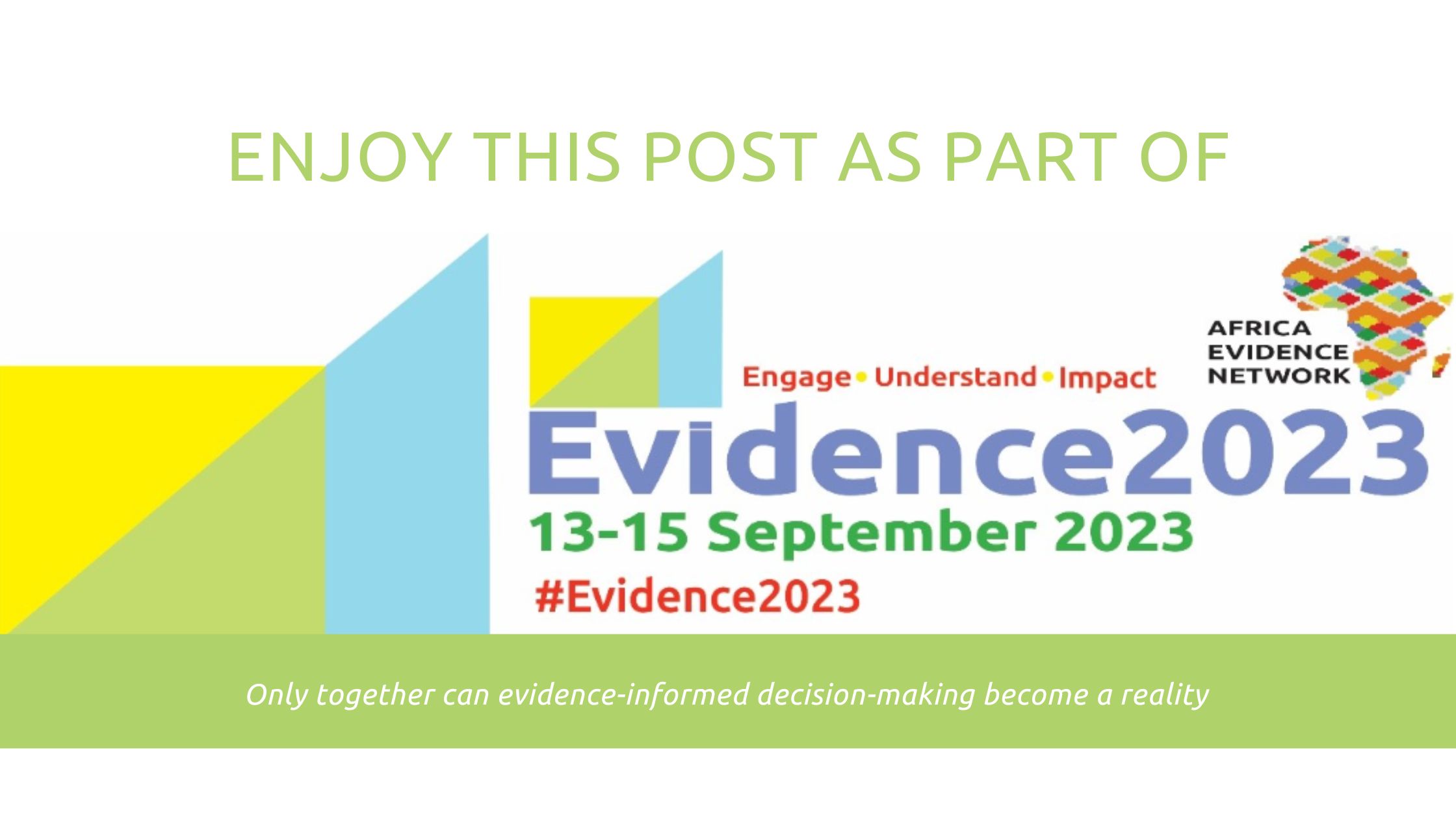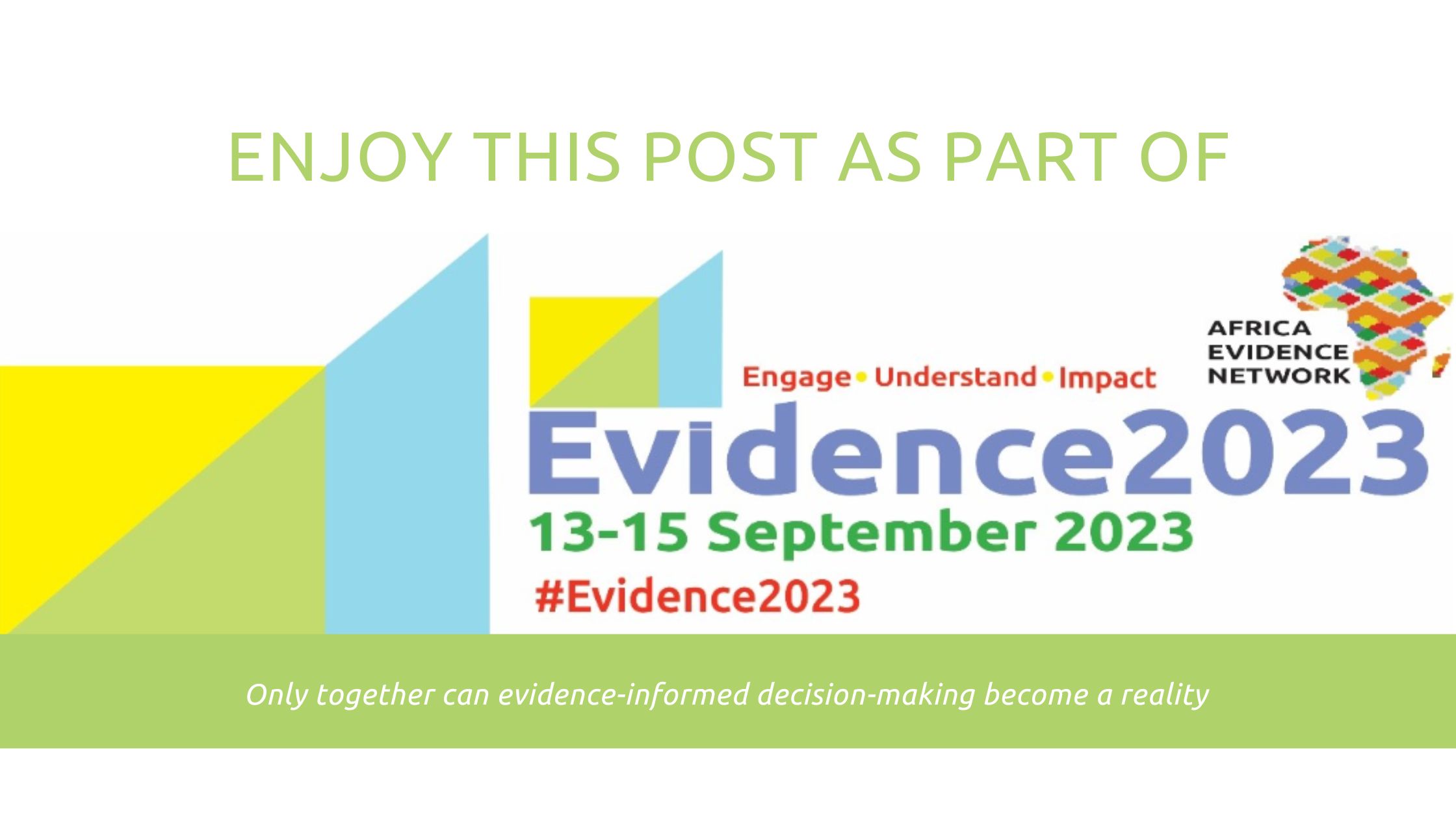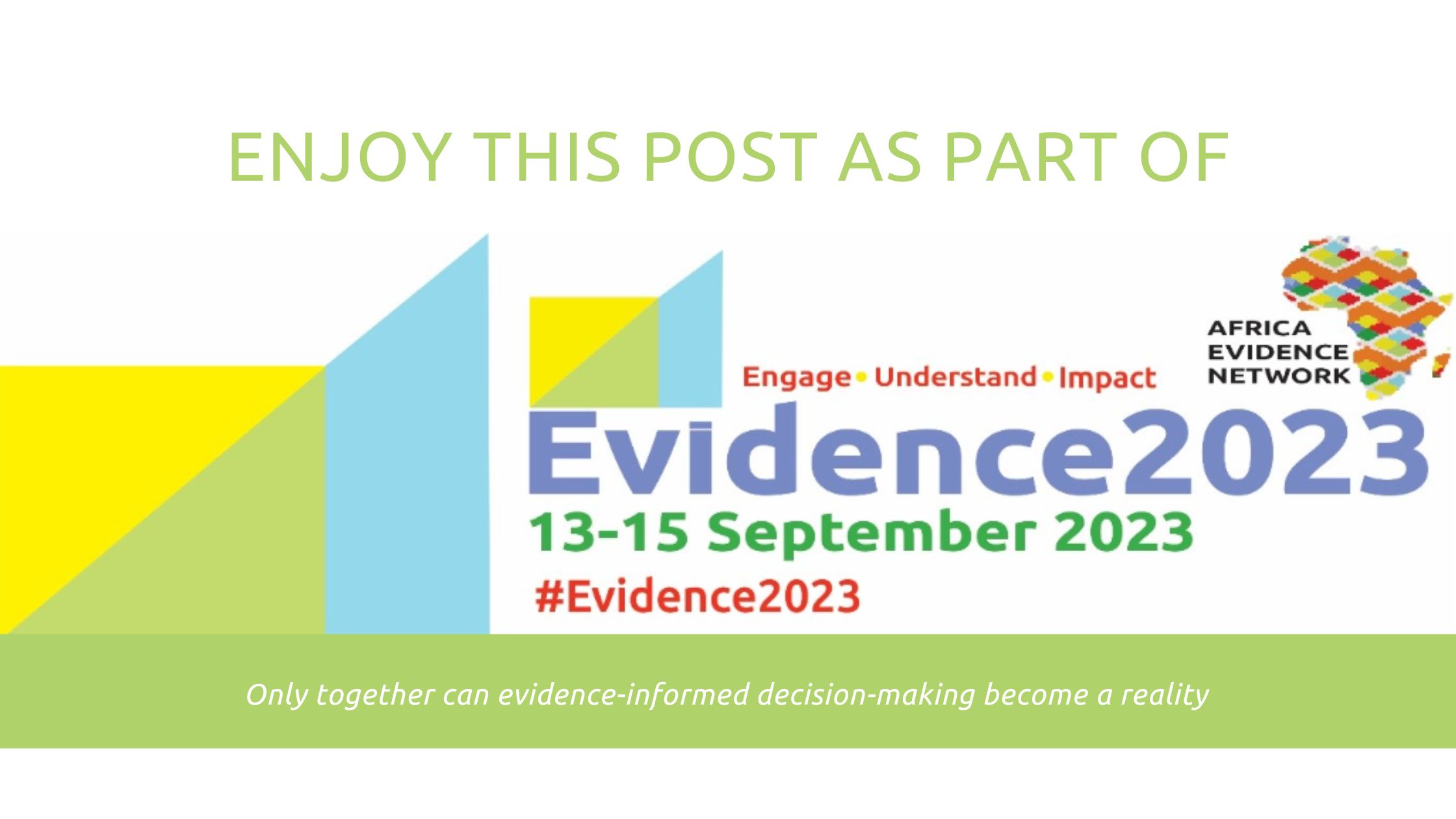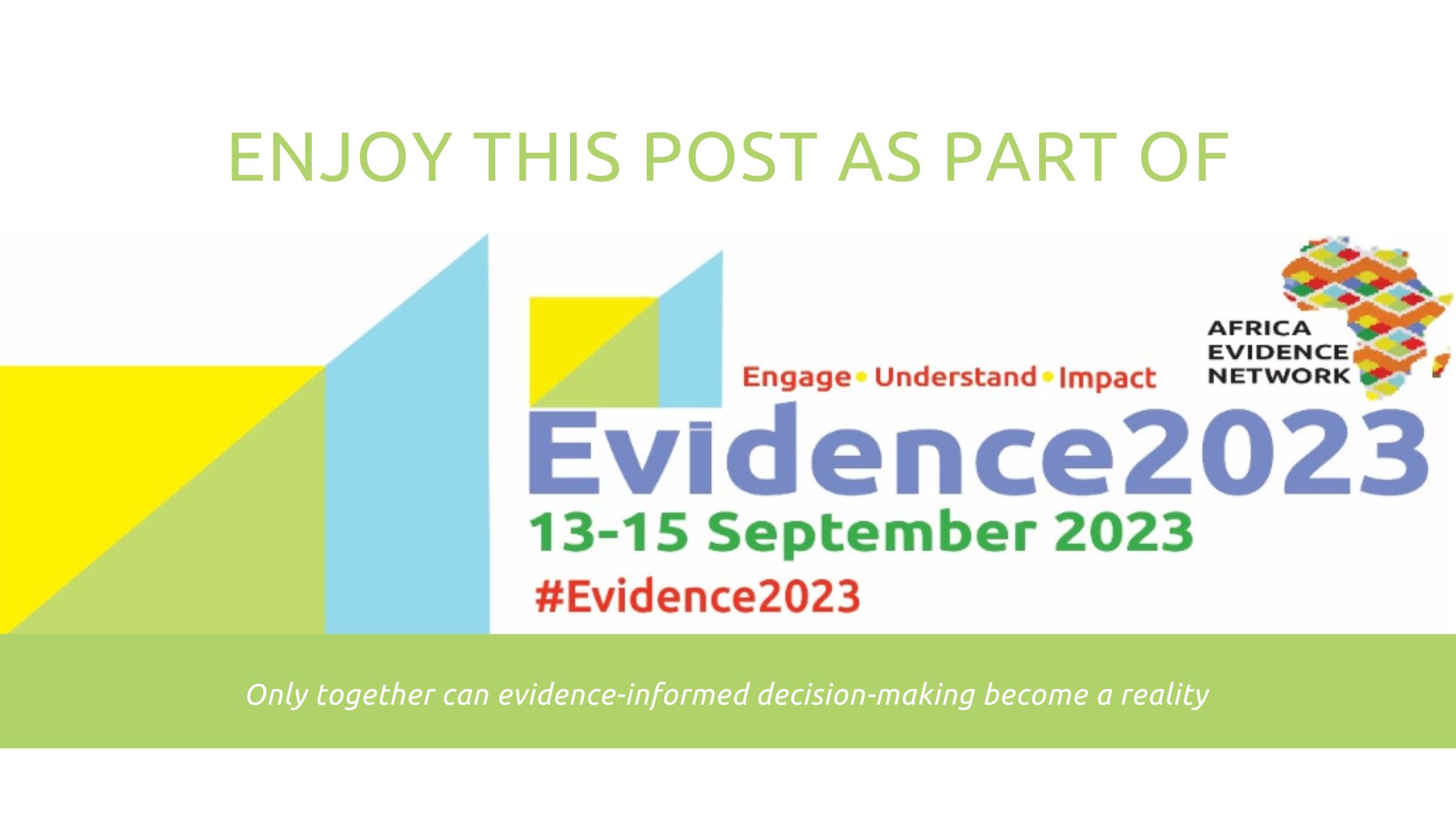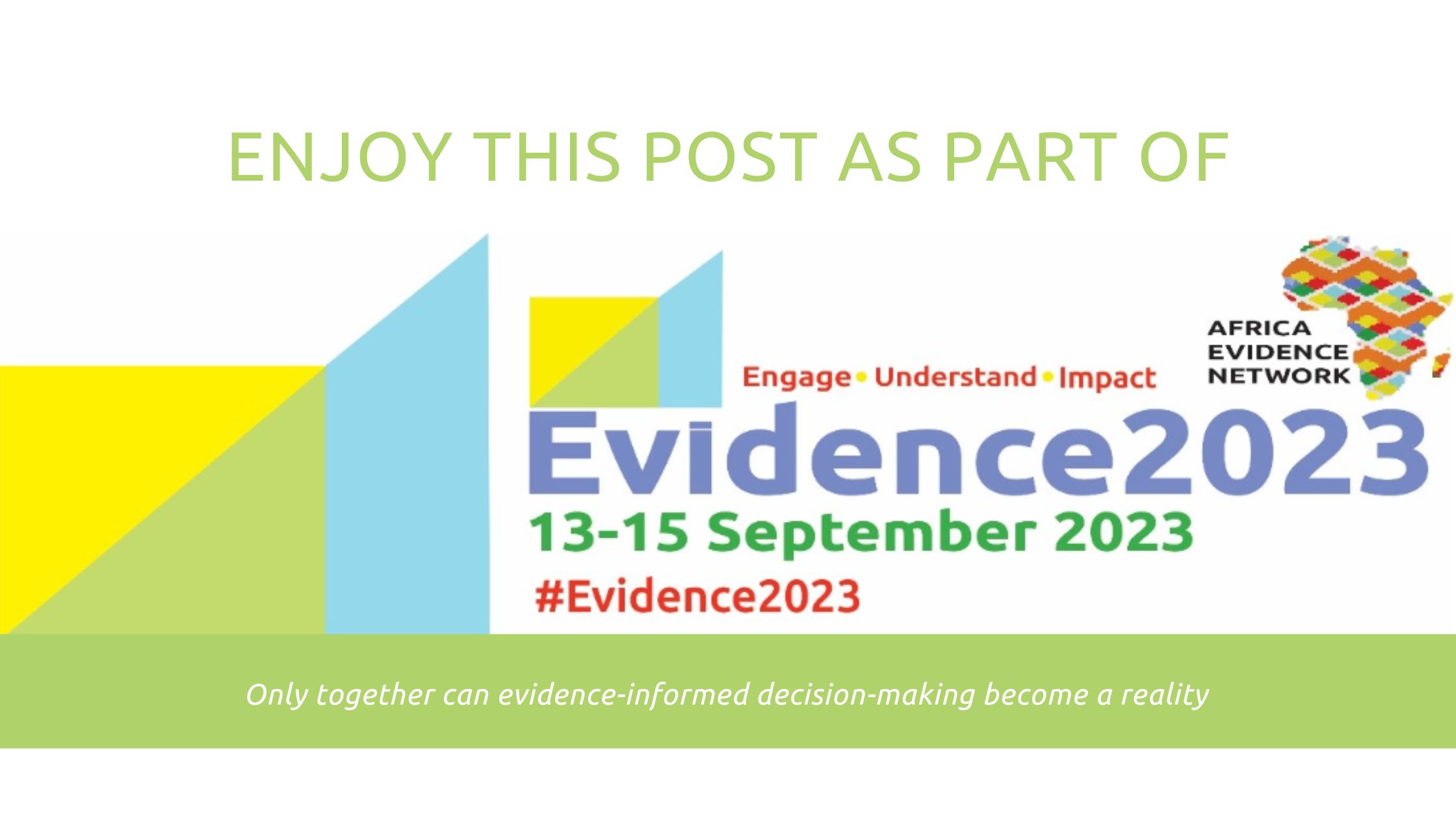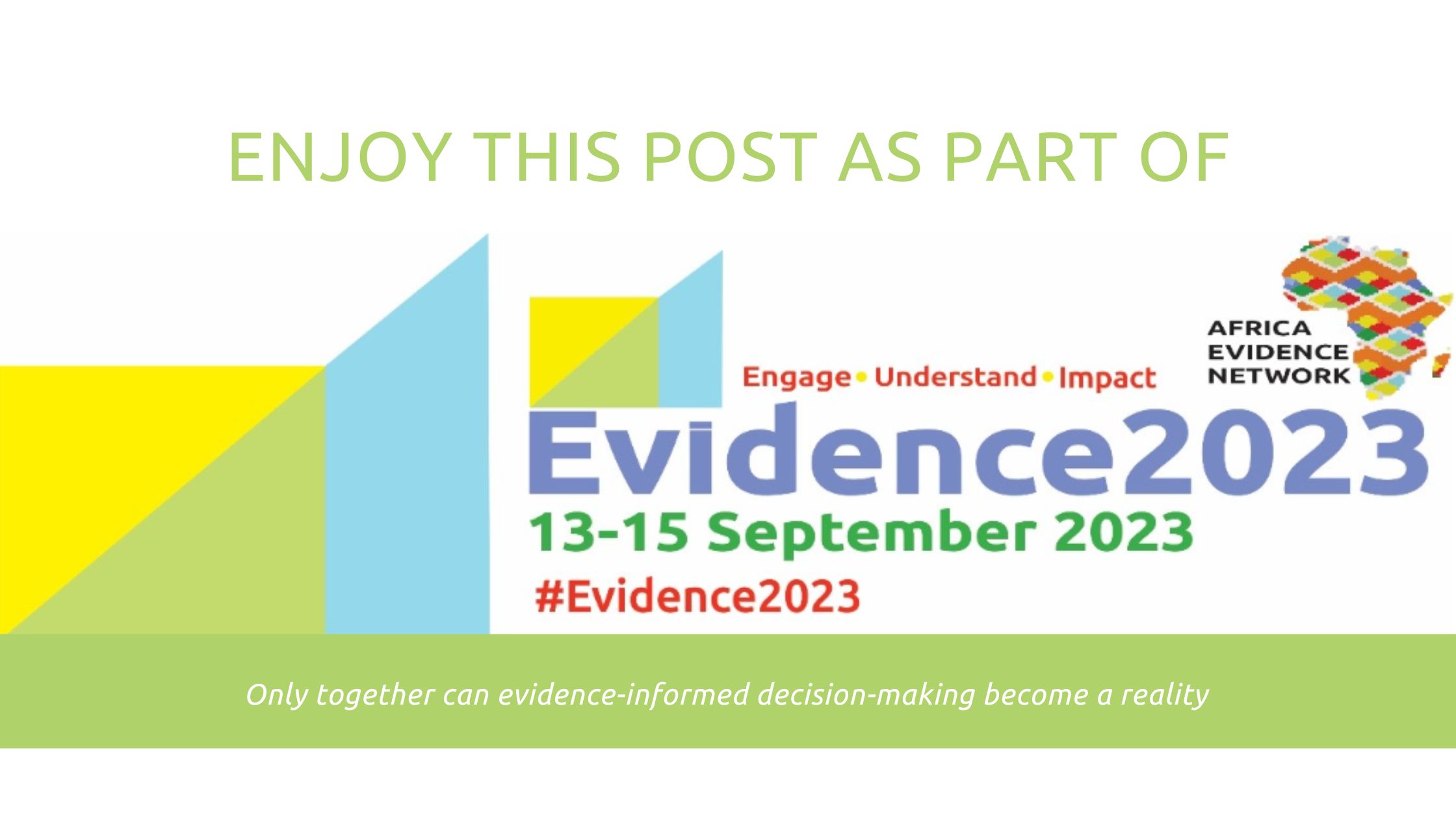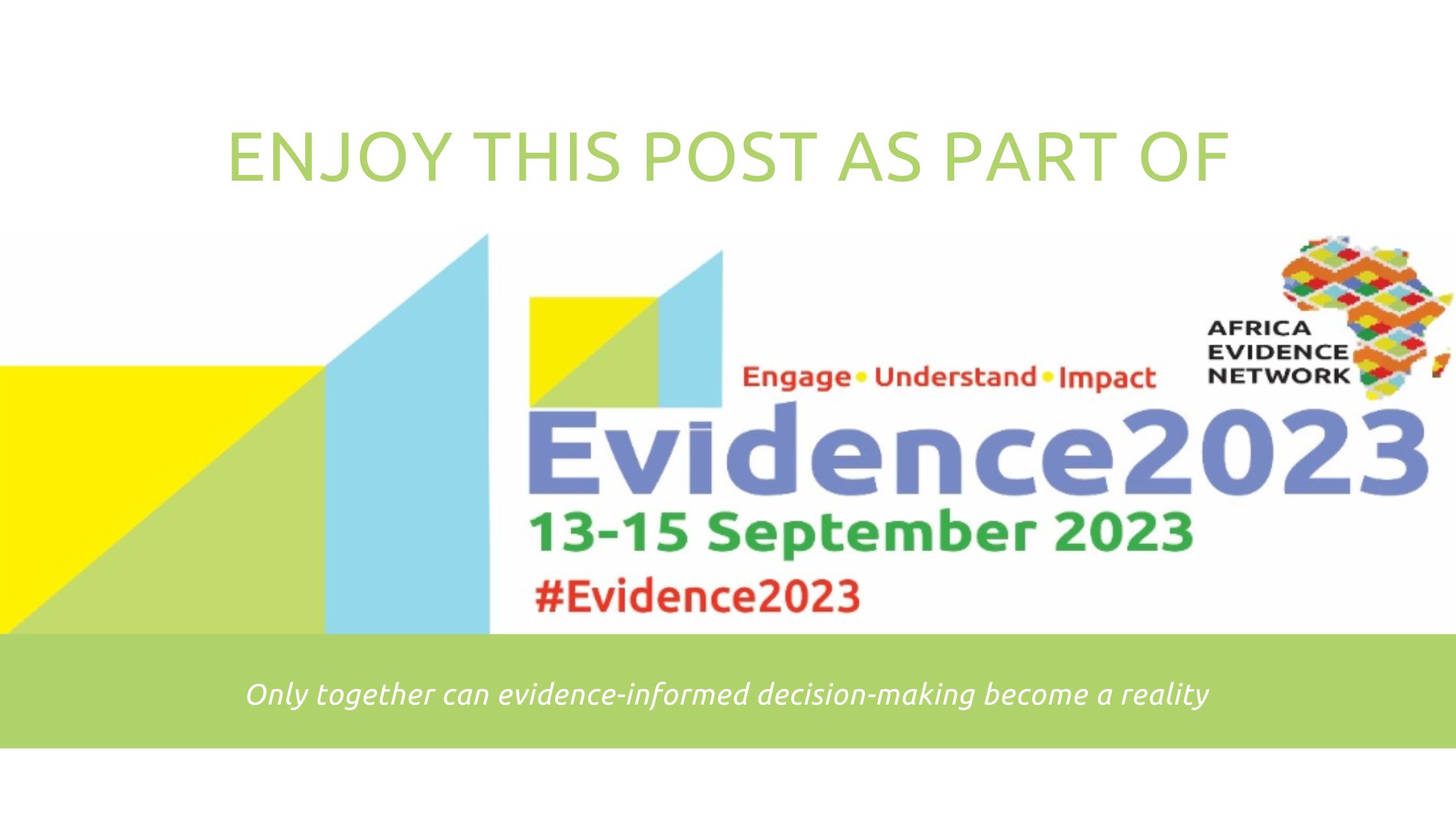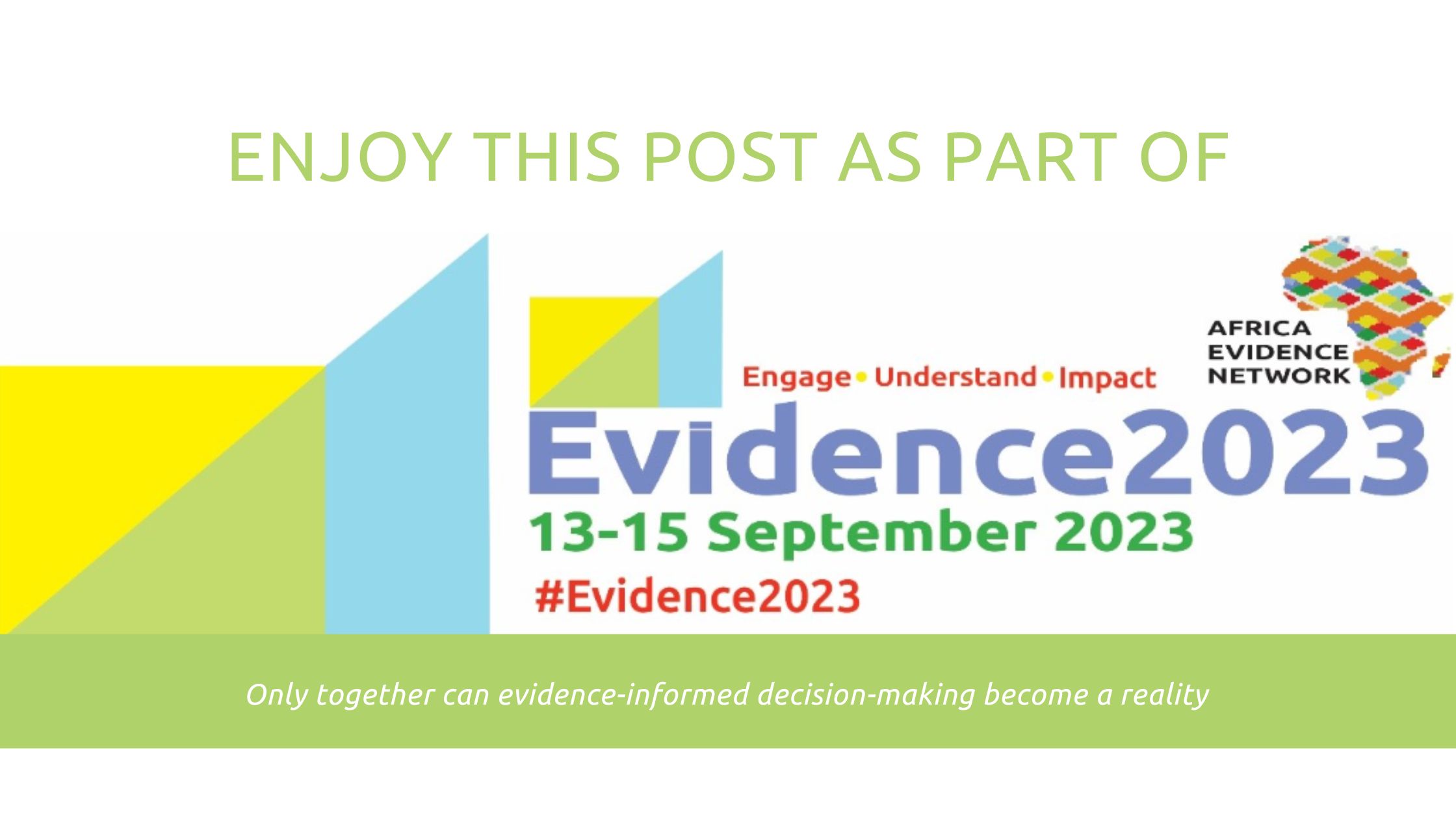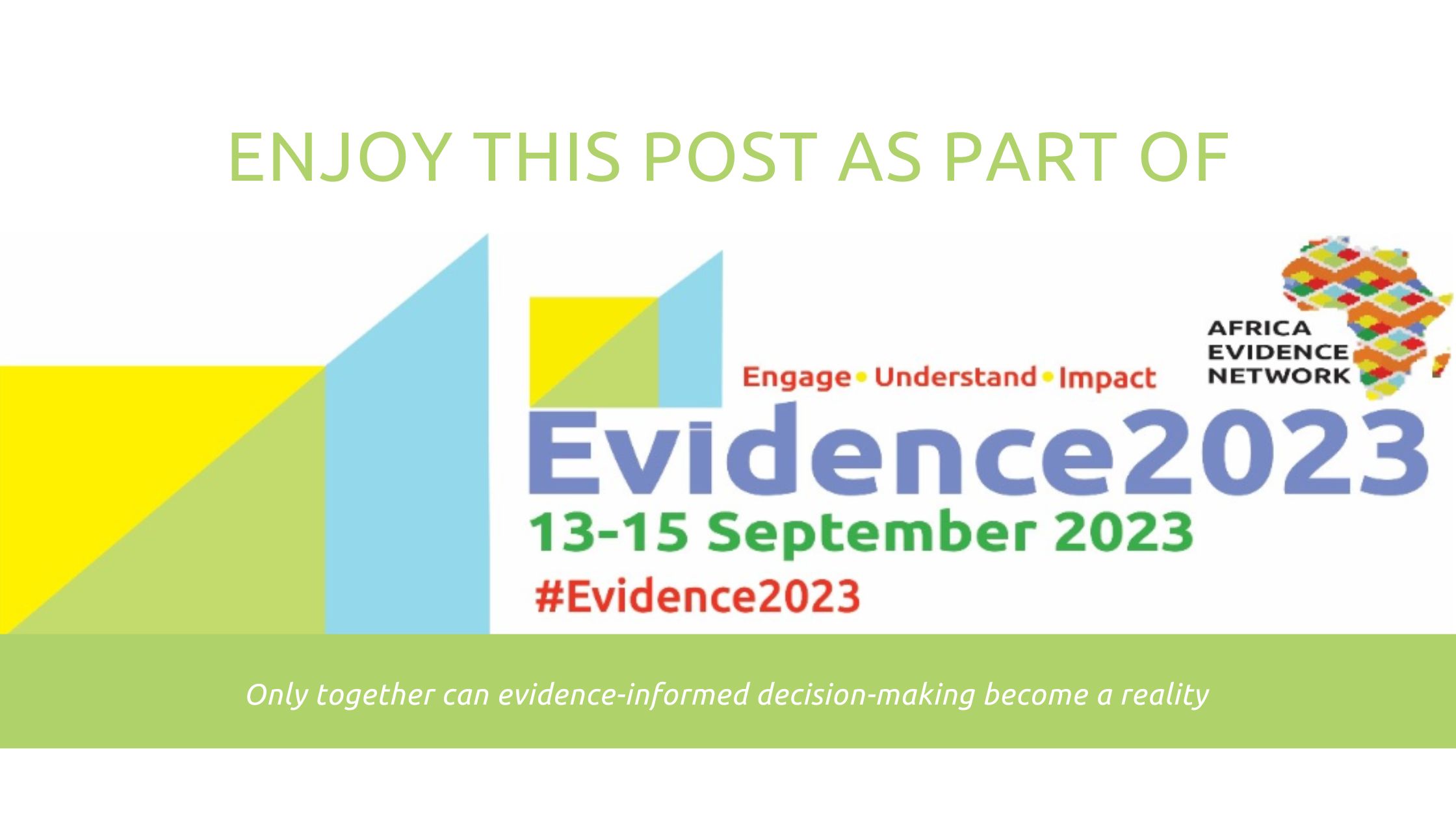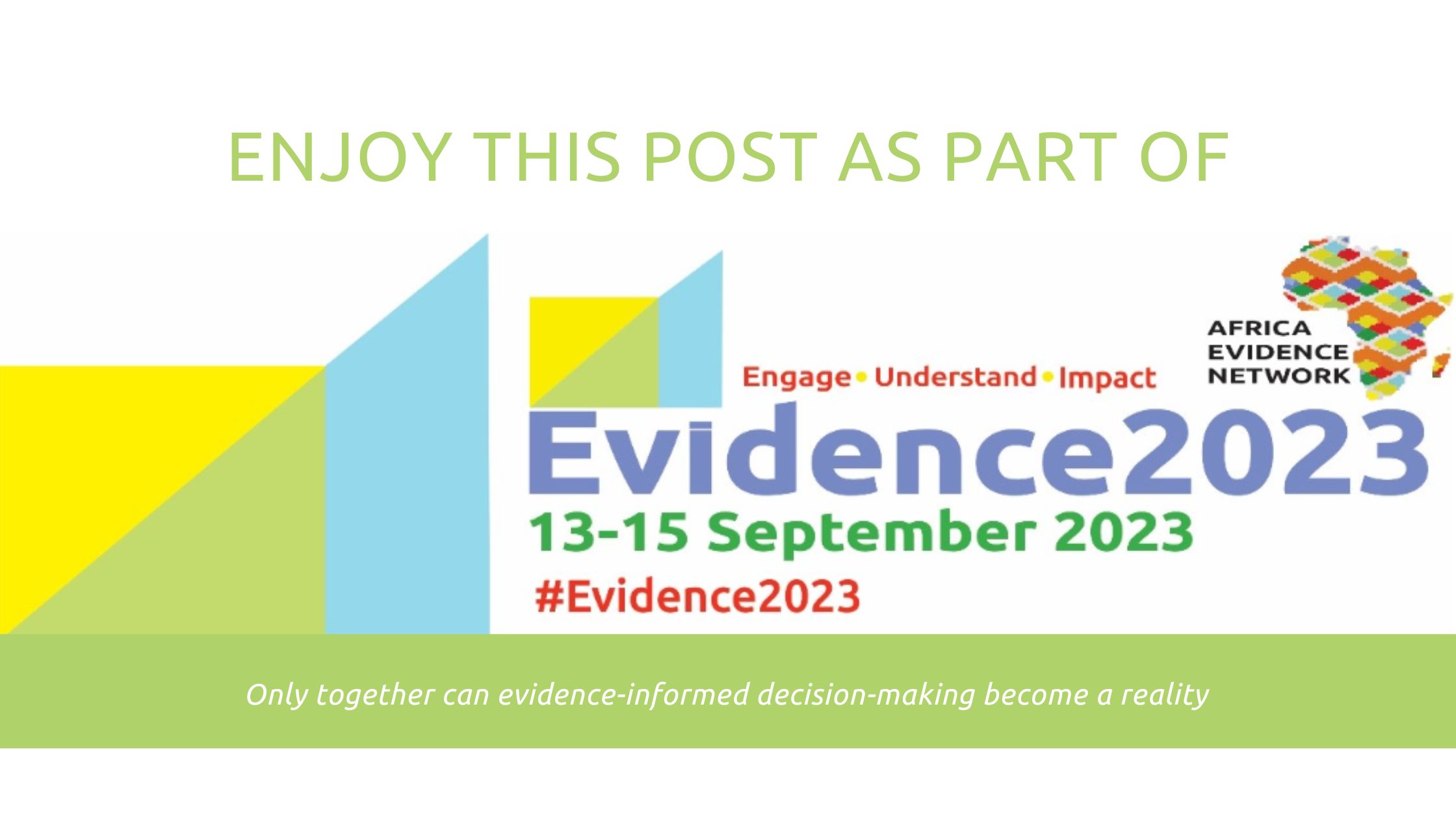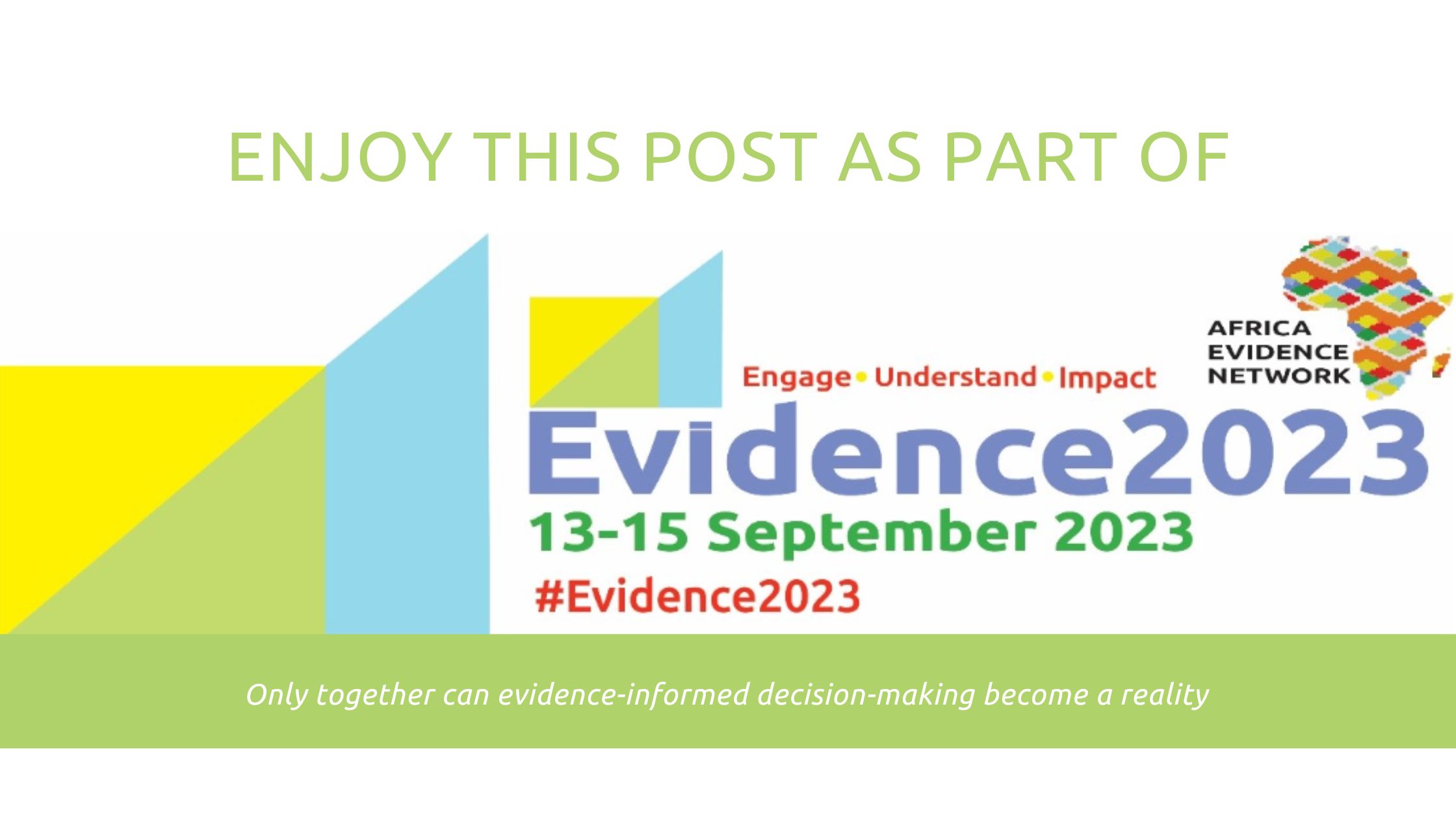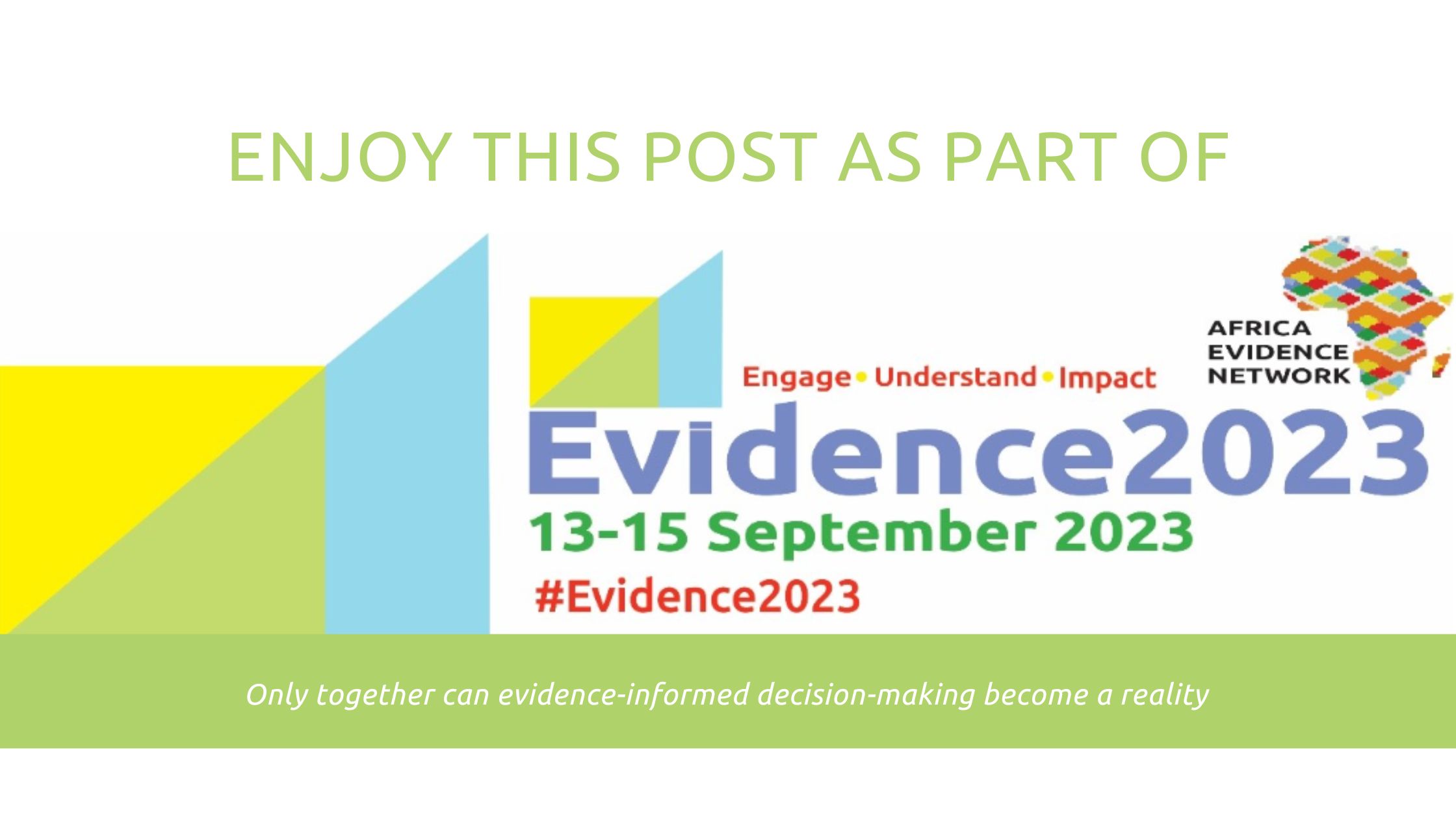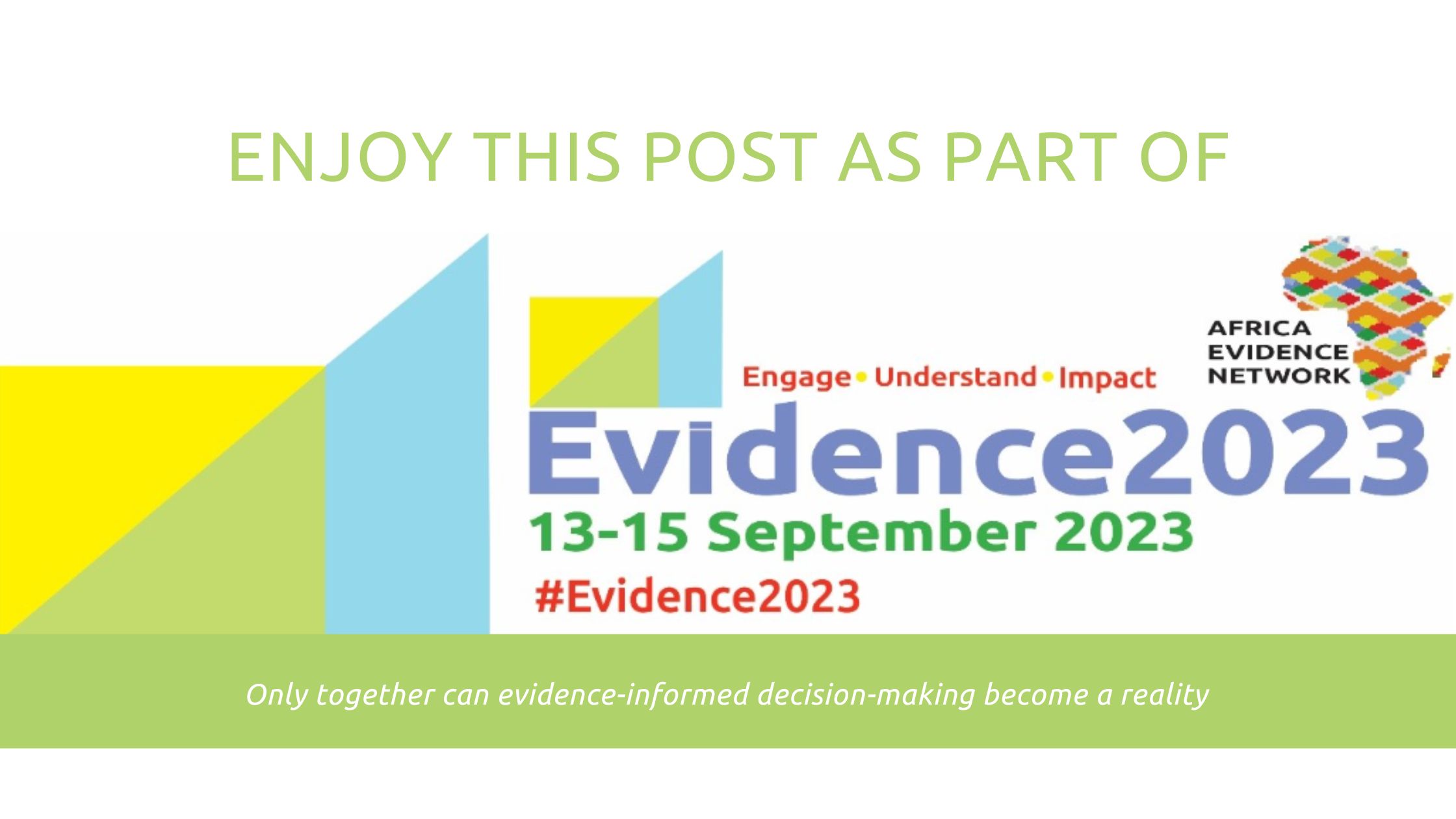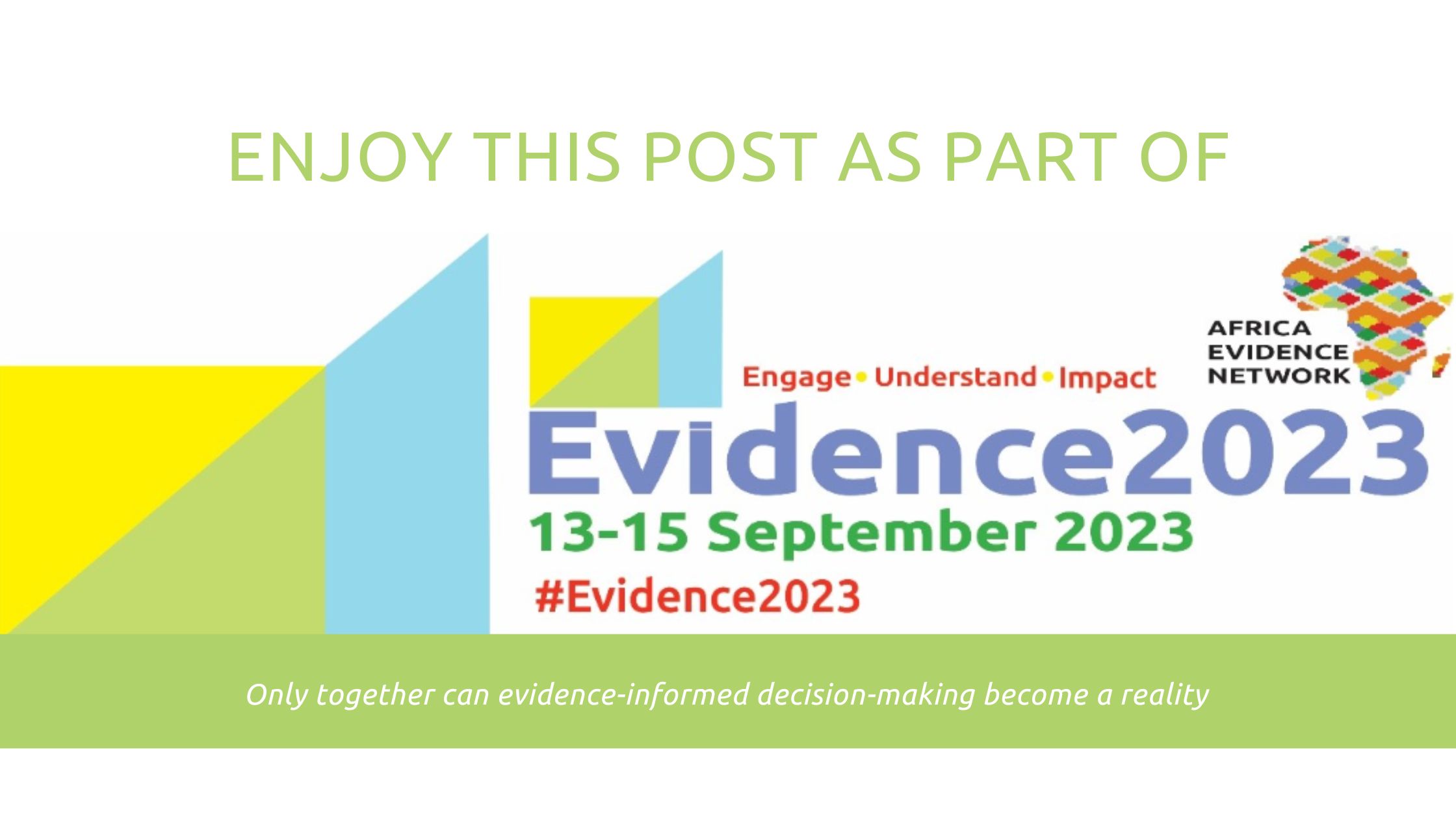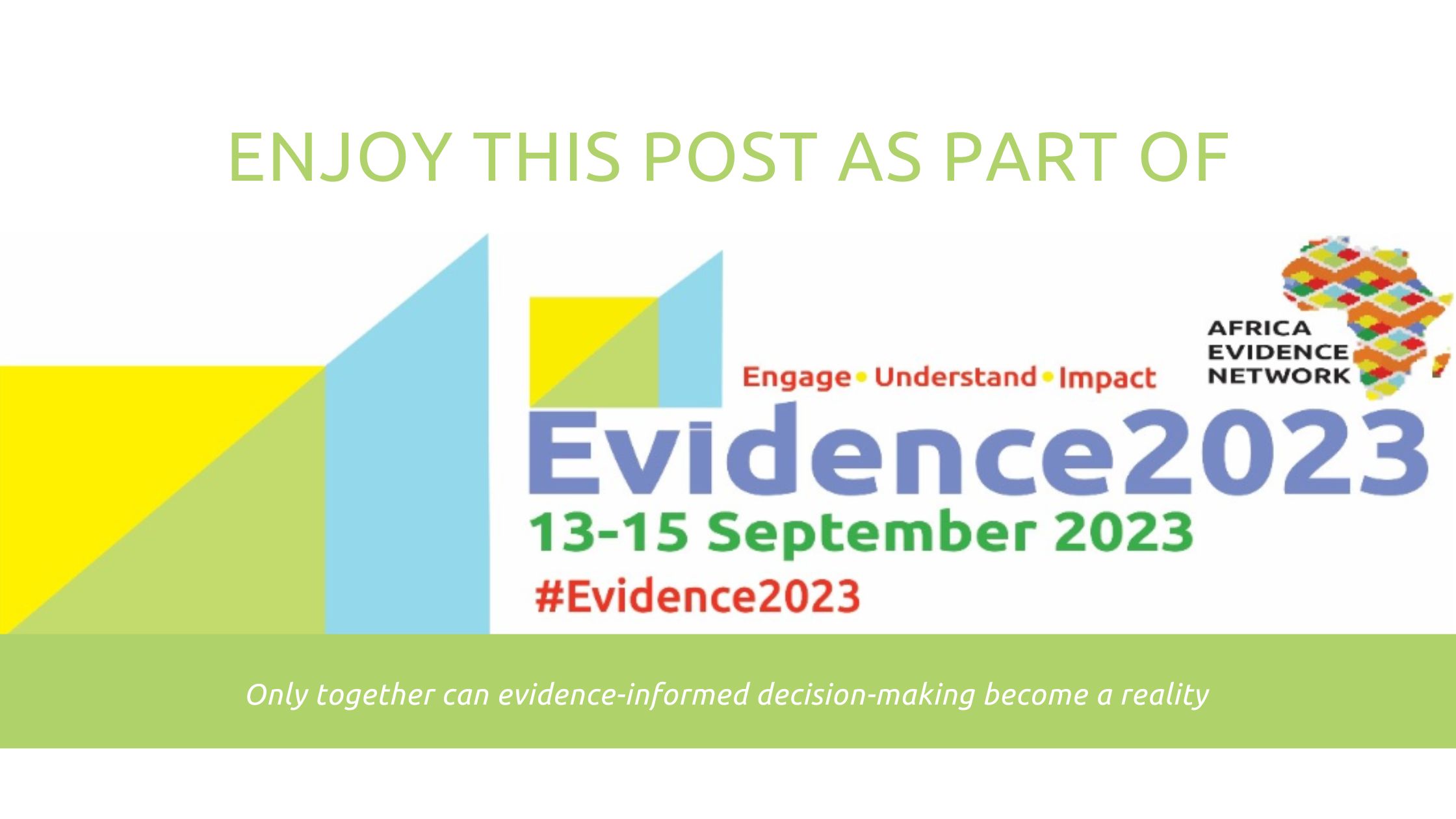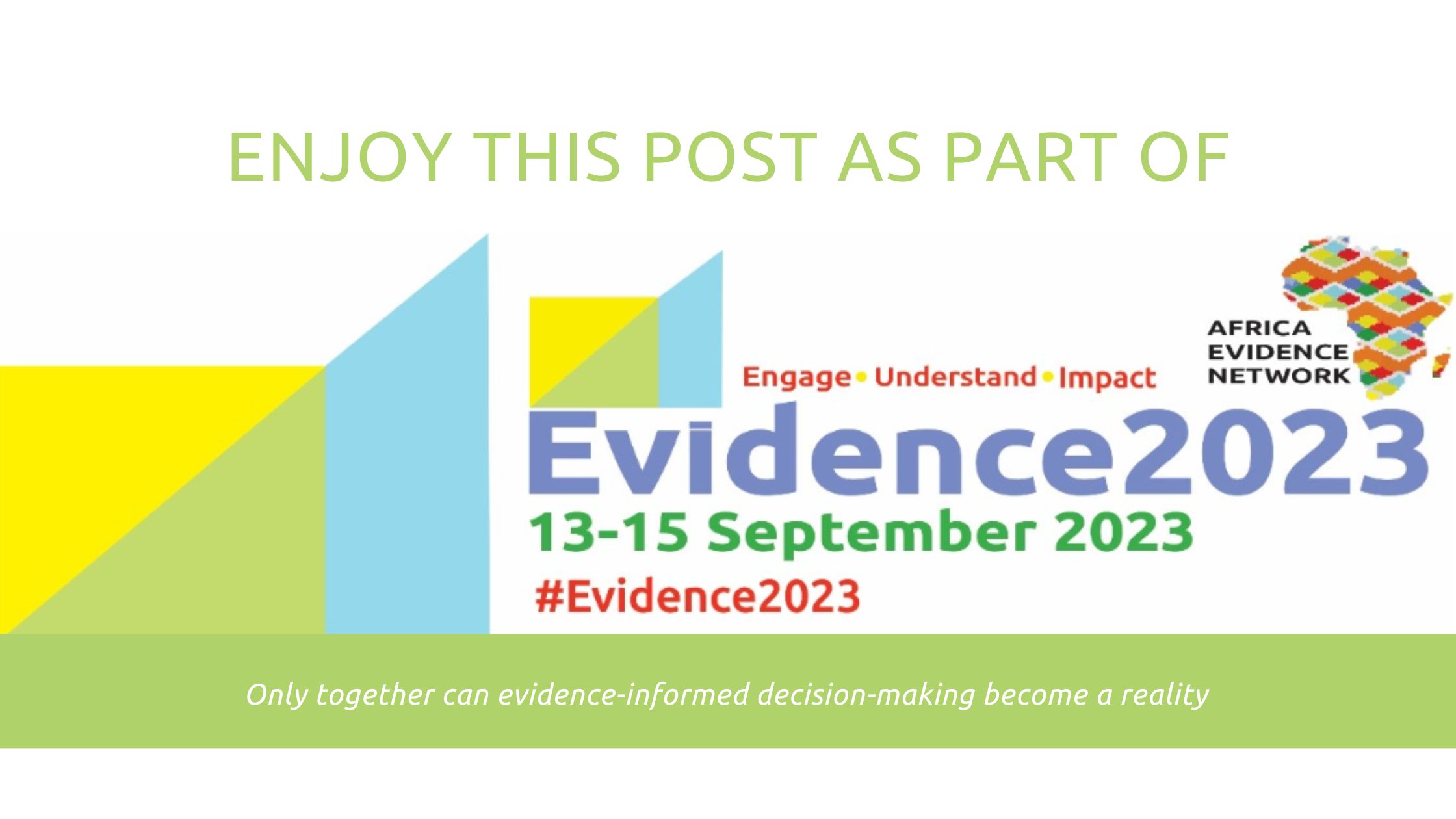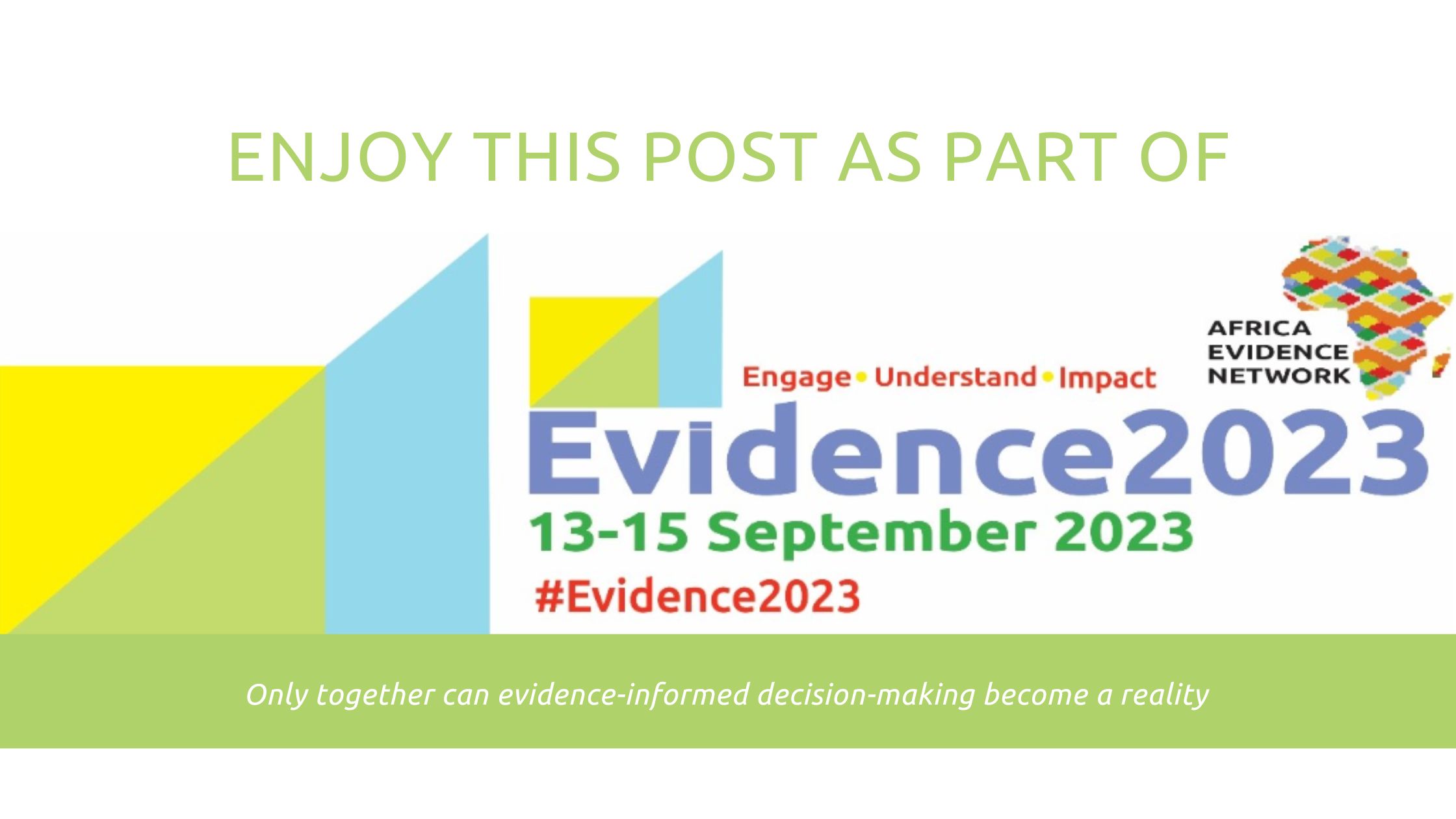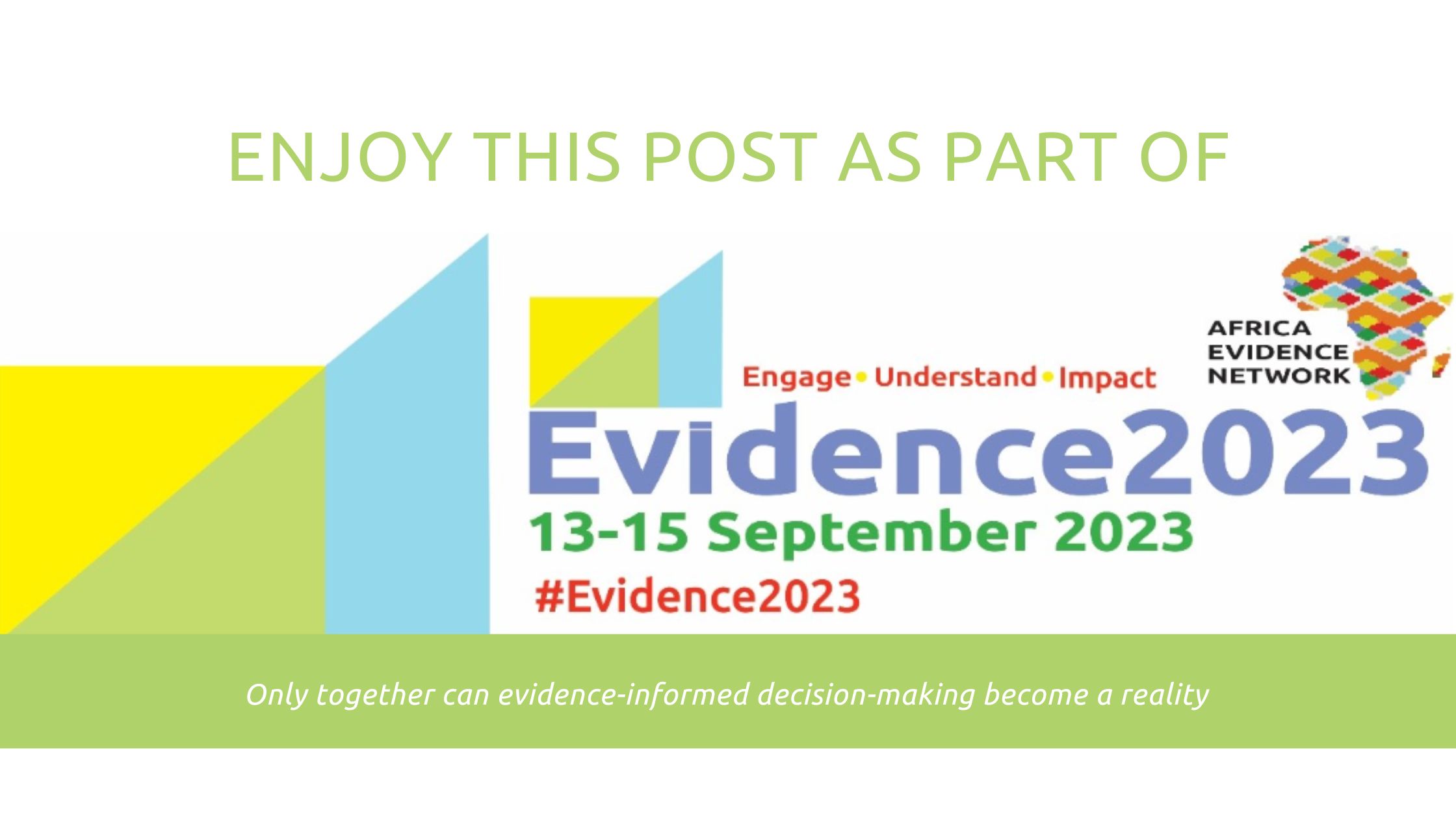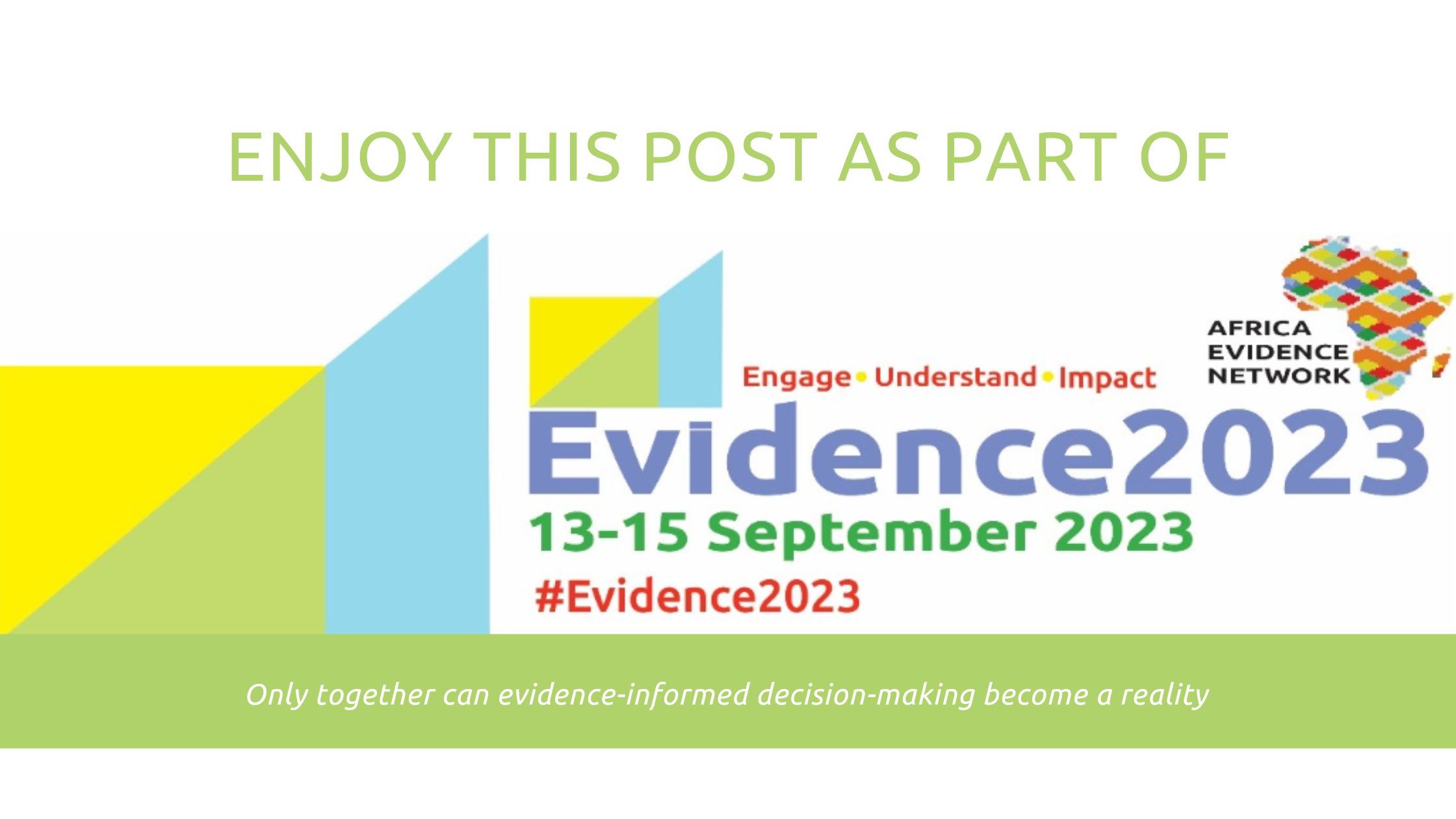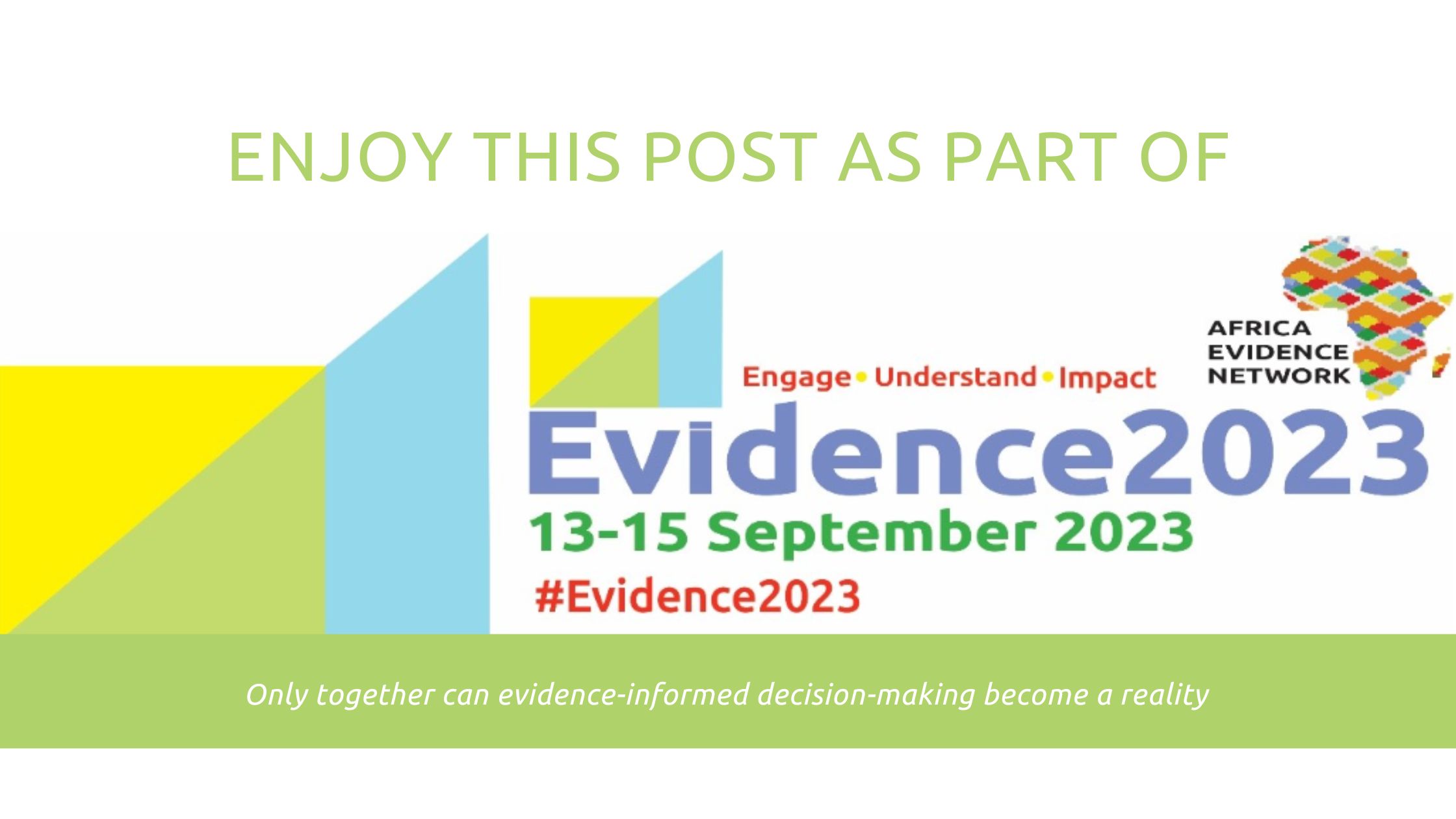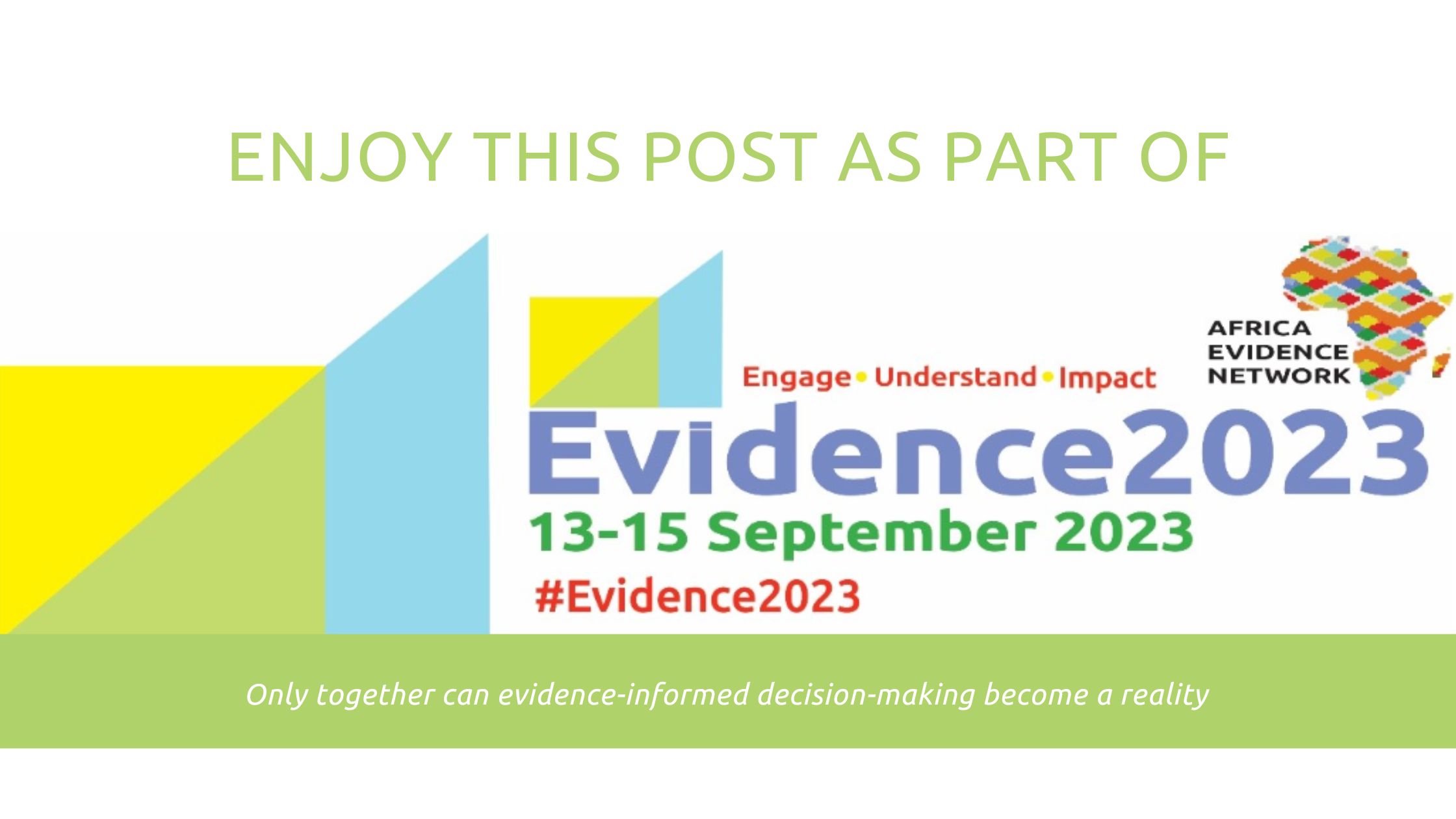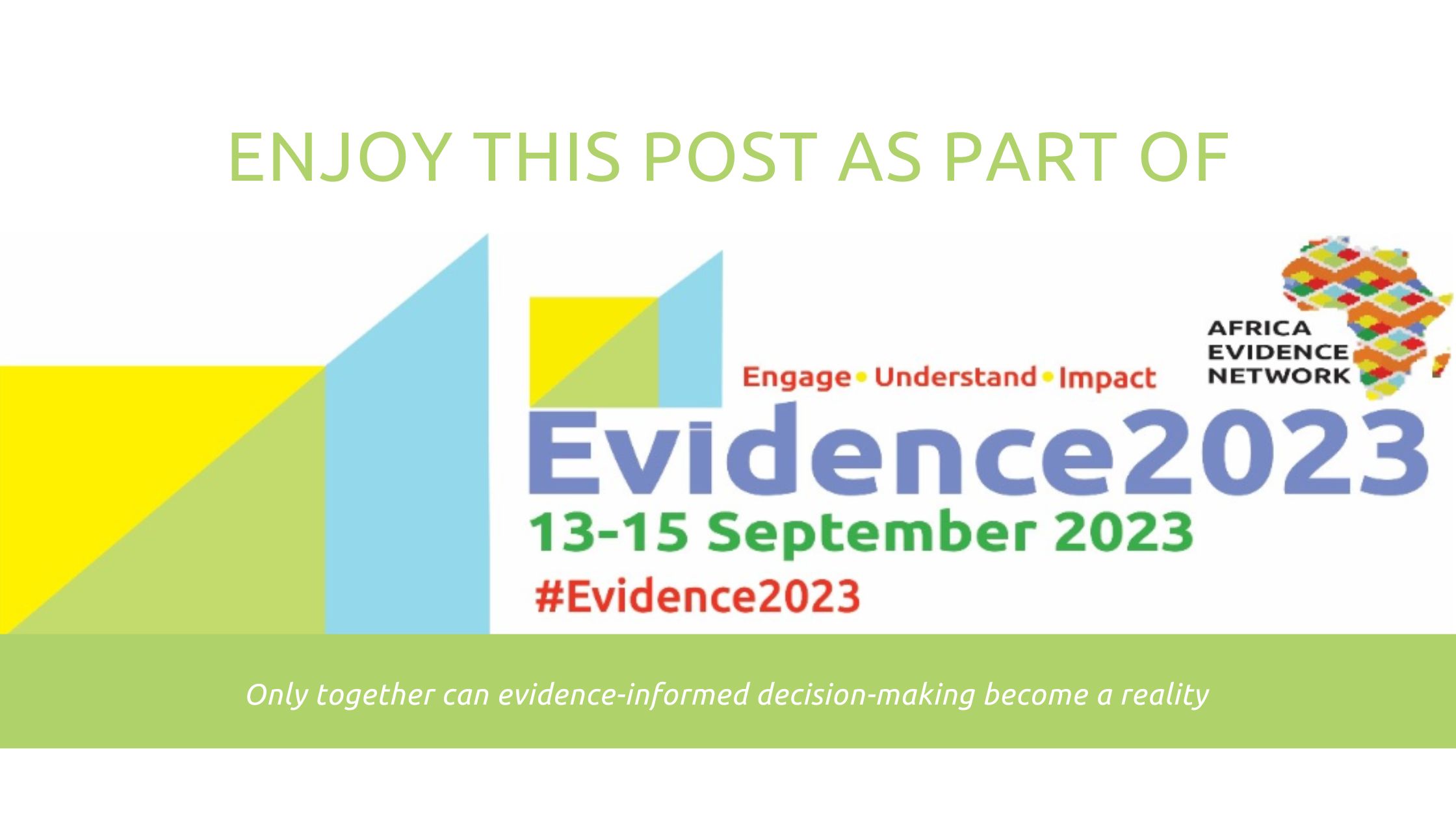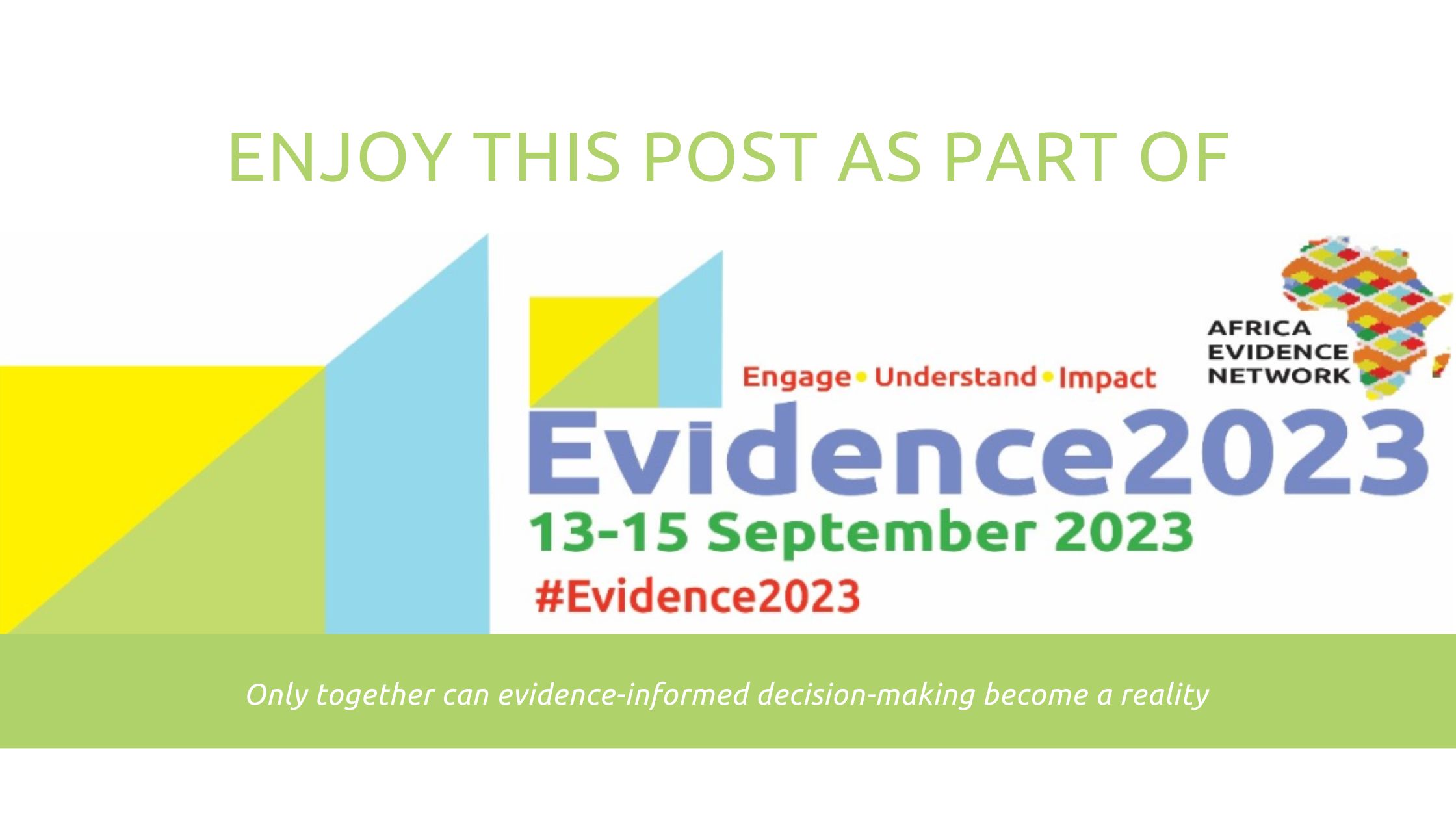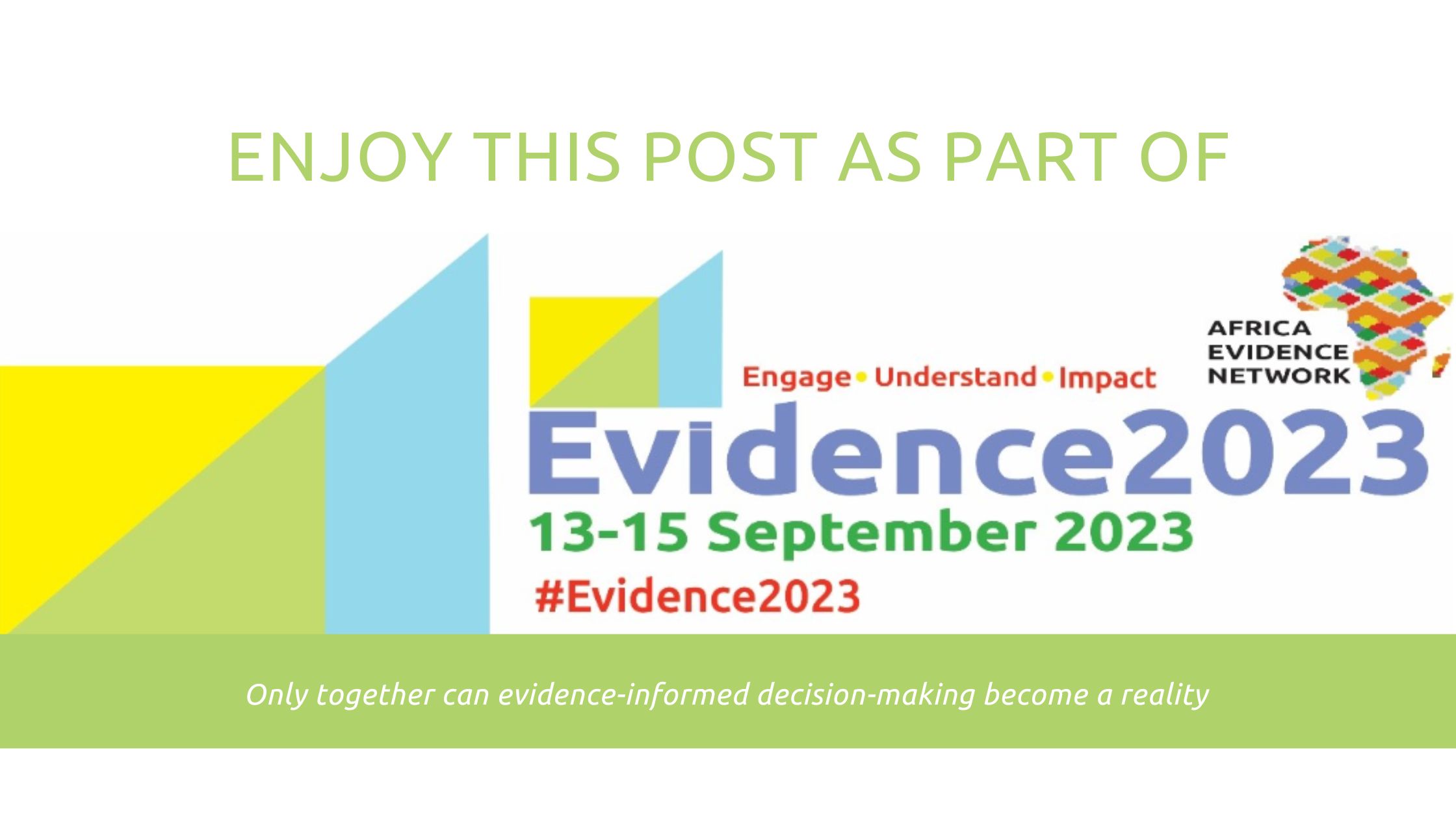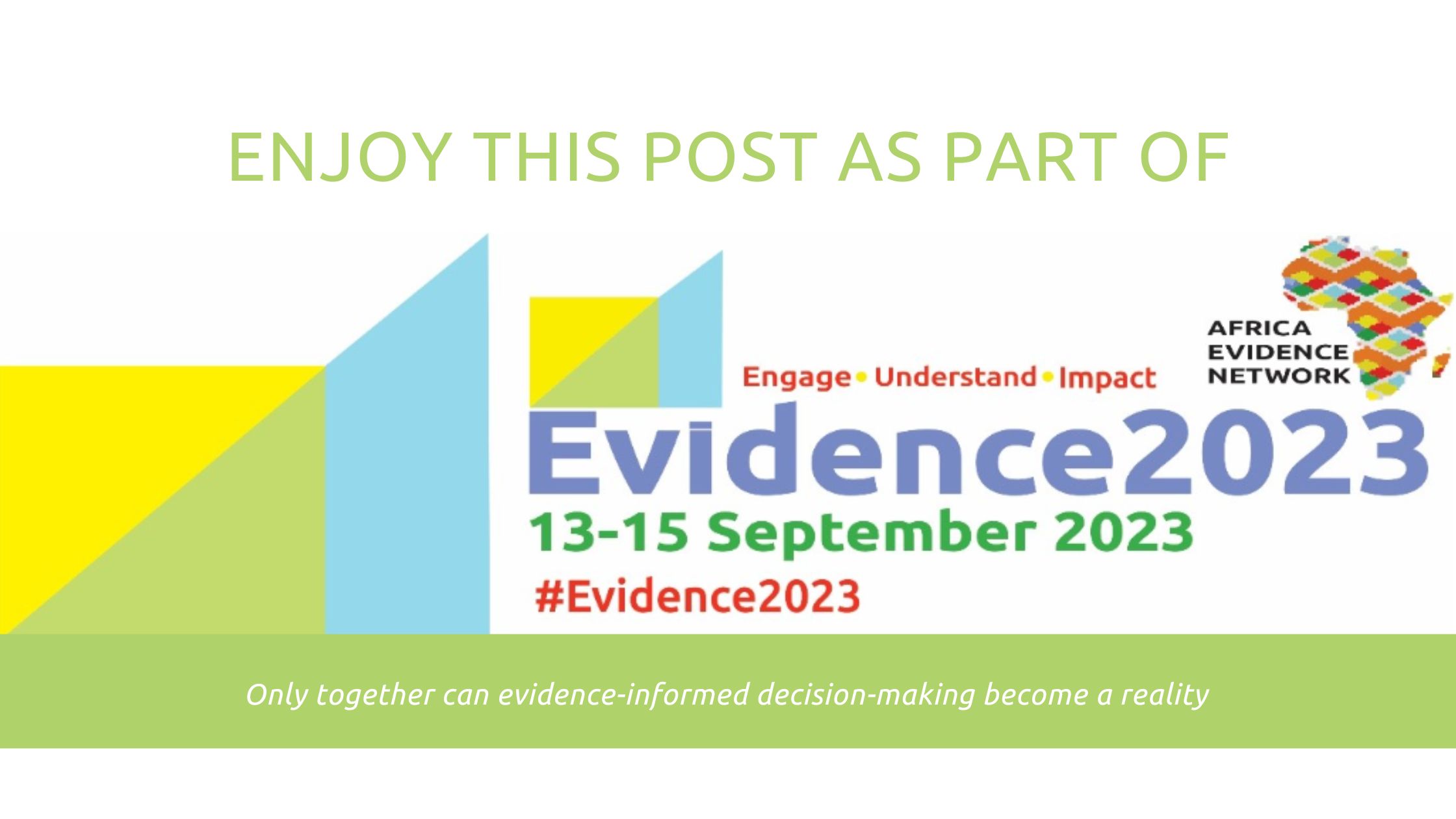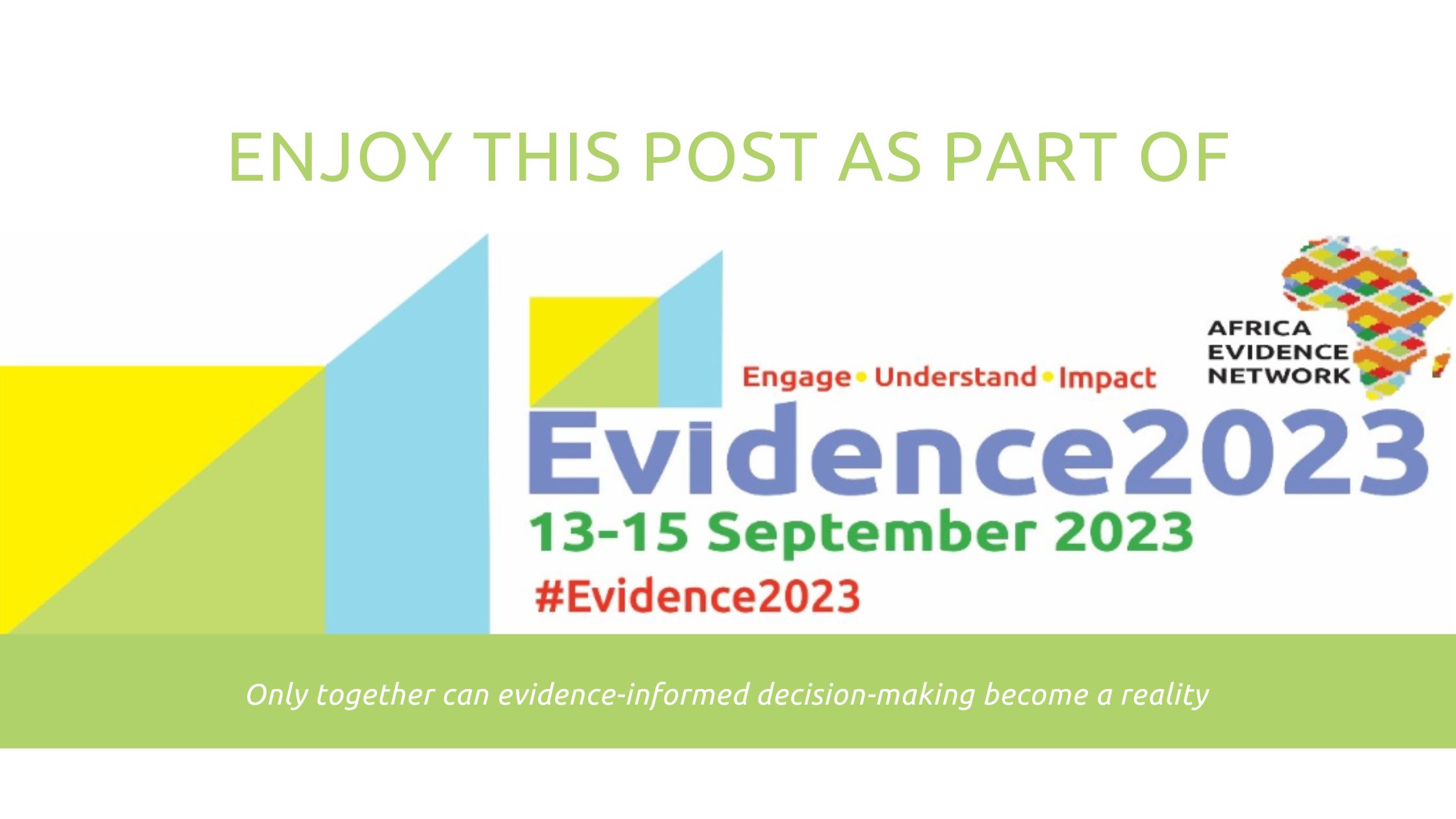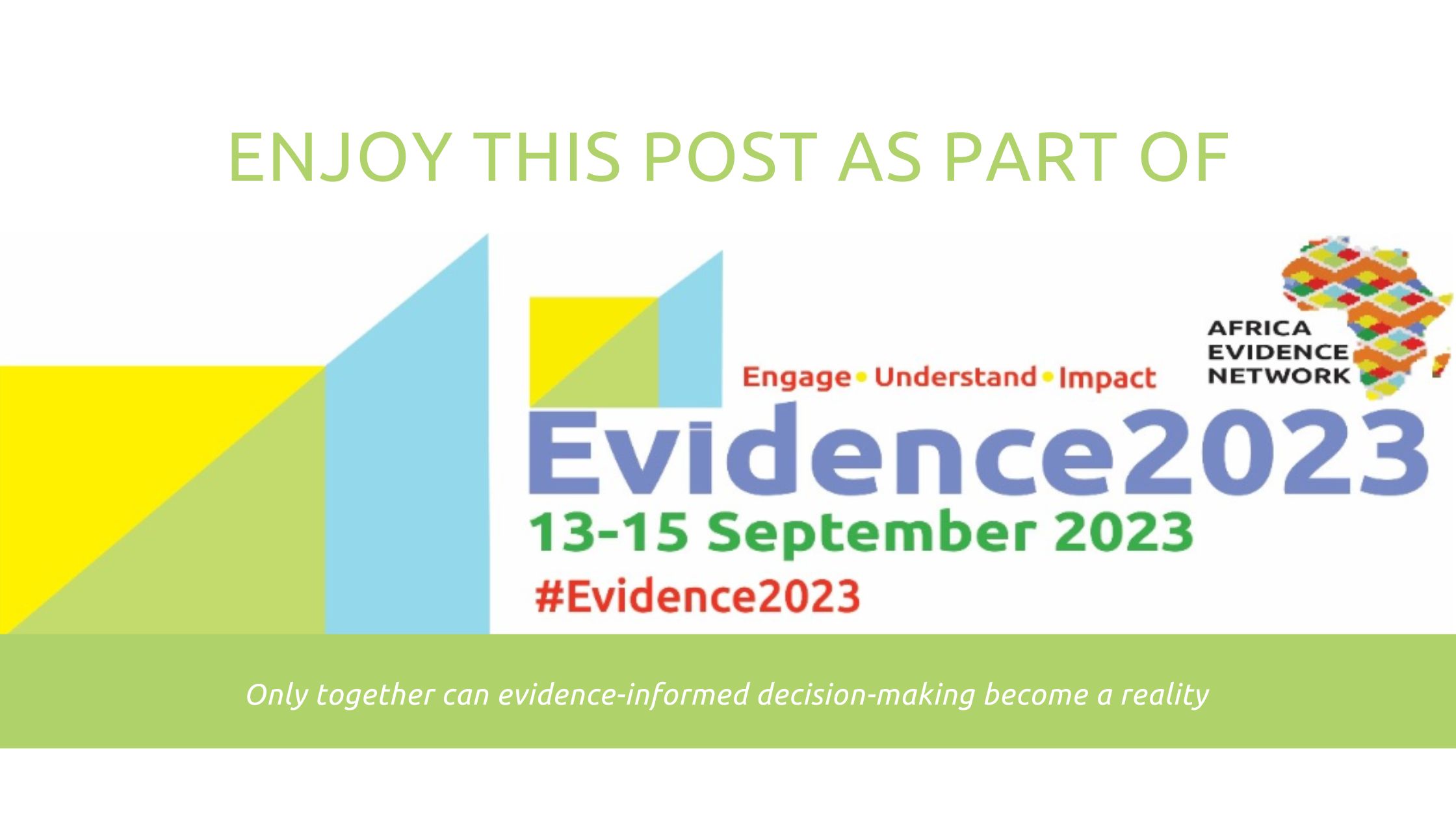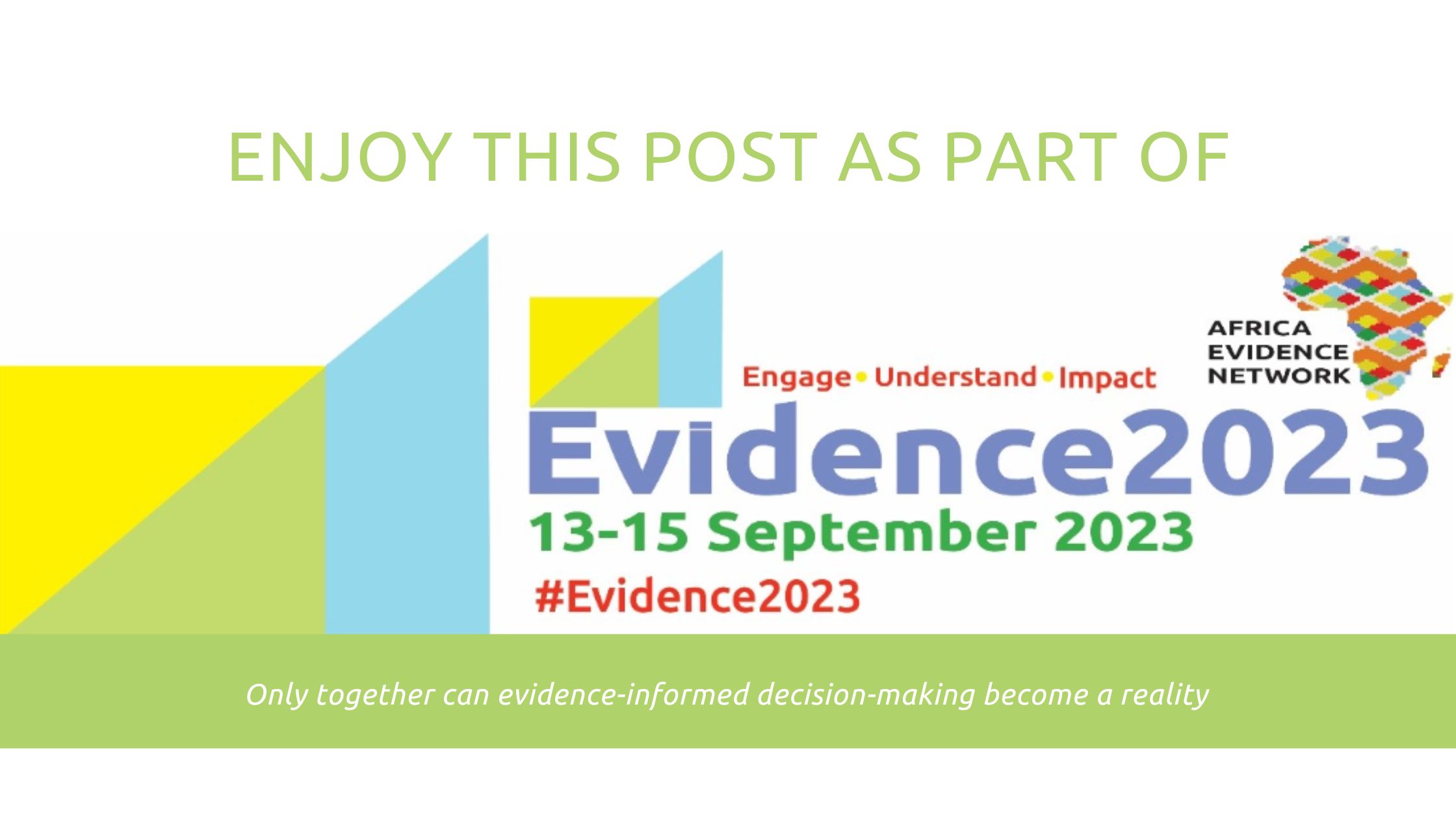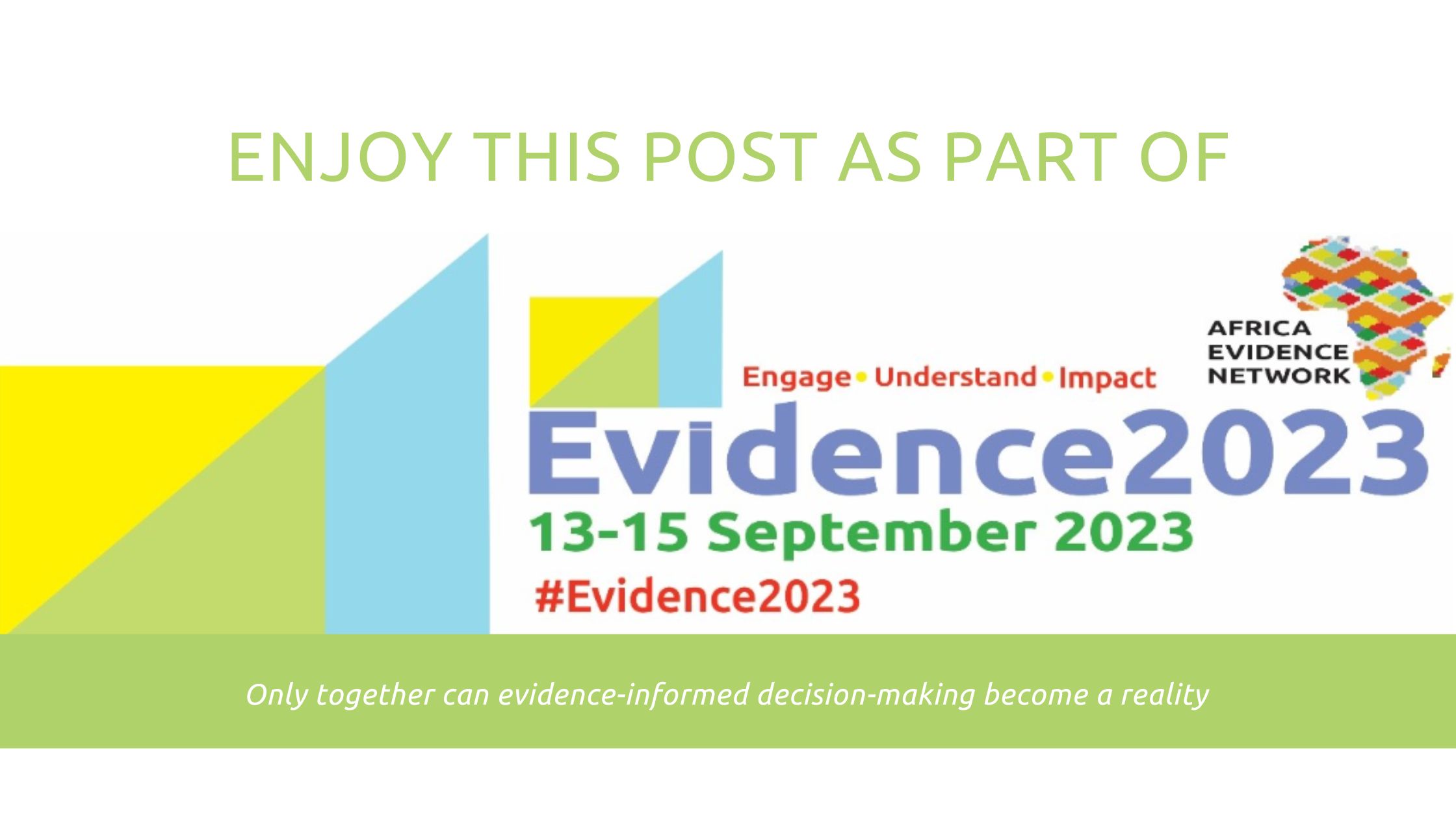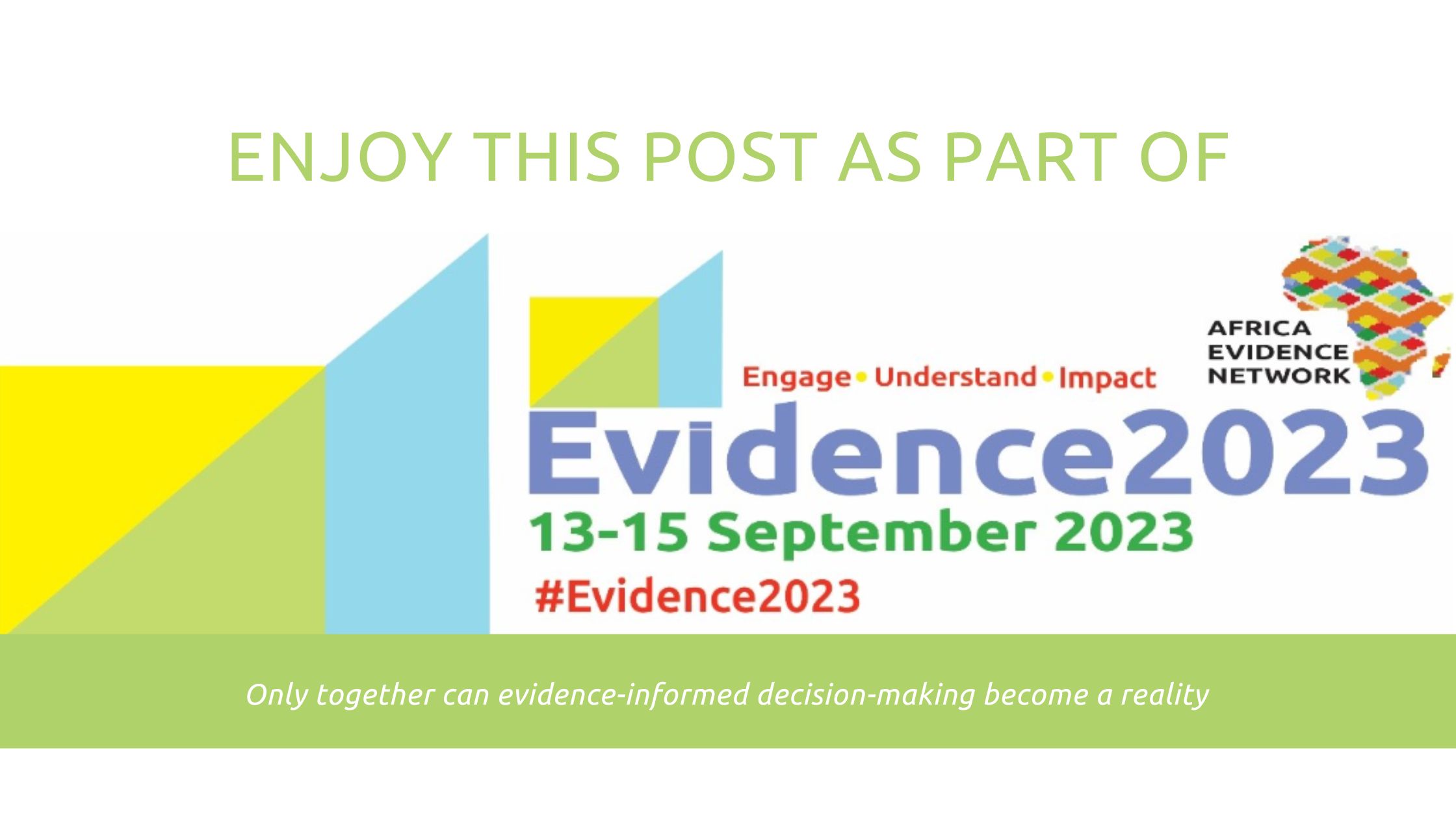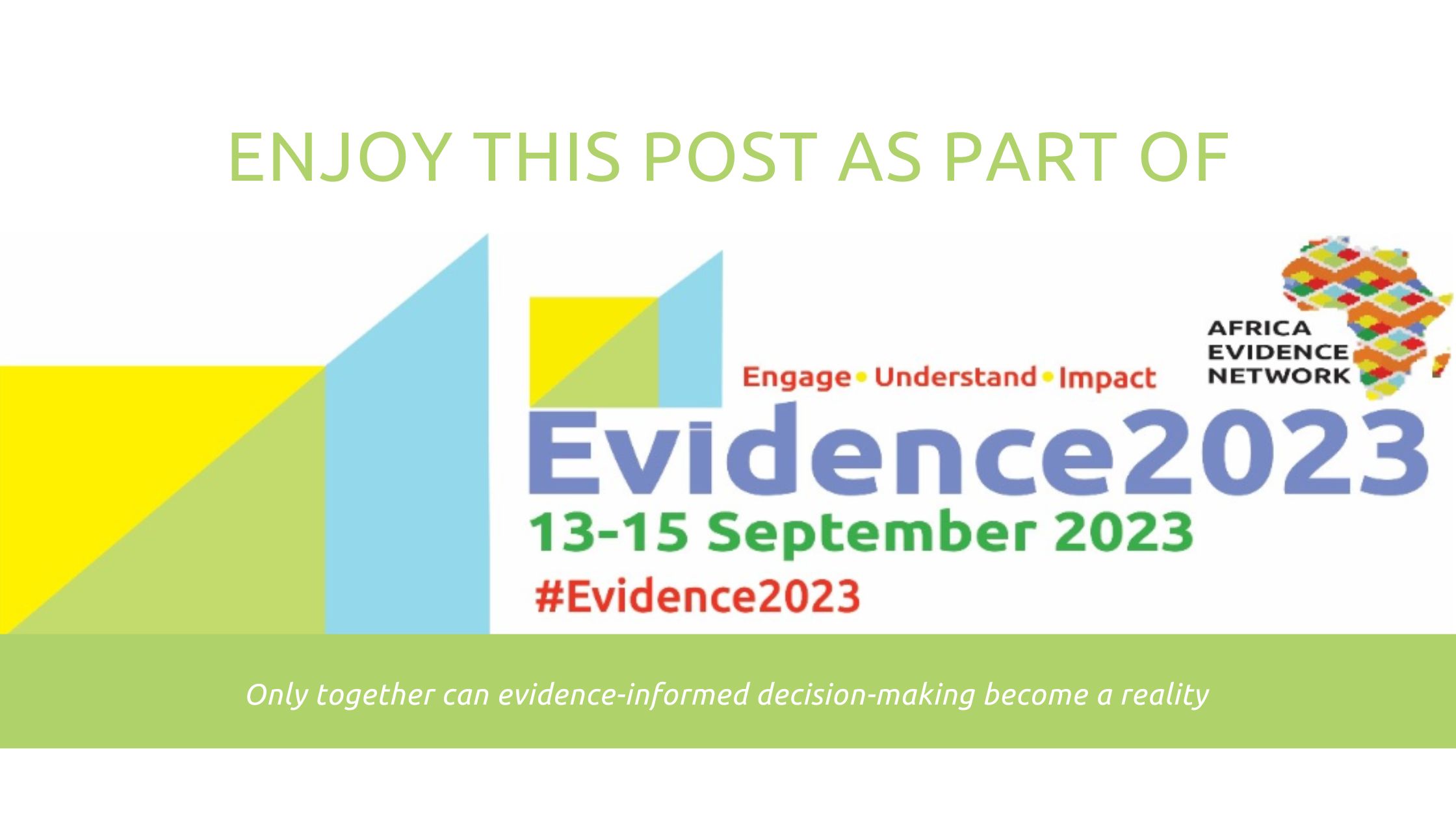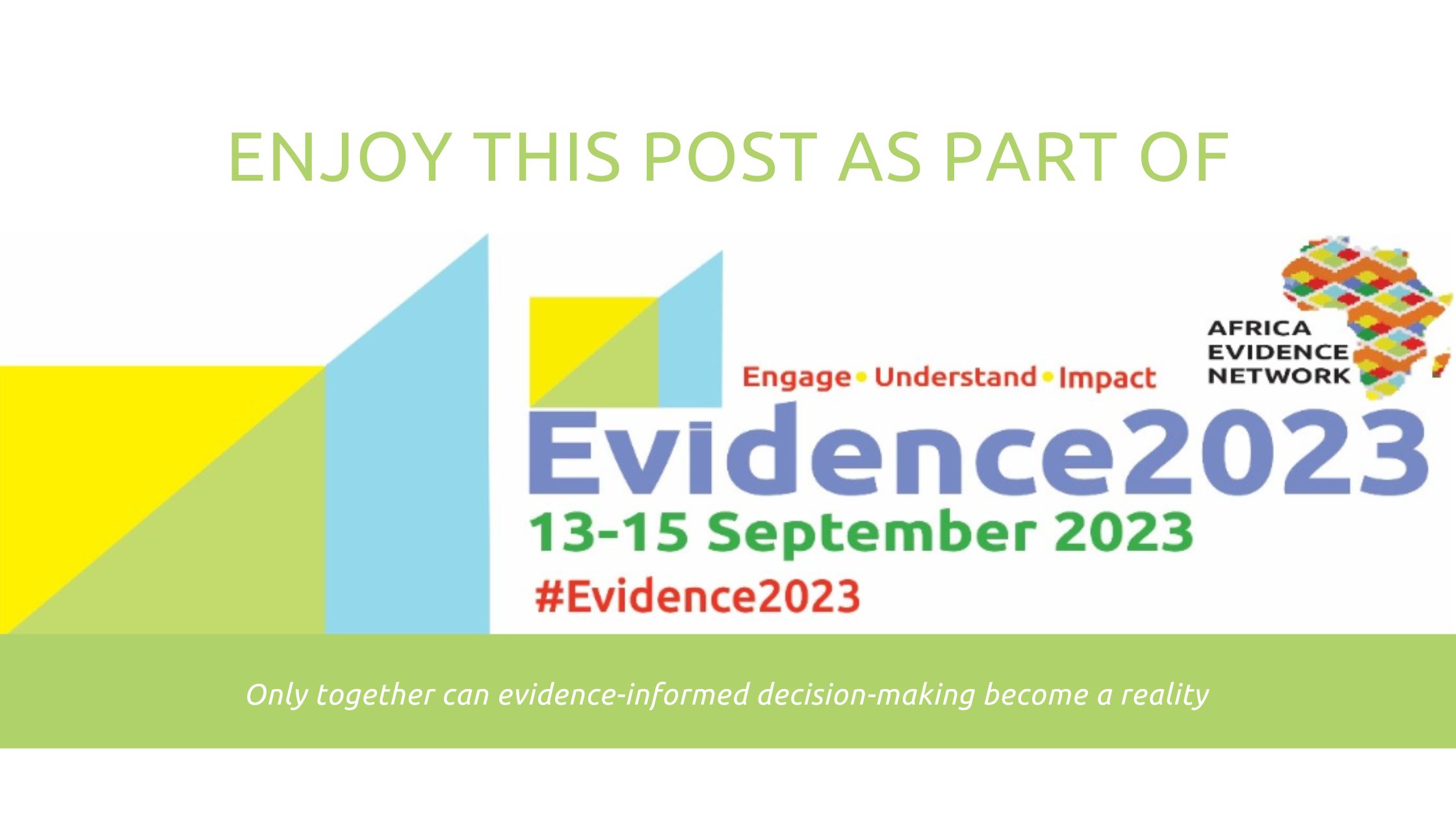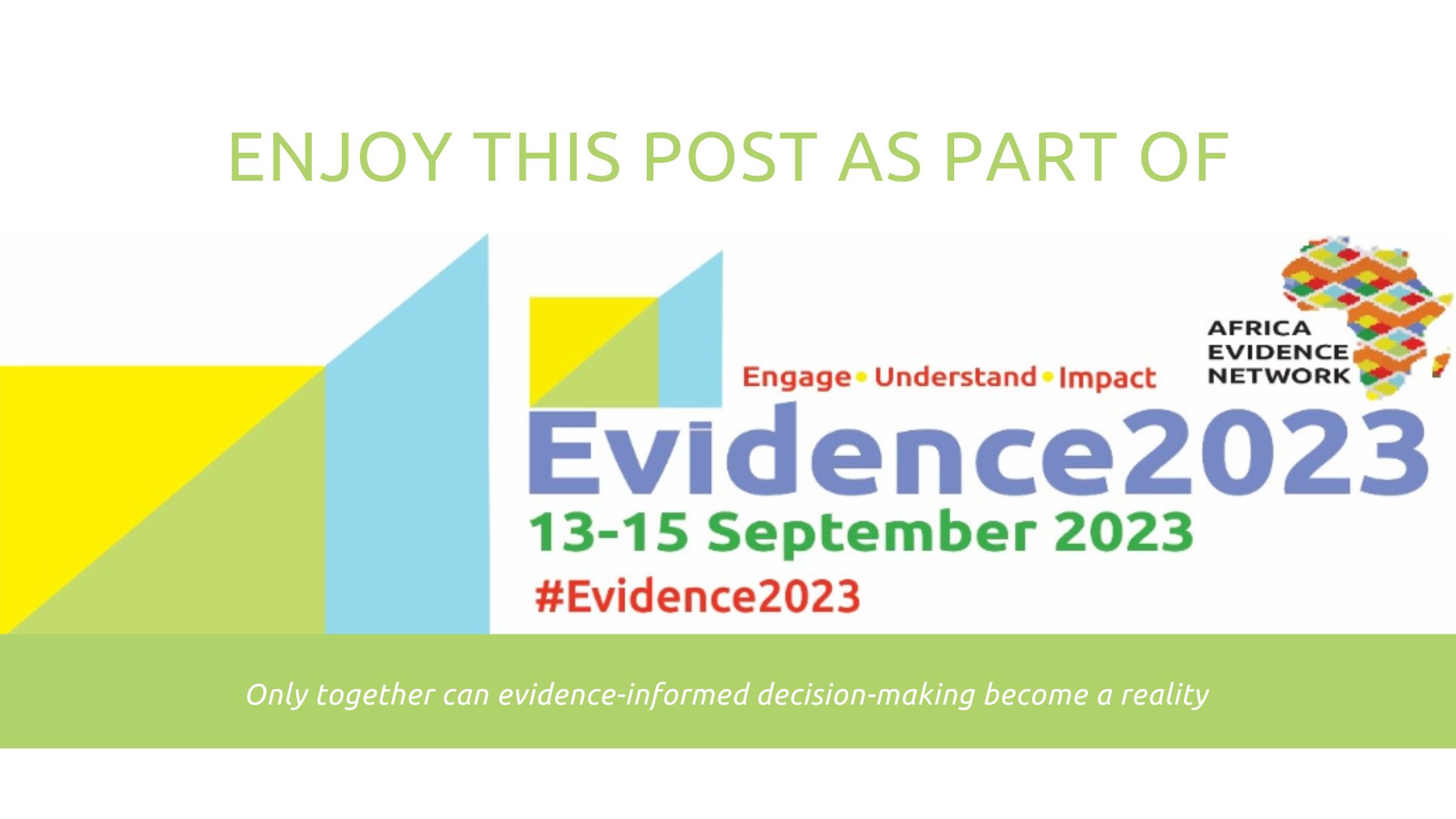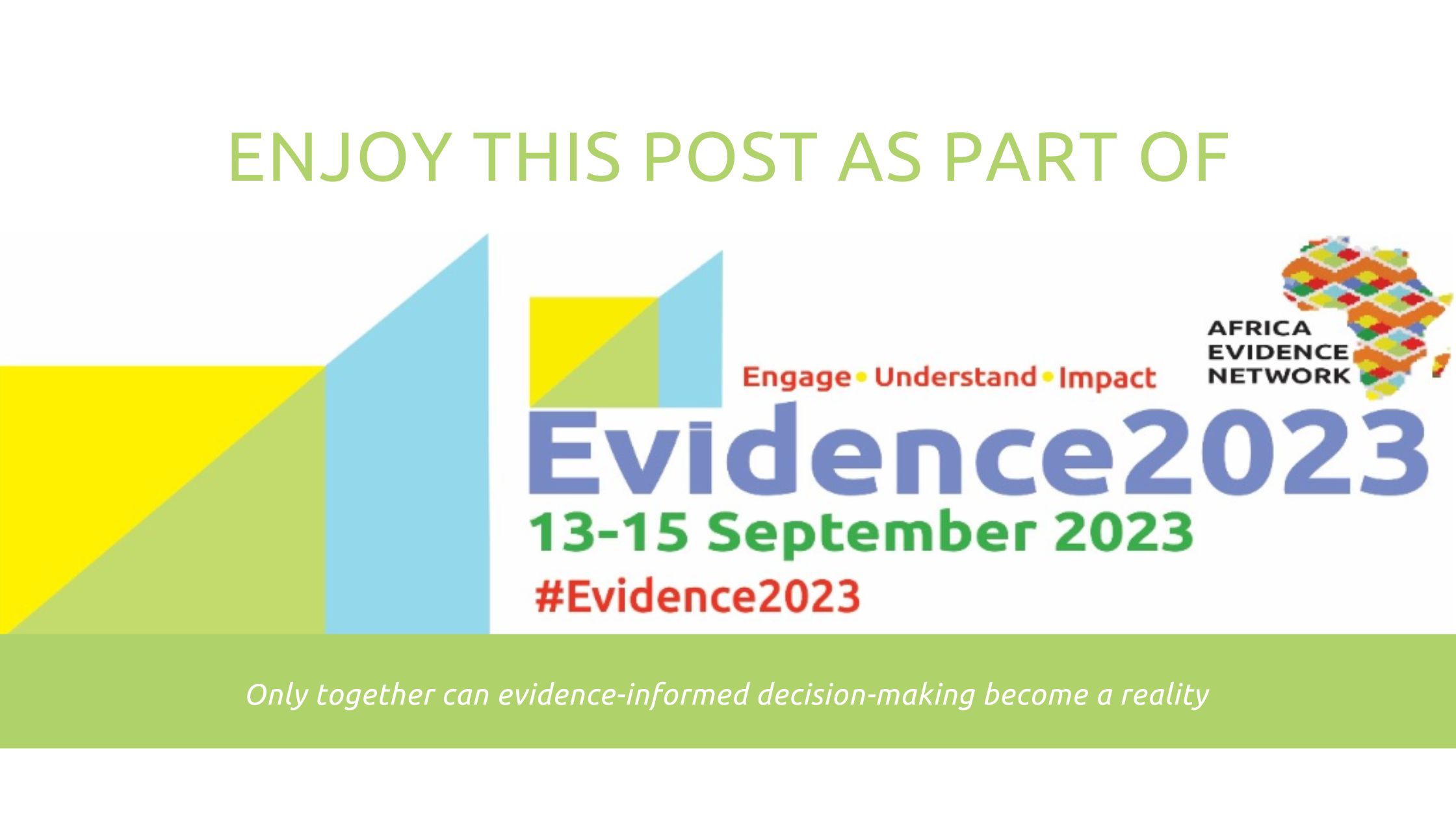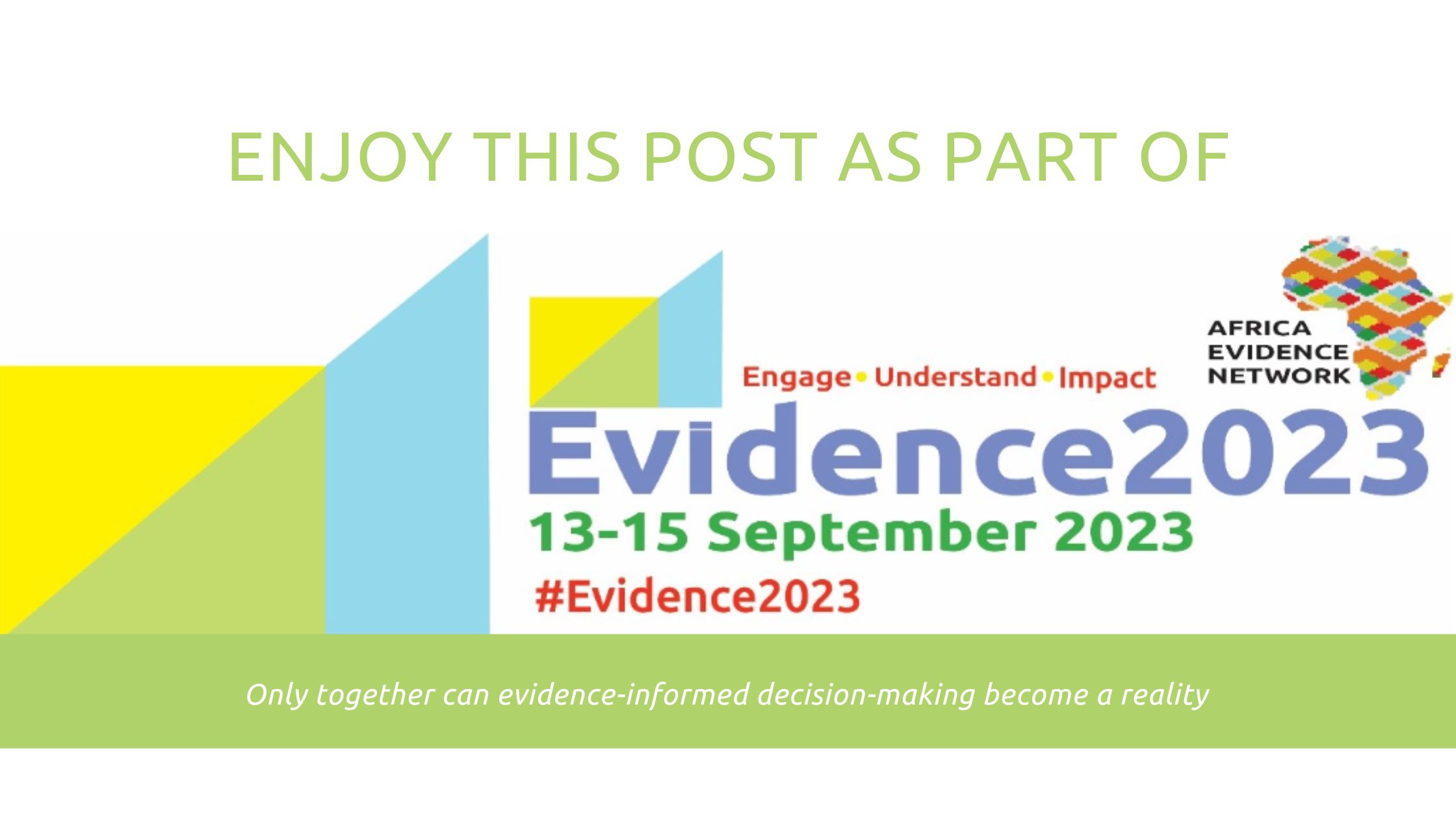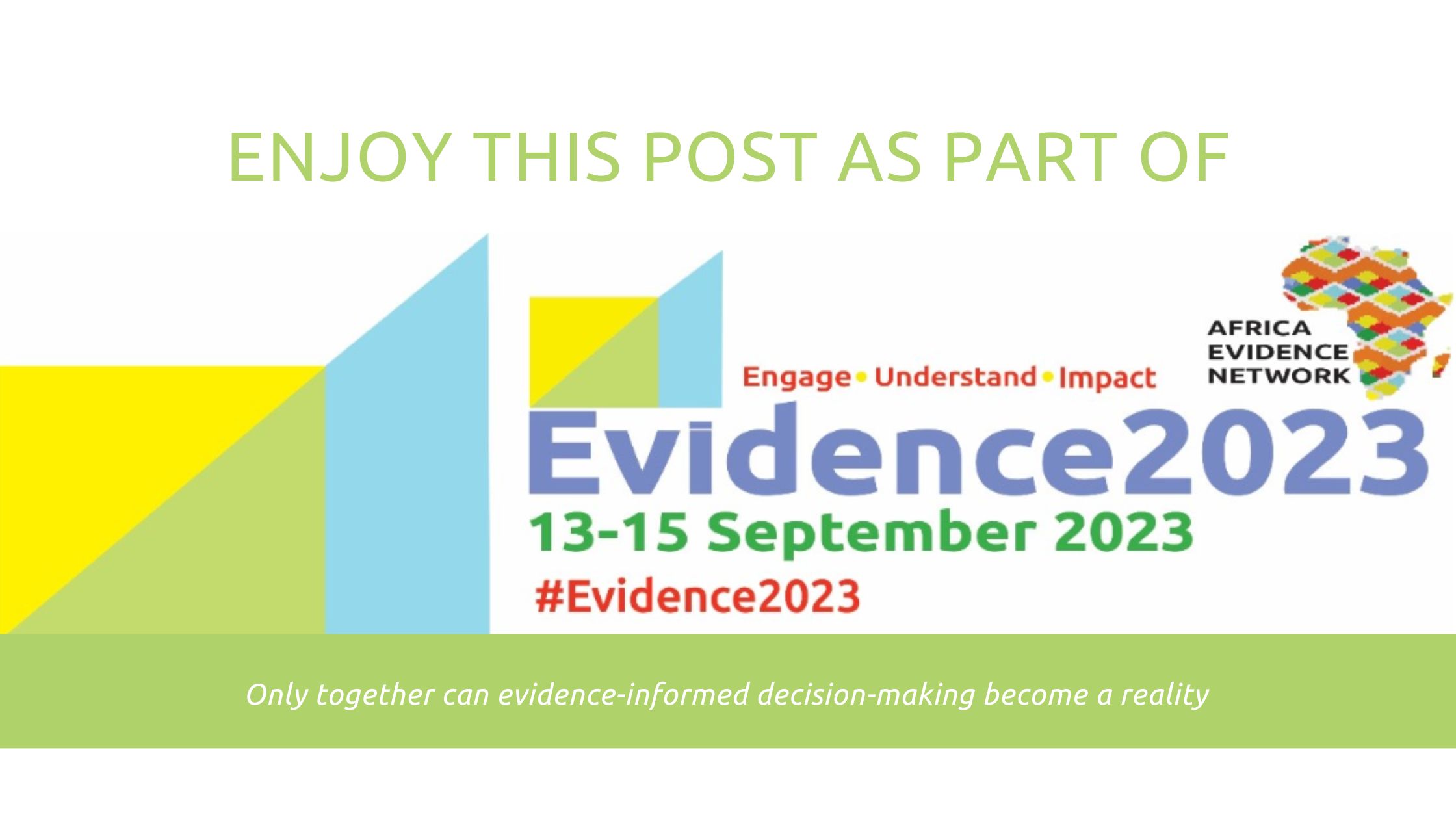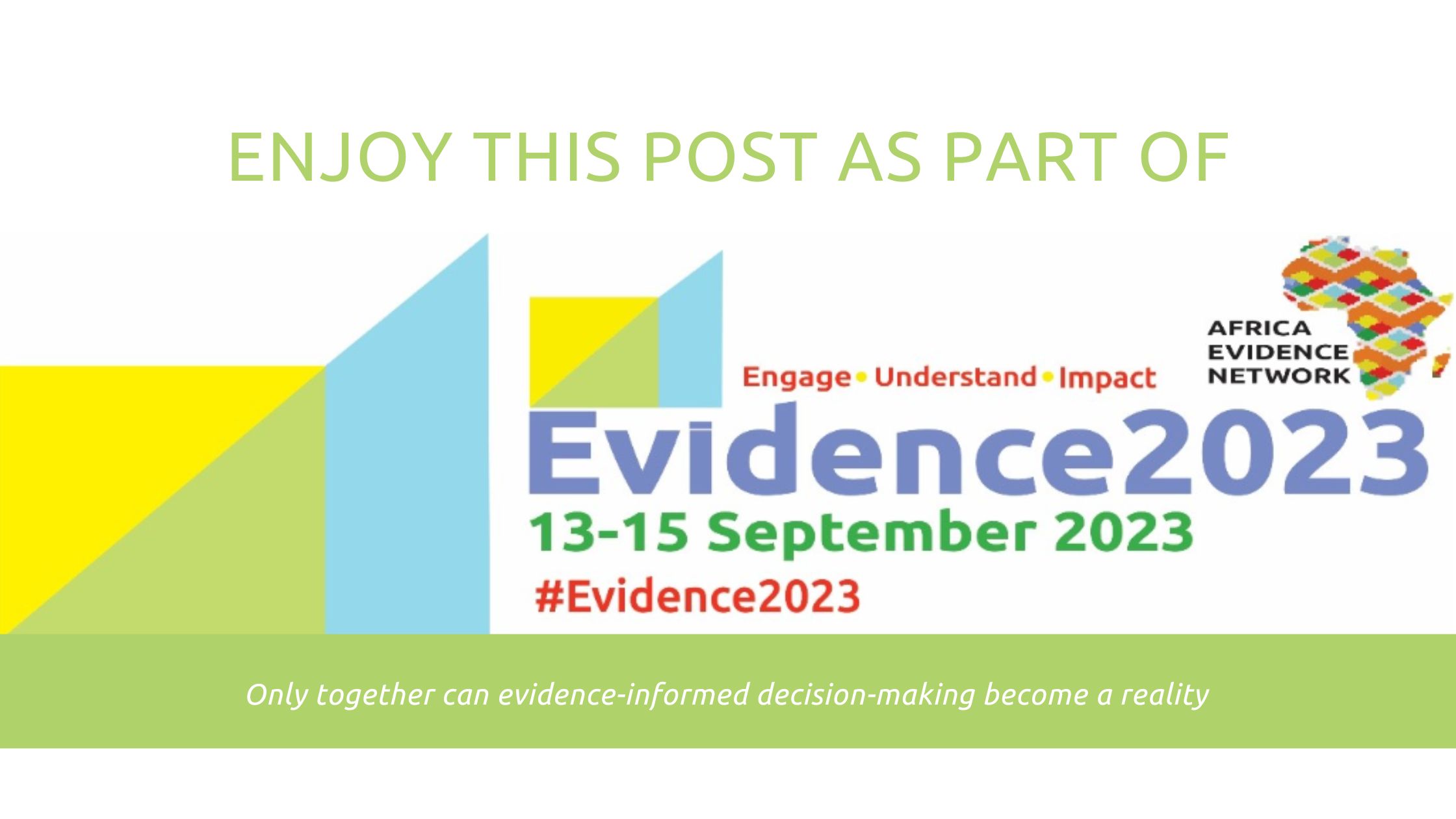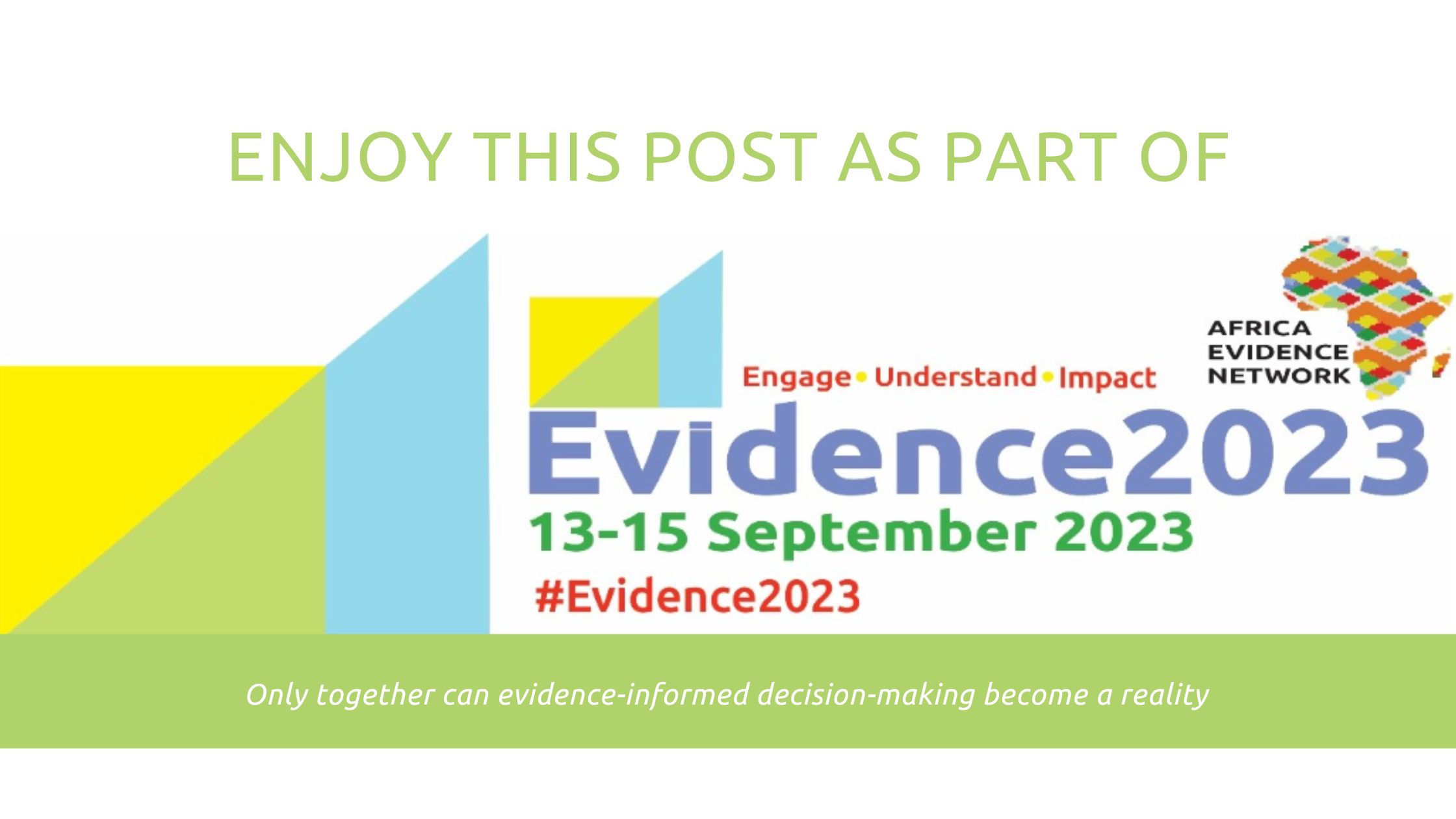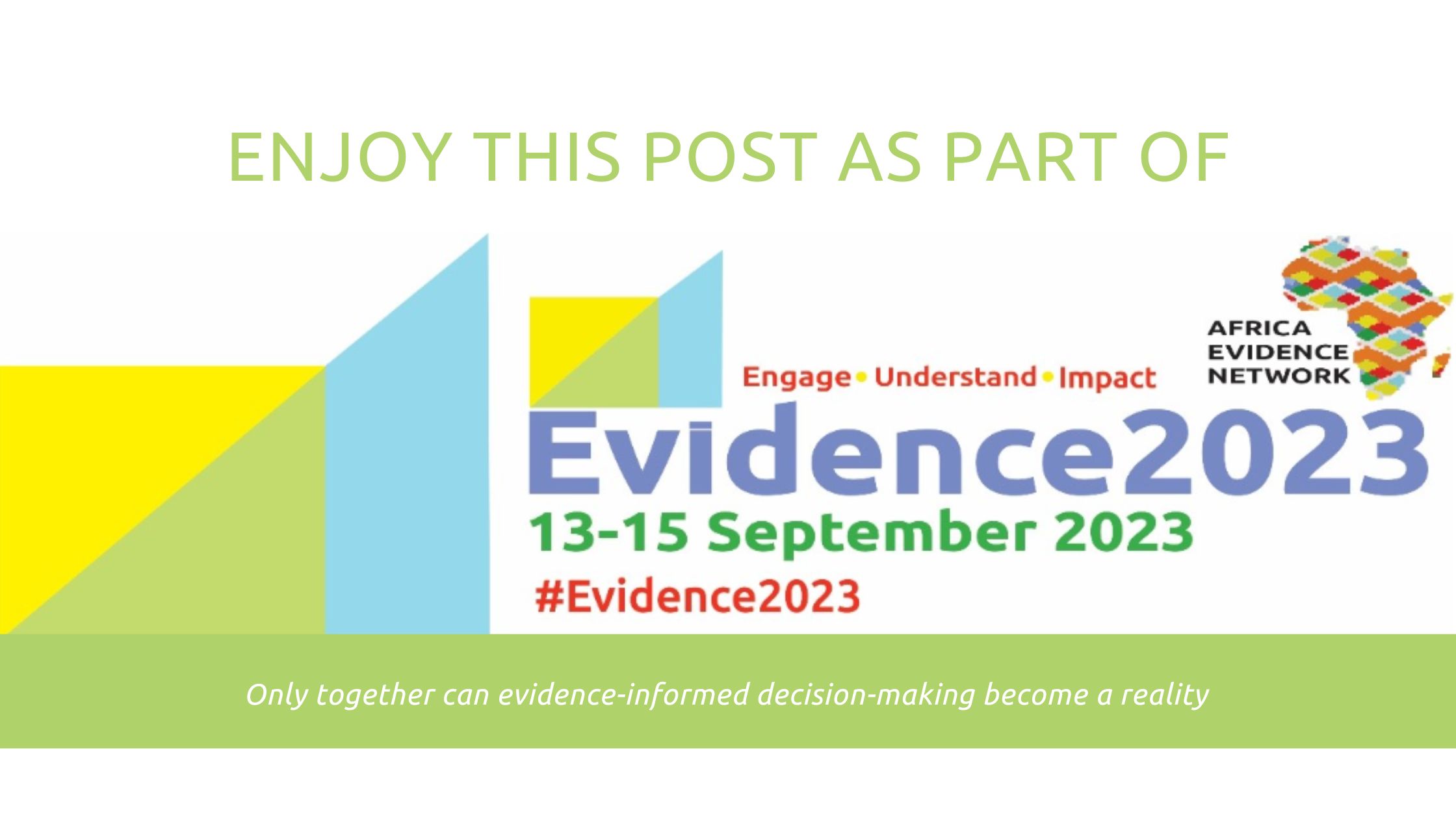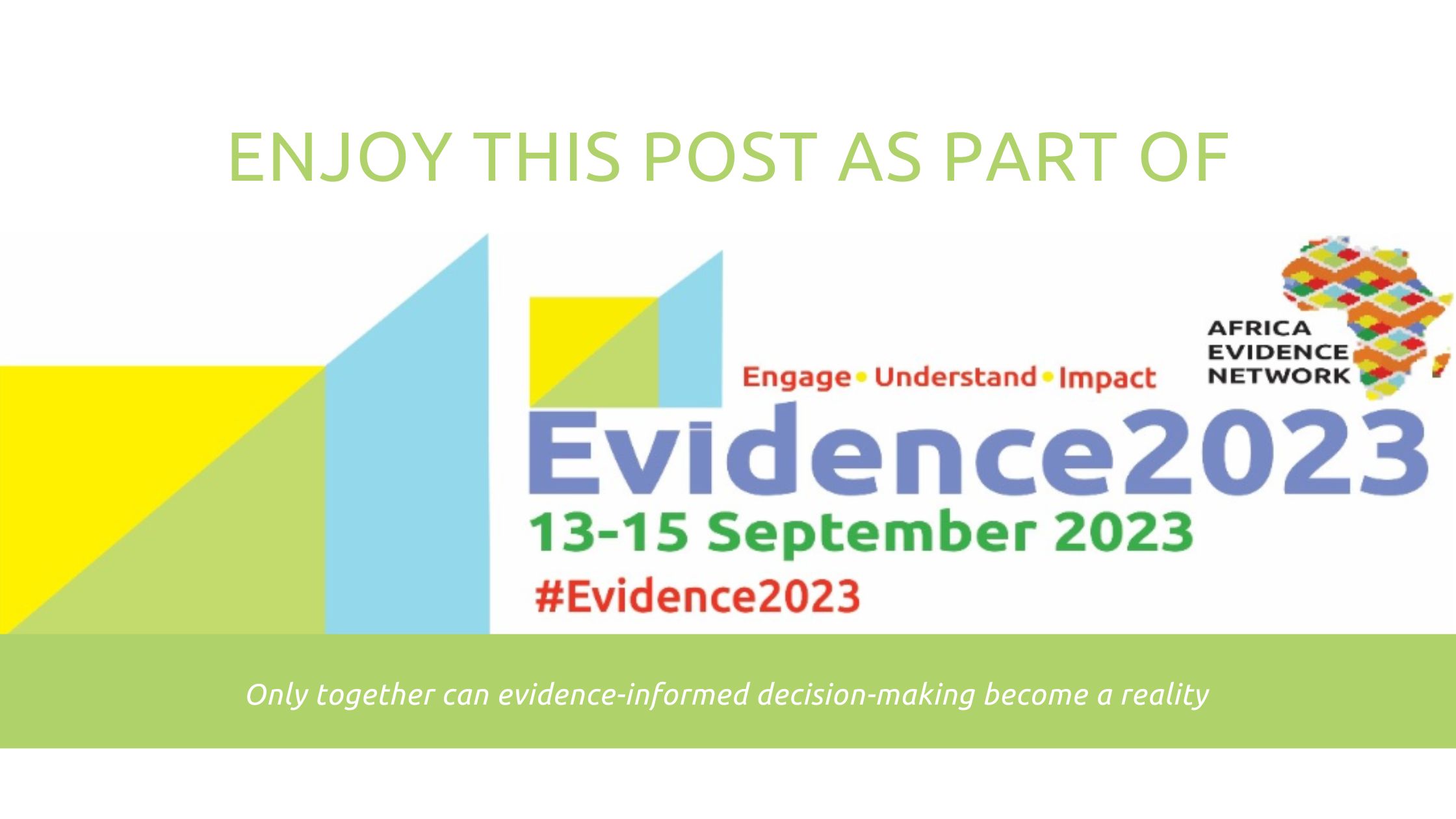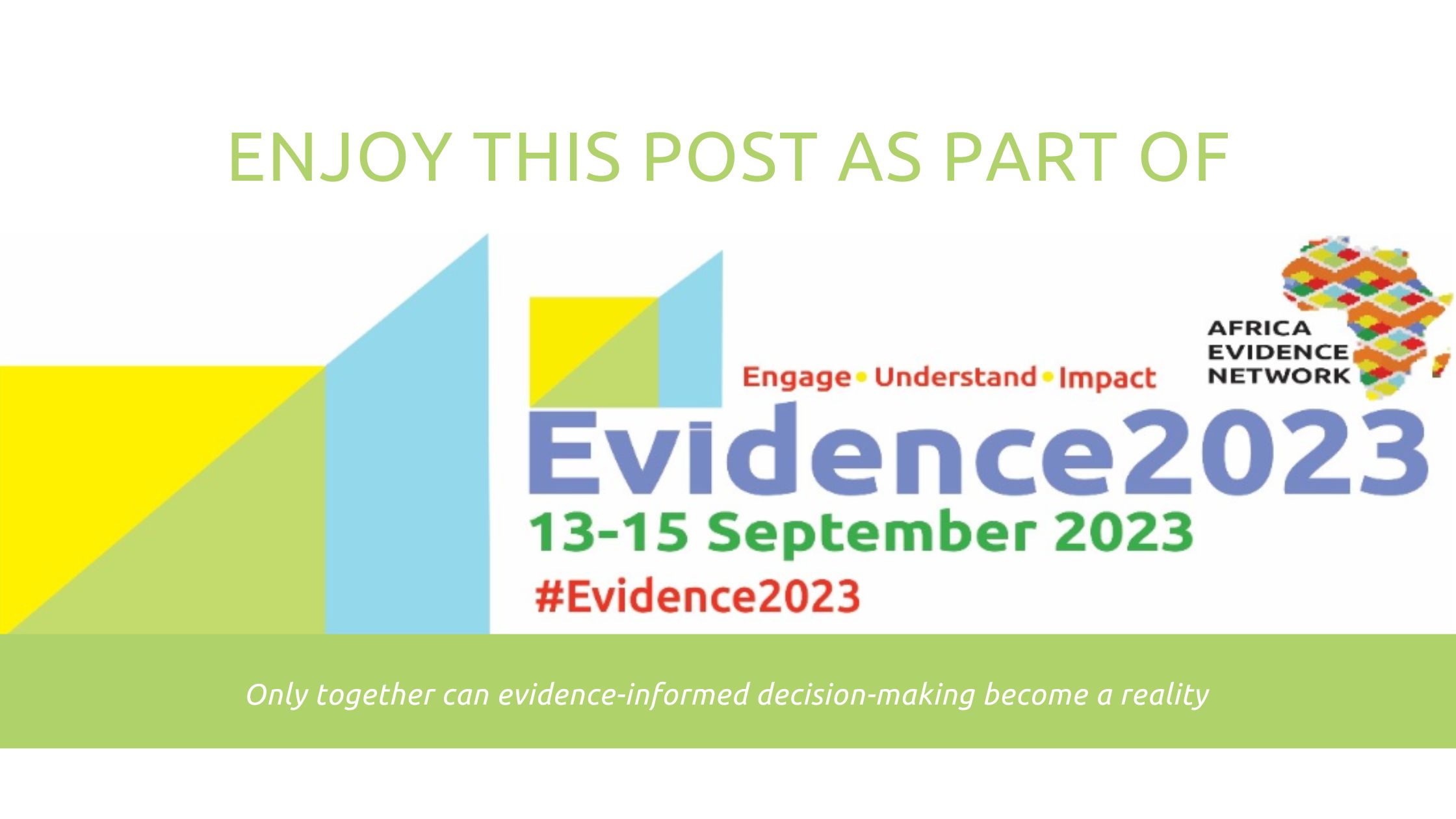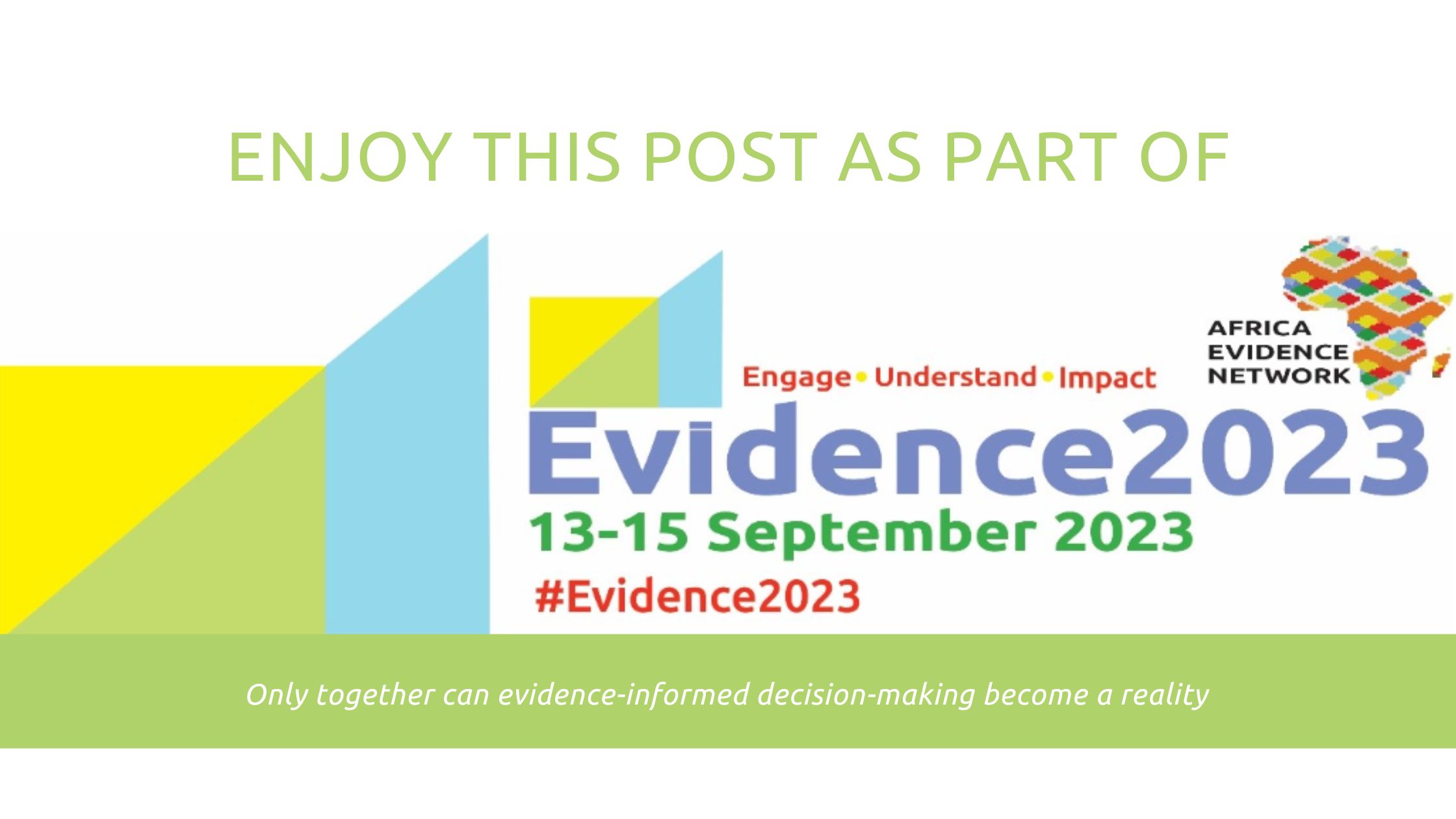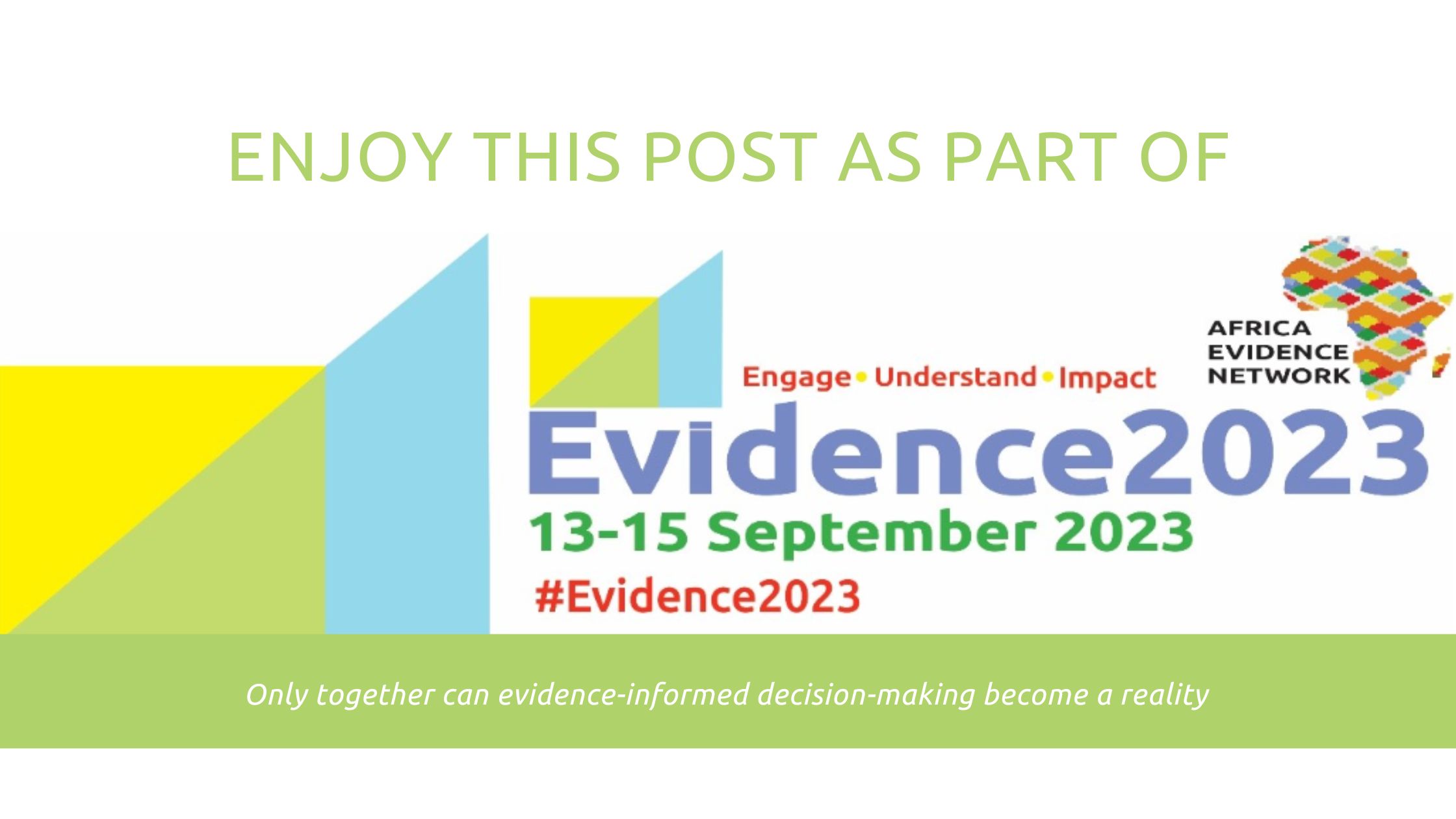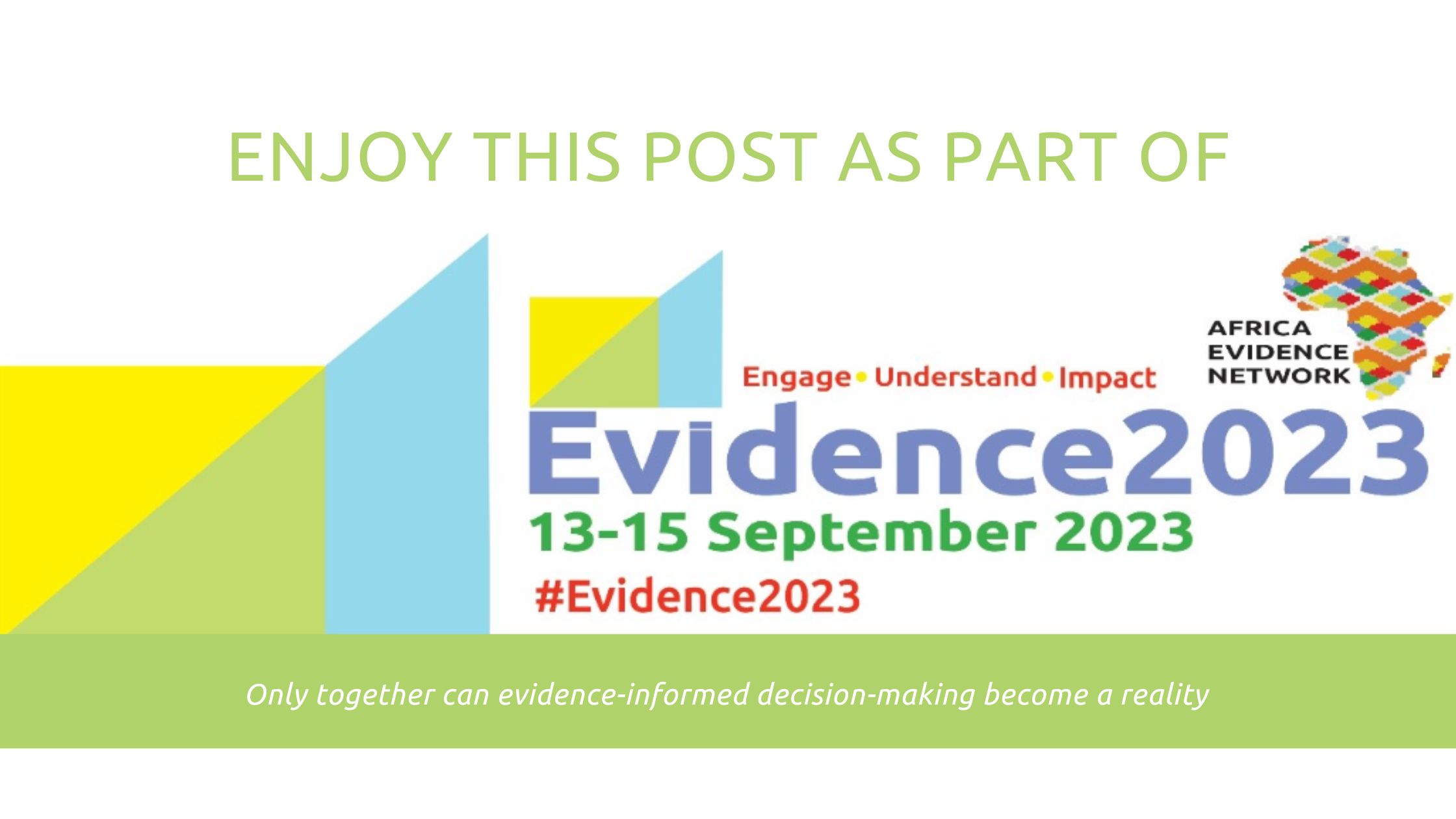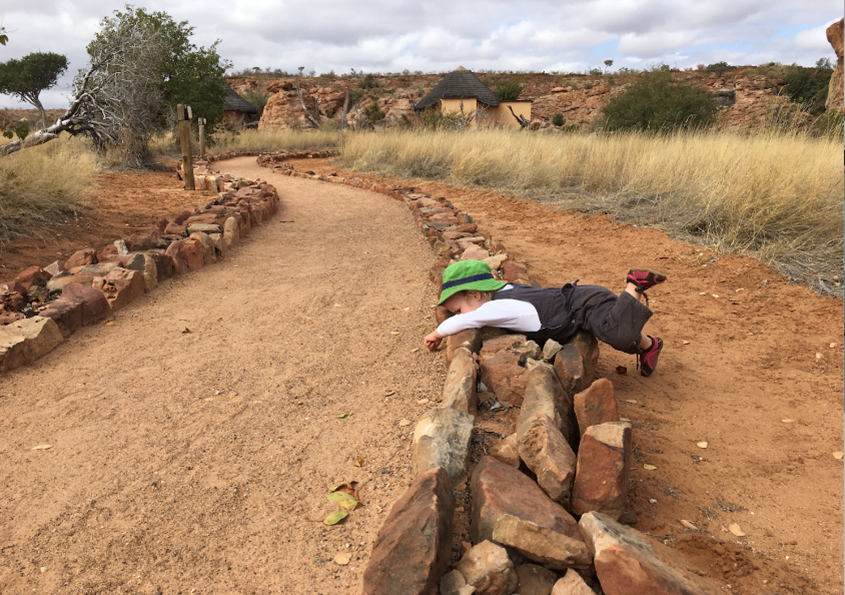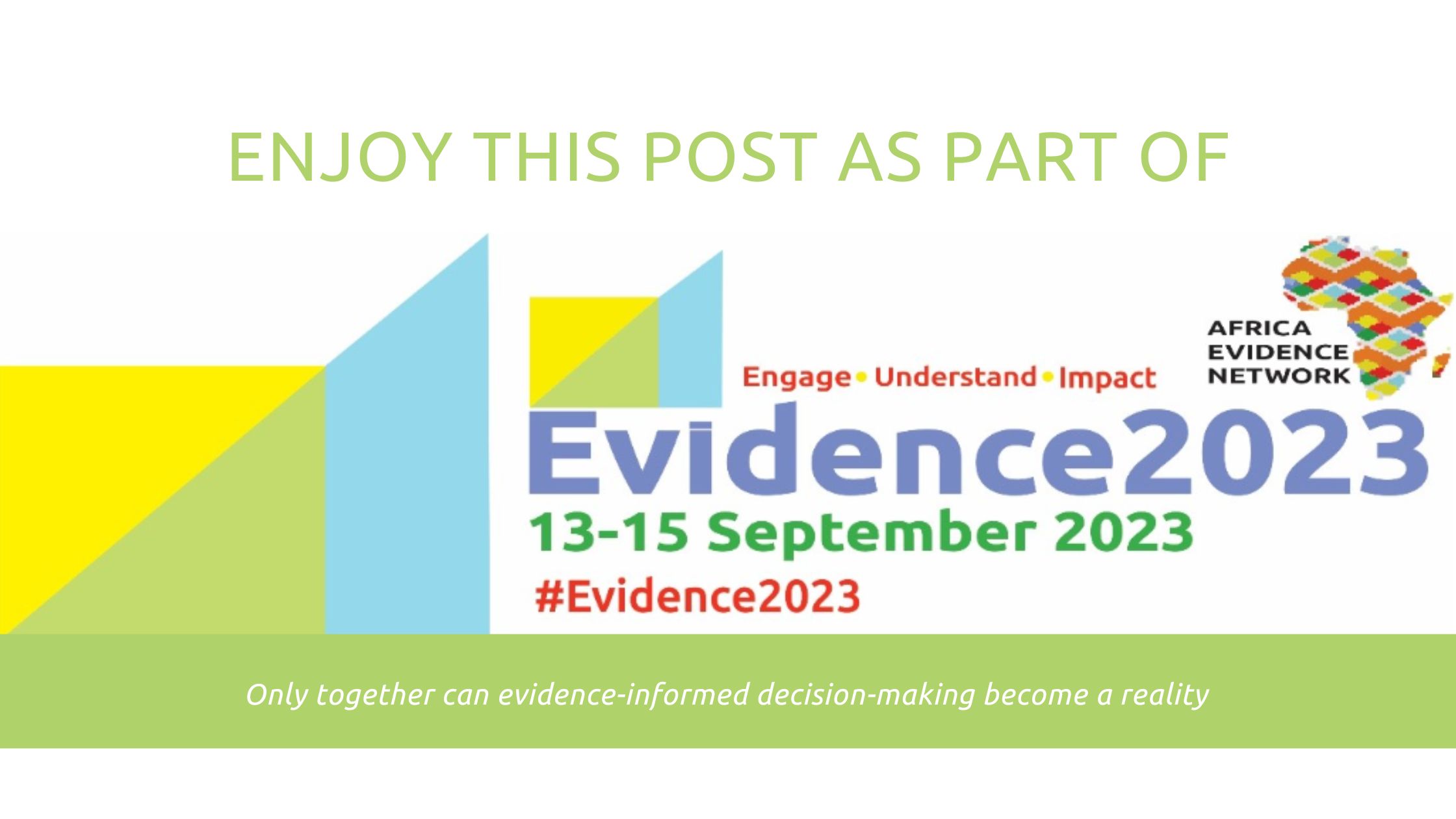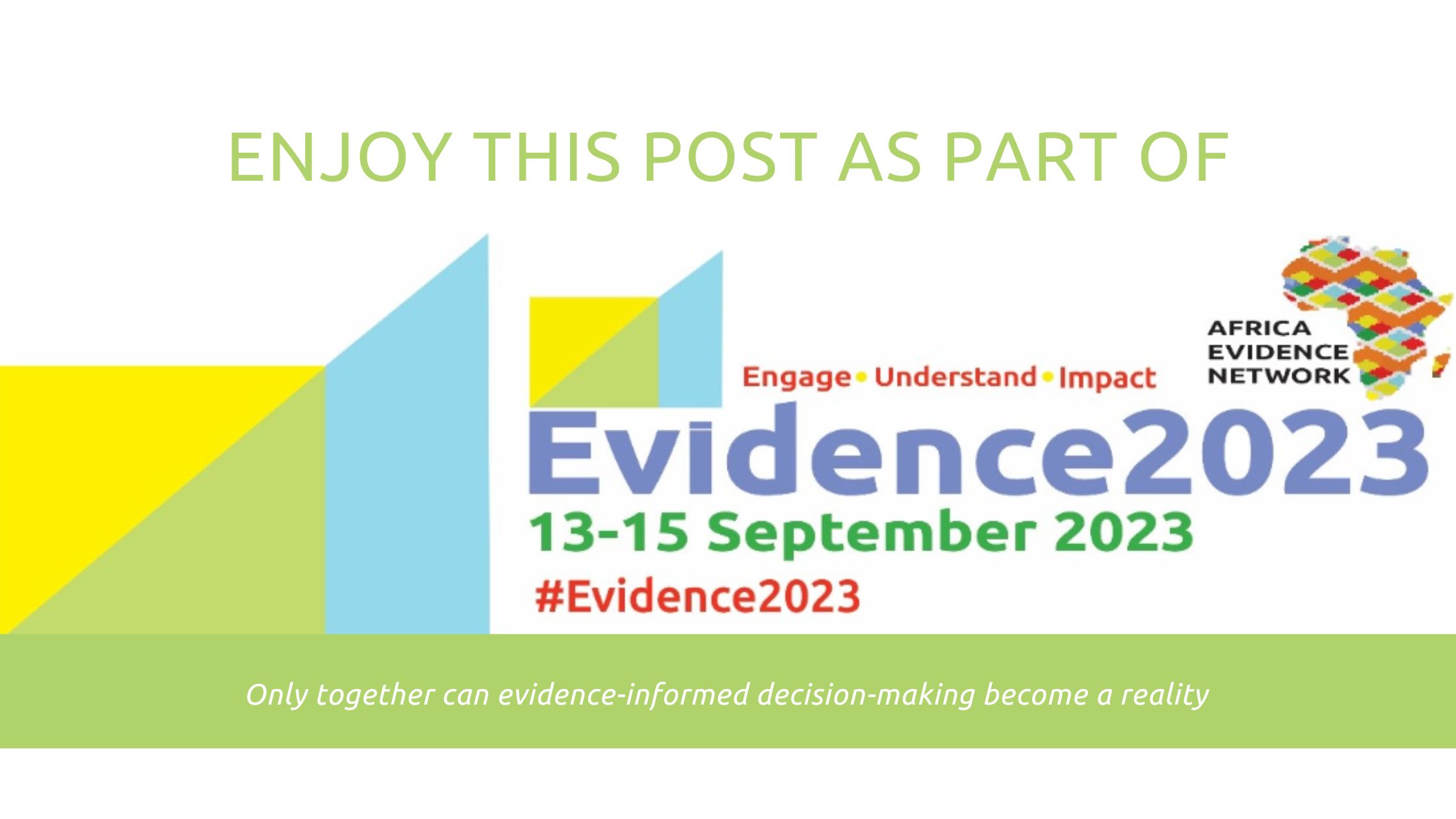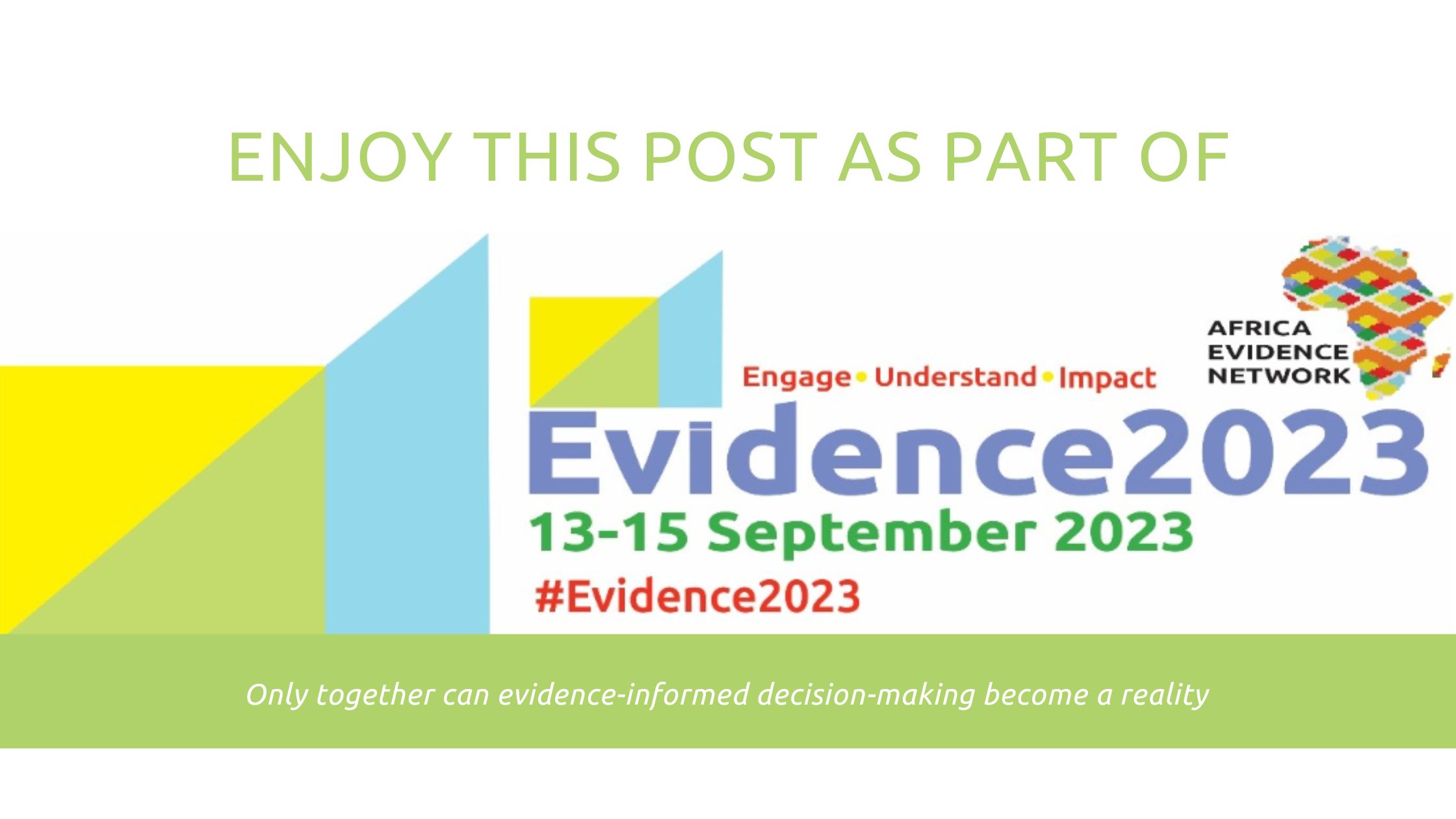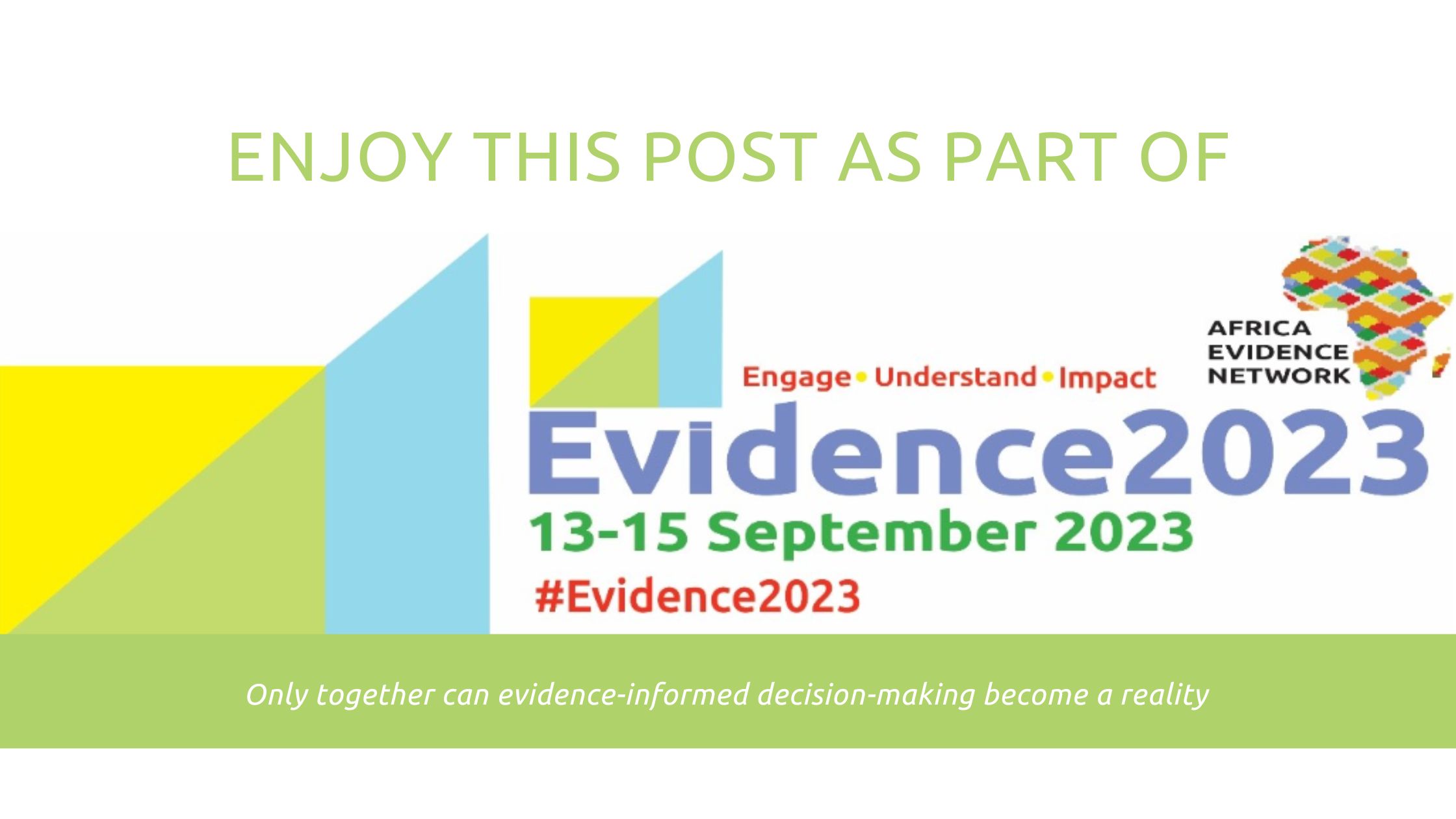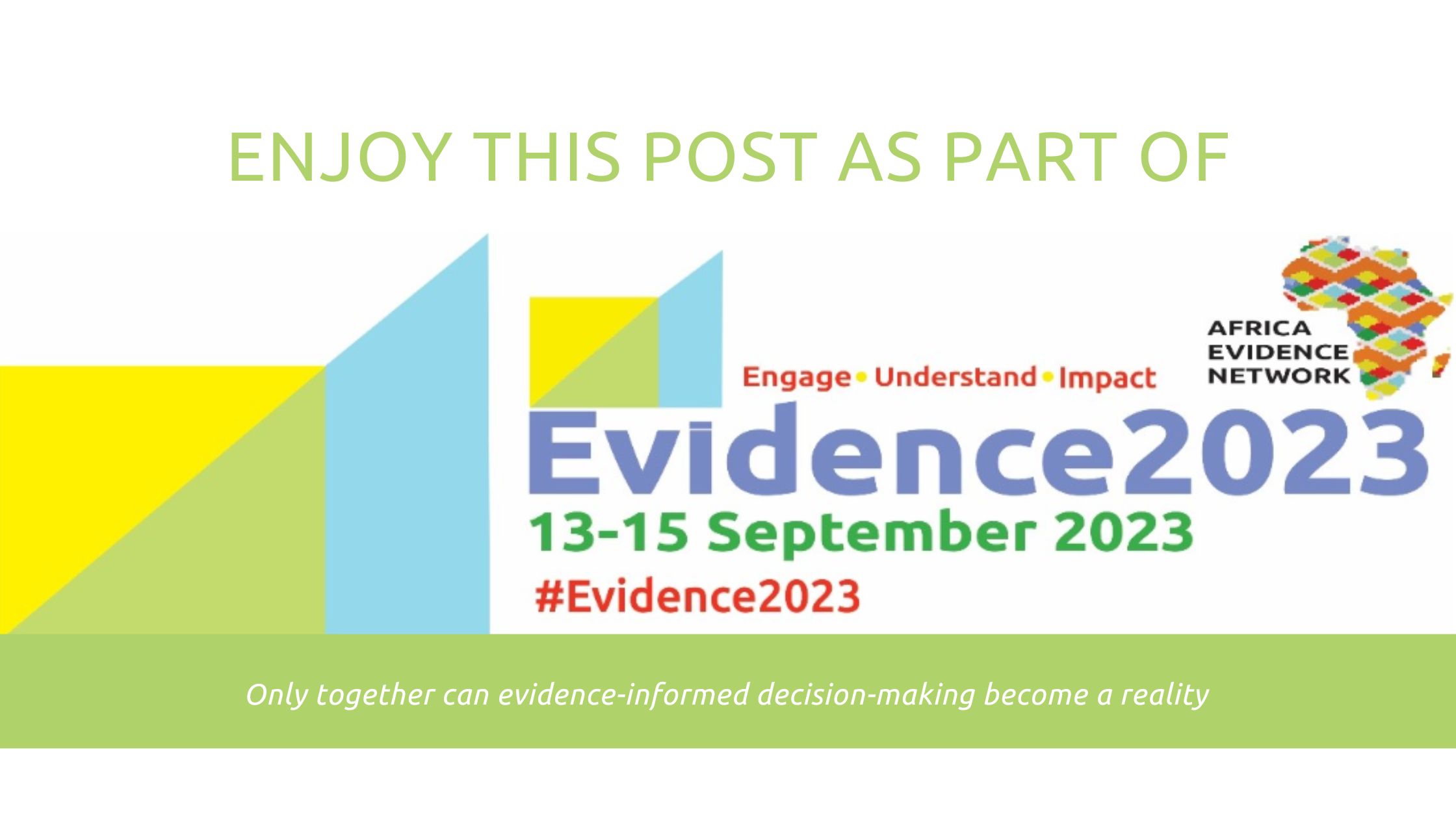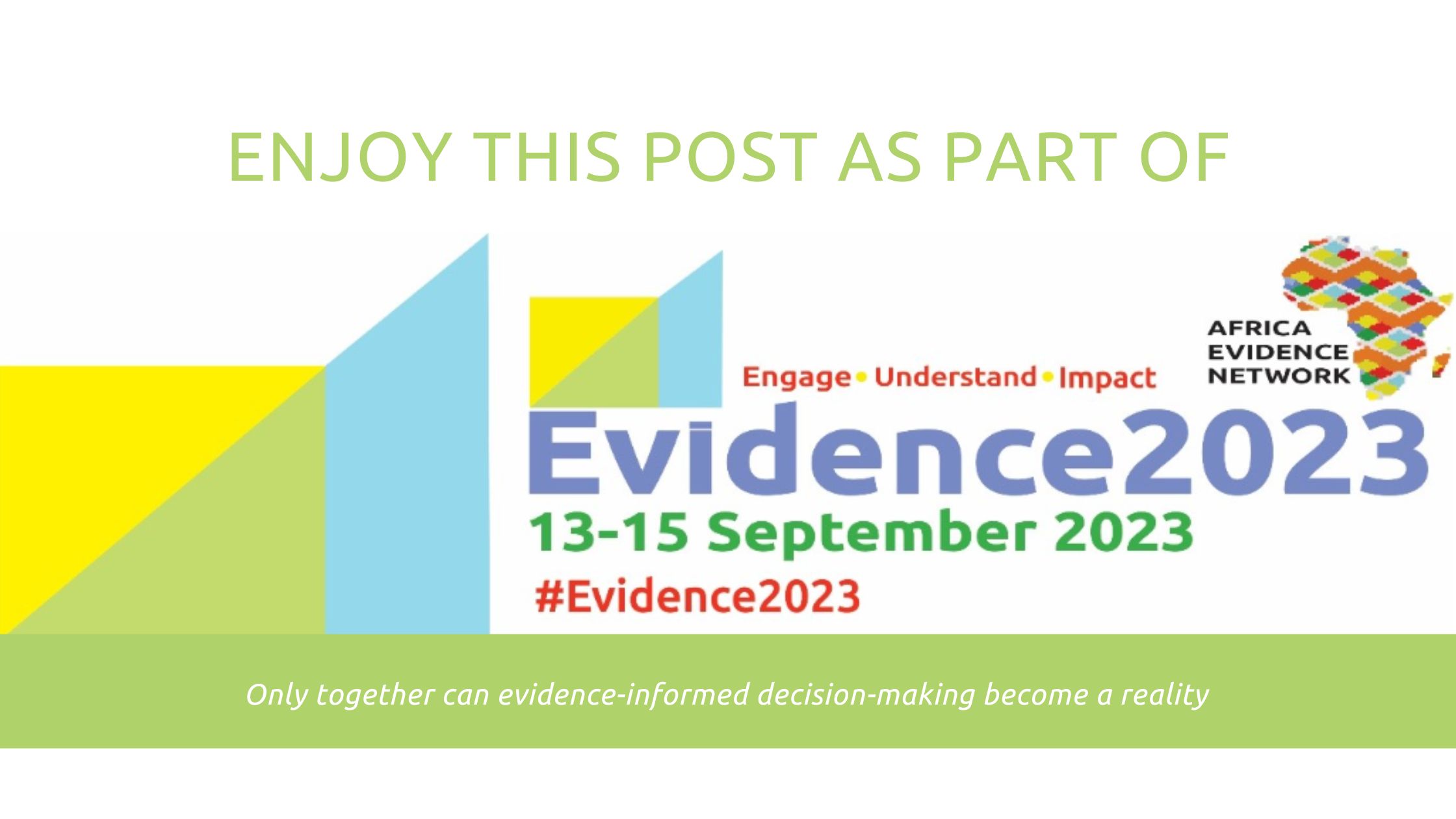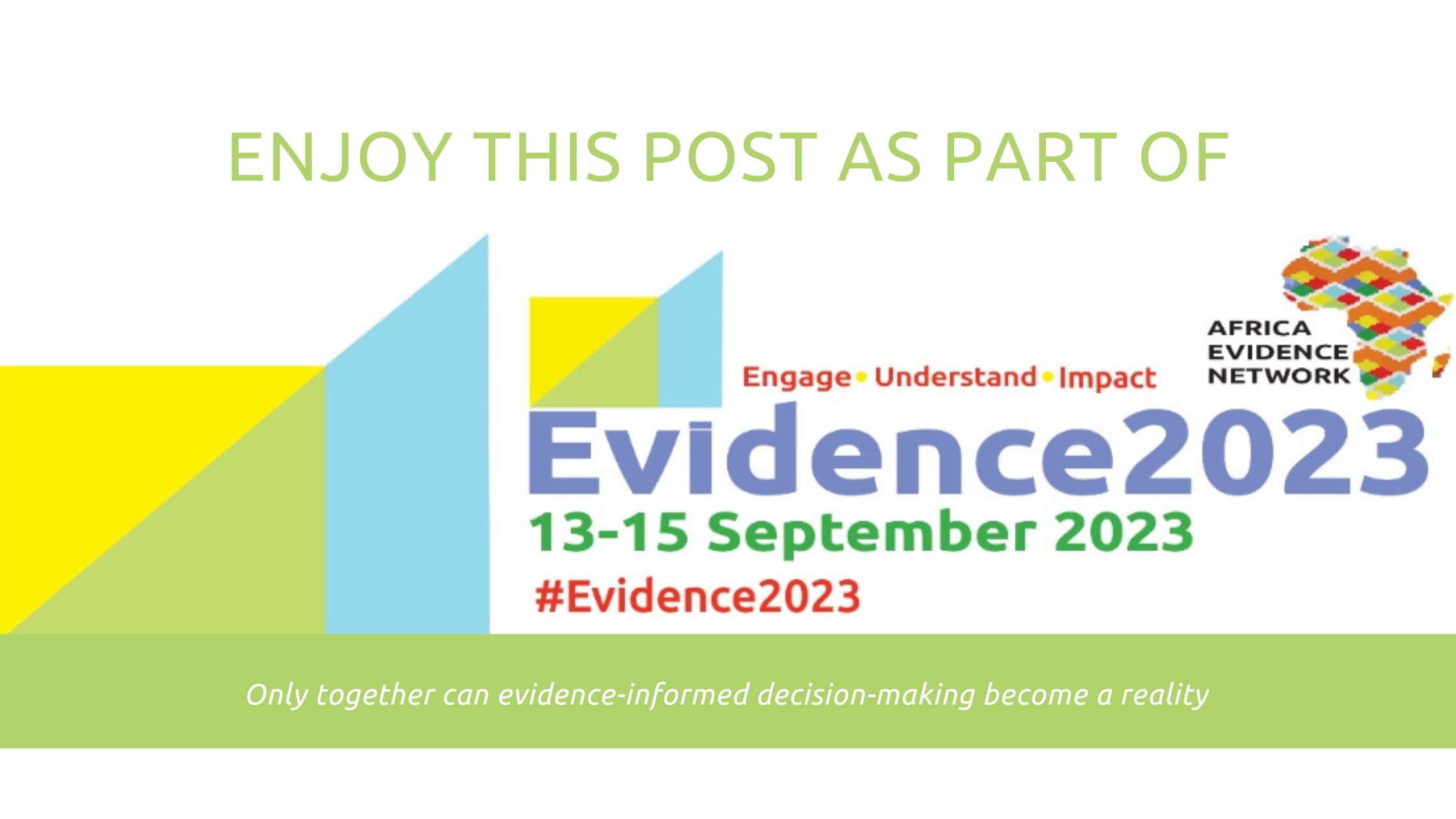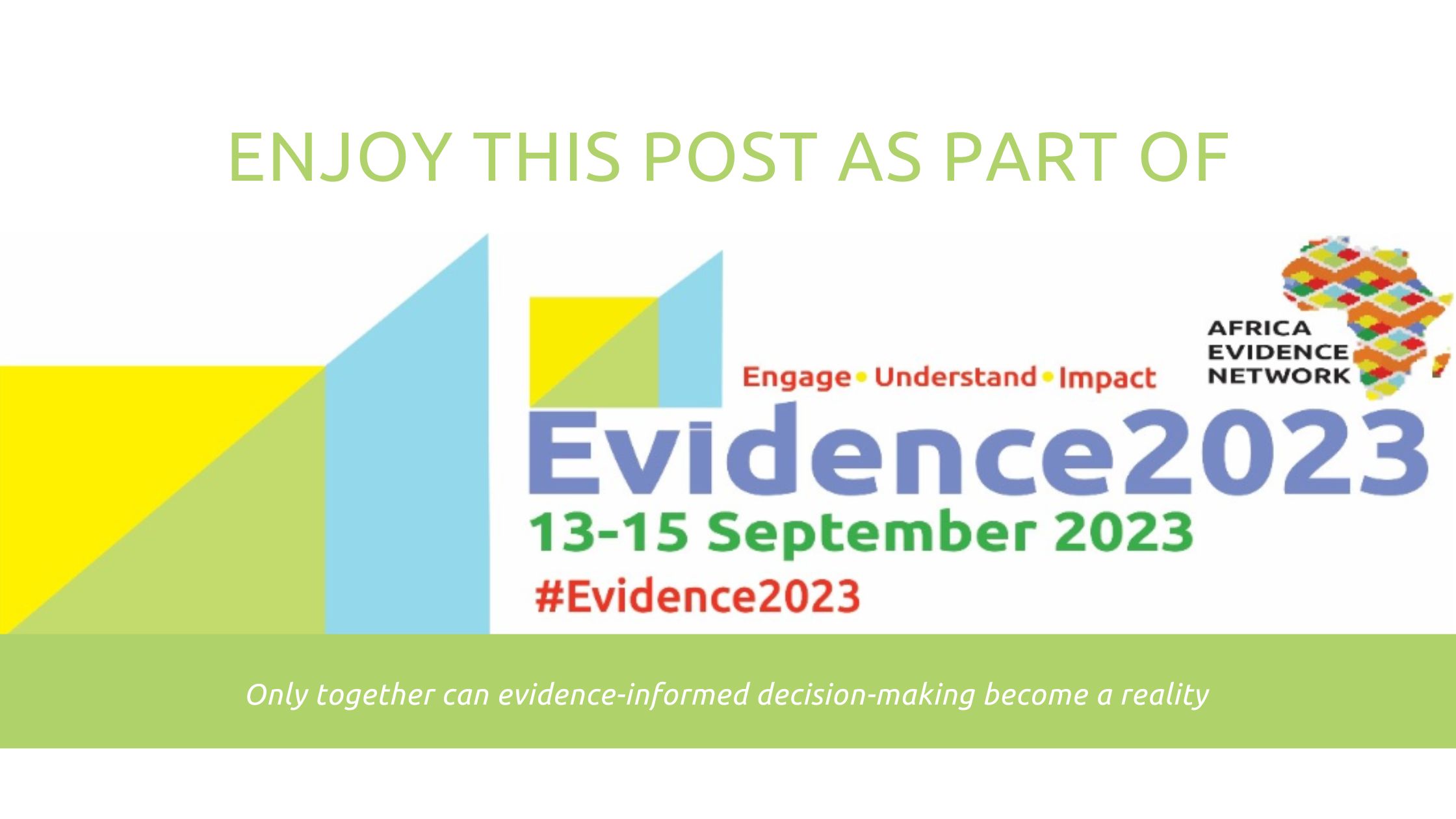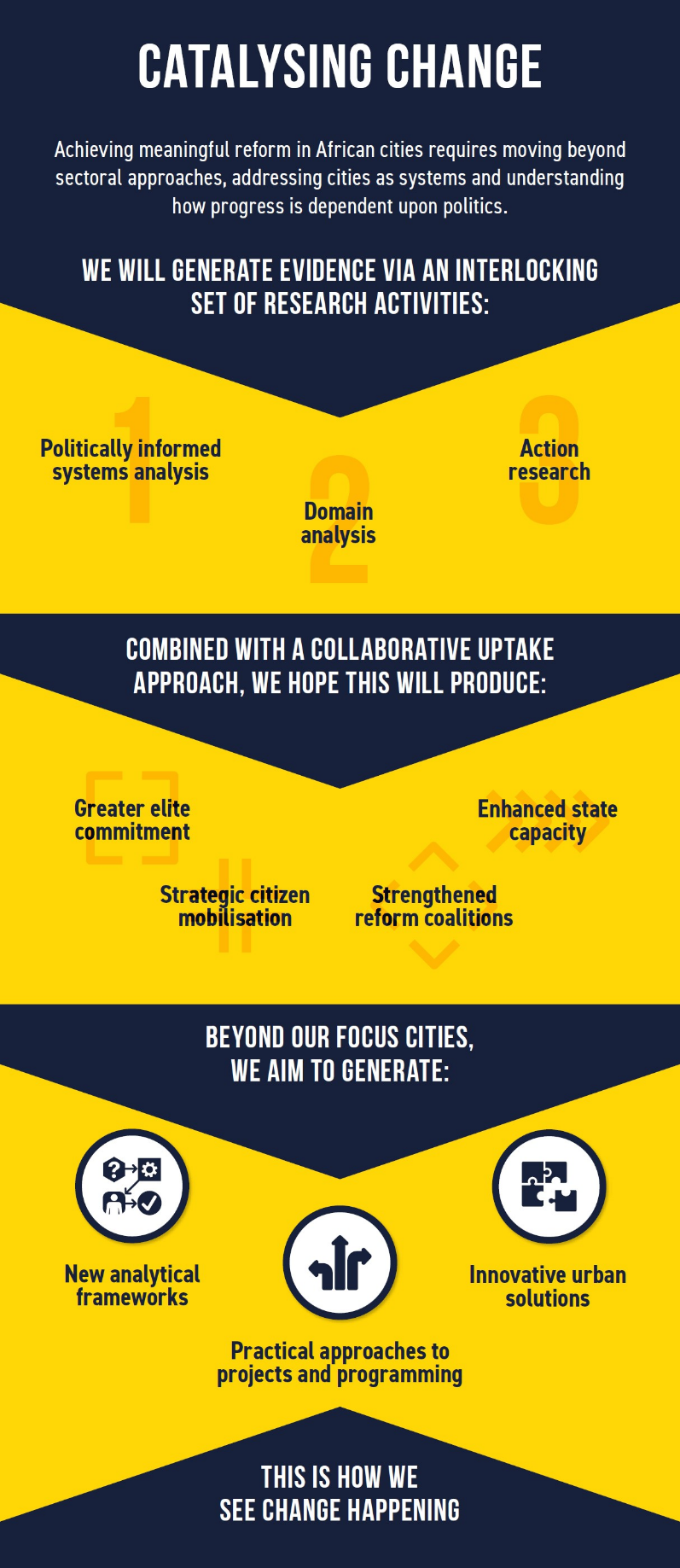
ACRC's Theory of Change: African Cities Research Consortium
African cities are experiencing rapid urbanization, with unprecedented investments in housing, infrastructure and basic services to support burgeoning populations, resulting in a myriad of complex challenges. In response, the African Cities Research Consortium (ACRC) established an association of researchers, civil society organisations and policy thinktanks to generate robust evidence across 12 African cities, designed to inform policies, practices and programmes on sustainable urban transformation in the continent. The implementation of this six-year project is in three phases – namely inception, foundation research and action research. It – aims to advance impactful solutions that will result in sustainable economic development and poverty reduction, and improved life chances and quality of life for city residents.
Cognisant that African cities are complex, dynamic and with a myriad of political contestations, ACRC adopted a thinking politically lens to analyse interrelated city systems and eight thematic areas (domains) relating to the built environment, economic and social aspects of the cities. Through co-creation and co-production process, ACRC has meaningfully engaged researchers, government agencies, development partners, civil society organisations, communities, reform coalitions, and political and business elites to generate compelling evidence in the foundation phase of the project. The evidence provides in-depth insights to understand and diagnose challenges facing the cities individually and collectively and enhance decision making by policymakers and urban reformers.
Through sustained engagement with urban reformers, and bolstered by compelling communication activities, ACRC seeks to enable uptake of evidence from the foundation phase research, while responding to the aspirations of city residents and the political opportunities presented in different contexts.
To ensure knowledge and evidence is responsive to policy needs, ACRC has embarked on the following initiatives:
First, the politically informed systems analysis provides intriguing insights into the nature of political interests and the interrelatedness of issues under investigation. This is an integral facet in the identification of existing gaps, possible opportunity windows, and priorities of the ruling class. Conducting political settlements analysis across ACRC cities has facilitated the generation of evidence that speaks to prevailing gaps, and has proposed viable solutions to address challenges and incentivise the political elites to buy in and support them. Subsequently, ACRC has capitalised on proposing reforms that align to government priorities, increasing the chances of successful and impactful reforms.
Secondly, adopting co-production and co-creation approaches with local communities and policymakers has facilitated the inclusion of policymakers’ input in the evidence generated from African cities, further aligning it to policy thinking and positioning it for uptake. Collaborative approaches adopted in generating and validating evidence foster a supportive environment, a sense of ownership, and trust from policymakers to accept and position evidence for uptake. Additionally, strategic identification of champions through government ministries, department, agencies or officials helps to steer both generation of evidence to fill existing gaps and the policy change process. Government entities possess strong convening power and act as connectors for collaborative action from stakeholders that adds value to the evidence and catalyses the process of change. For ACRC, anchoring the project through the Ministry of Local Government in Ghana, research department of Nairobi County, and use of thematic working groups and key champions in the city of Harare fostered successful implementation of the project, and commitment from political elites to the reforms and ownership of evidence. This in turn unlocked opportunities for evidence to contribute to several policy amendments. Evidence from ACRC has sparked debates and contributed to policy reviews, including housing policies in Accra, Nairobi and Dar es Salaam, trade policy in Nairobi and formulation of byelaws in Lilongwe city council.
Additional efforts have gone into engaging and strengthening the capacity of communities in evidence generation through Slum Dwellers International (SDI) affiliate institutions across African cities to access and use evidence to champion reforms. These include Zimbabwe Homeless People’s Federation in Harare, Muungano wa Wanavijiji in Nairobi, People’s Dialogue in Accra, Centre for Community Organisation in Lilongwe and Informal Settlement Federation in Nigeria.
Thirdly, adopting a reiterative process of evidence generation that allows for inclusive and adaptive input from local researchers, partners and communities fosters the generation of context-relevant and responsive evidence that speaks to policy needs. Evidence from the foundation phase of ACRC has been incorporated into policy windows, such as the Freetown housing policy, and urban planning debates at the Banadir Regional Administration Area of Mogadishu. Opening up feedback loops in the generation of evidence safeguarded exploitation of emergent opportunities and anticipation of future policy needs based on projections, thus ensuring the robustness and longevity of evidence. Of key interest to ACRC is the meaningful engagement of community voices in the conversation with researchers and policymakers. This accords communities the standing, legitimacy and confidence to continue the conversations long after the project, and to keep pushing for desired policy change.
Fourthly, packaging evidence in formats that are appealing to policymakers, such as short policy briefs, infographics, short videos, stories of impact and media advocacy, helps to attract the attention of policymakers and government elites to key challenges in African cities. Collaborations with policymakers in co-creation and co-production further augment the messaging, giving it a language and structure that is succinct, familiar and more engaging to policymakers and prevailing policy needs.
Lastly, nurturing long-term change processes and relationships for evidence use around a particular policy issue harnesses elite commitment and efforts to increase demand for, and use of, generated evidence. ACRC’s theory of change identifies a series of factors present in many previous examples of transformative and sustainable urban reform. These include: strengthening the capacity of state agencies to access and use evidence; mobilising citizens through organised groupings to push for policy change; coalescing support from broad reform coalitions to advance policy change; and generating commitment from political elites for reforms. Throughout its work, the ACRC is seeking to test the relevance and border applicability of this theory of change, while nurturing its constituent parts.
The preconditions facilitate built-up traction around a policy issue, subsequently drawing attention of policymakers to emerging evidence, so that they can address amplified voices from multiple sources. Once tested across several contexts, this theory of change could be improved and adapted to other African cities.
Informed by the foundation phase research, the project seeks to implement action research programmes in at least five African cities. These programmes will reduce the prevalence of identified problems, positively impacting service delivery, poverty reduction, economic development, and improving health and environmental conditions for marginalized low-income urban residents. ACRC seeks to channel pressure from citizens and reform coalitions as part of concerted efforts to drive urban reforms. Initiating programmes that understand the nature of political settlements in the city of operation and provide sectoral linkages will increase chances to address identified priority complex problems and operationalised reforms. Co-creation and co-production approaches, sustained engagement and capacity-sharing efforts will facilitate elite commitment in urban transformation processes.
Apart from generating operationally relevant knowledge in African cities, ACRC has planned for integrated approaches to achieving conceptual and instrumental outcomes during and beyond the project cycle, including changes in policy; framing urban transformation programmes; and allocation of resources and practices of urbanism. The most visible outcome would be translating evidence from ACRC into programmatic investments in urban transformation programmes to improve the lives of residents of marginalised urban communities. Additionally, the consortium seeks to disrupt prevailing frameworks for diagnosing urban challenges and proposing solutions, by introducing a scalable and replicable, politically grounded, informed systemic analysis of priority complex problems to propose sustainably viable solutions that infuse multiple pockets of change in African cities. Through its theory of change, ACRC seeks to test the proposed model and scale it up for future urban transformation initiatives.
Acknowledgements: The author(s) is solely responsible for the content of this article, including all errors or omissions; acknowledgements do not imply endorsement of the content. The author is grateful to Siziwe Ngcwabe, the content committee and the Africa Evidence Network team for their guidance in the preparation and finalisation of this article as well as their editorial support.
Disclaimer: The views expressed in published blog posts, as well as any errors or omissions, are the sole responsibility of the author/s and do not represent the views of the Africa Evidence Network, its secretariat, advisory or reference groups, or its funders; nor does it imply endorsement by the afore-mentioned parties.
